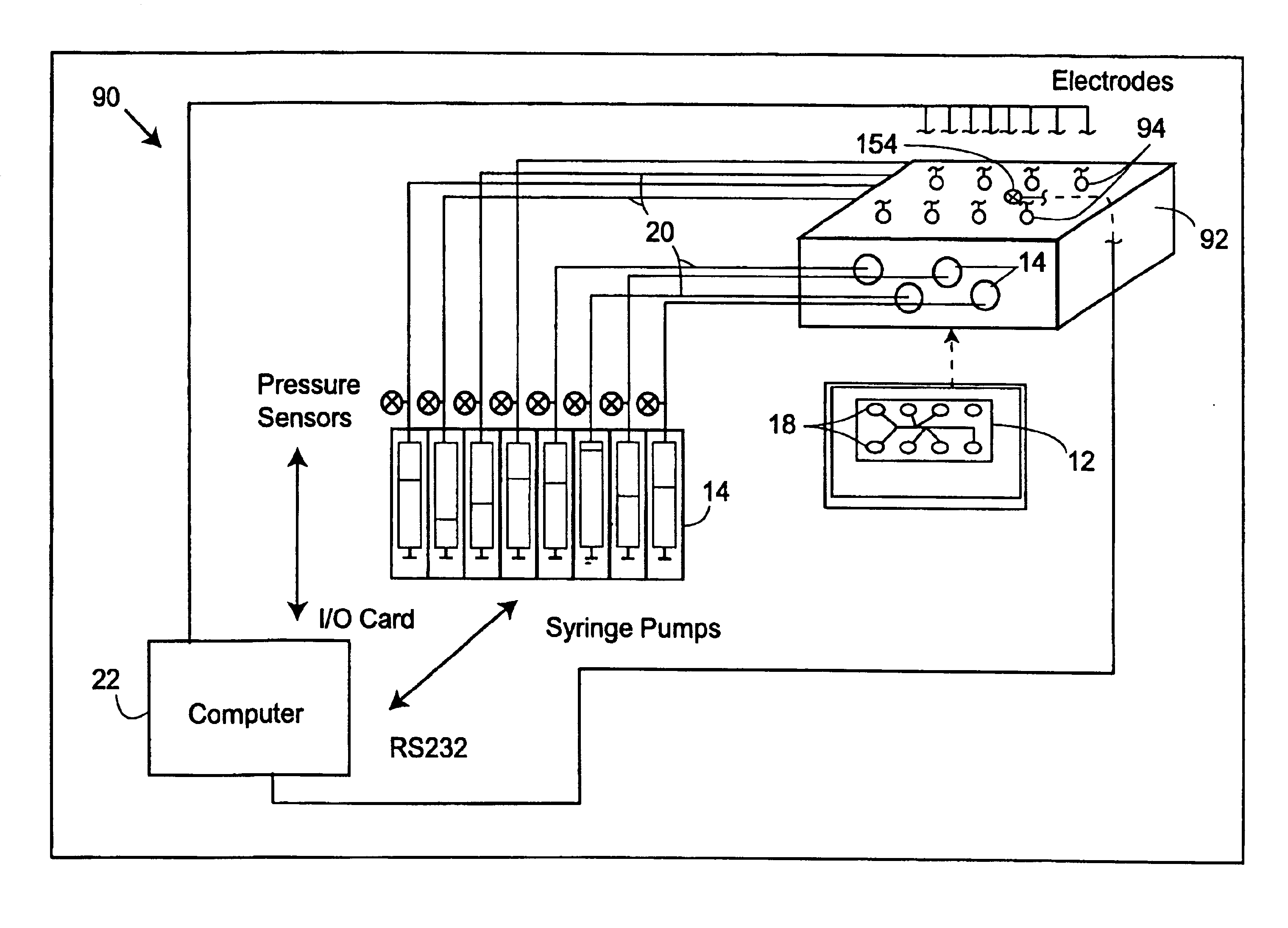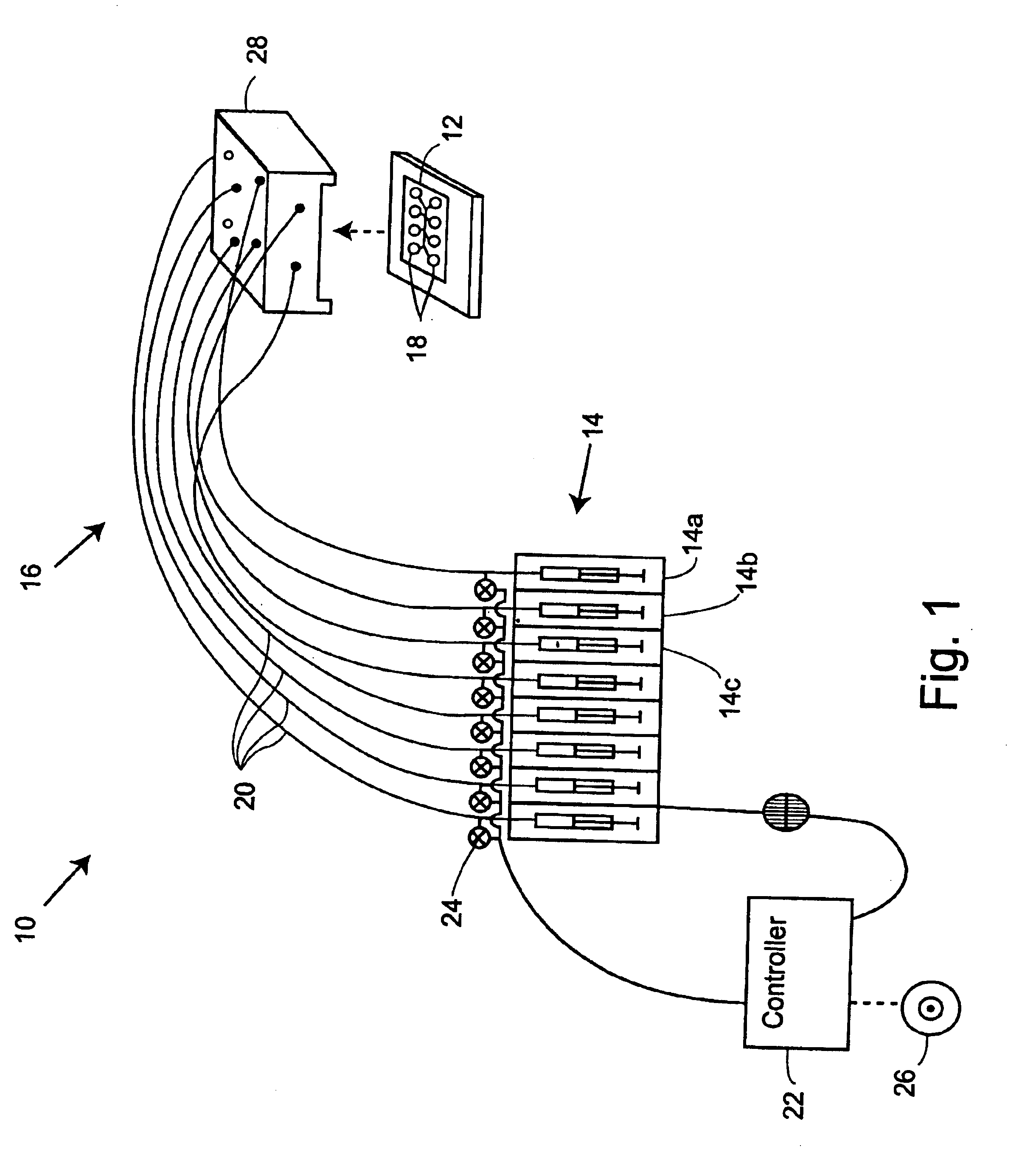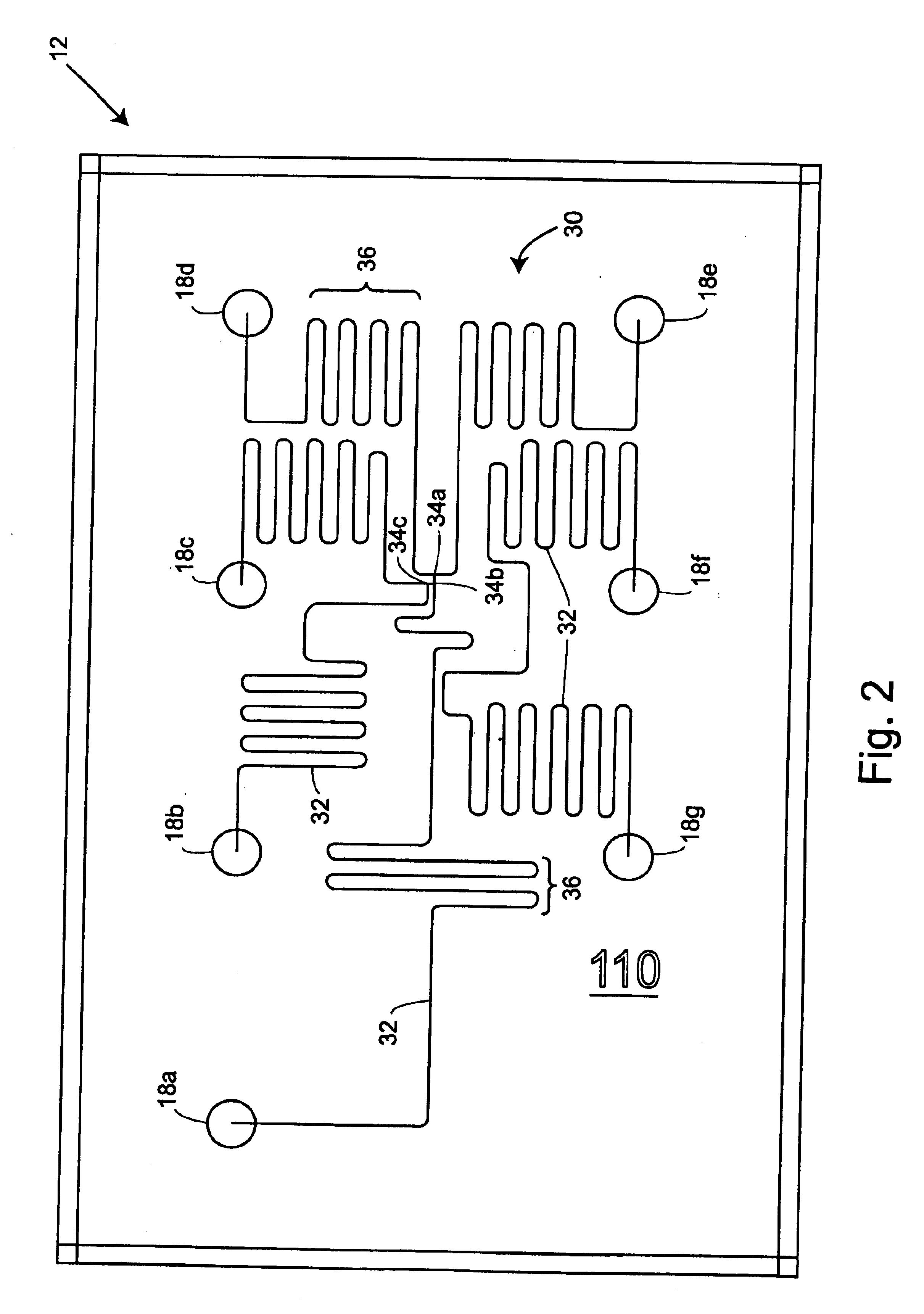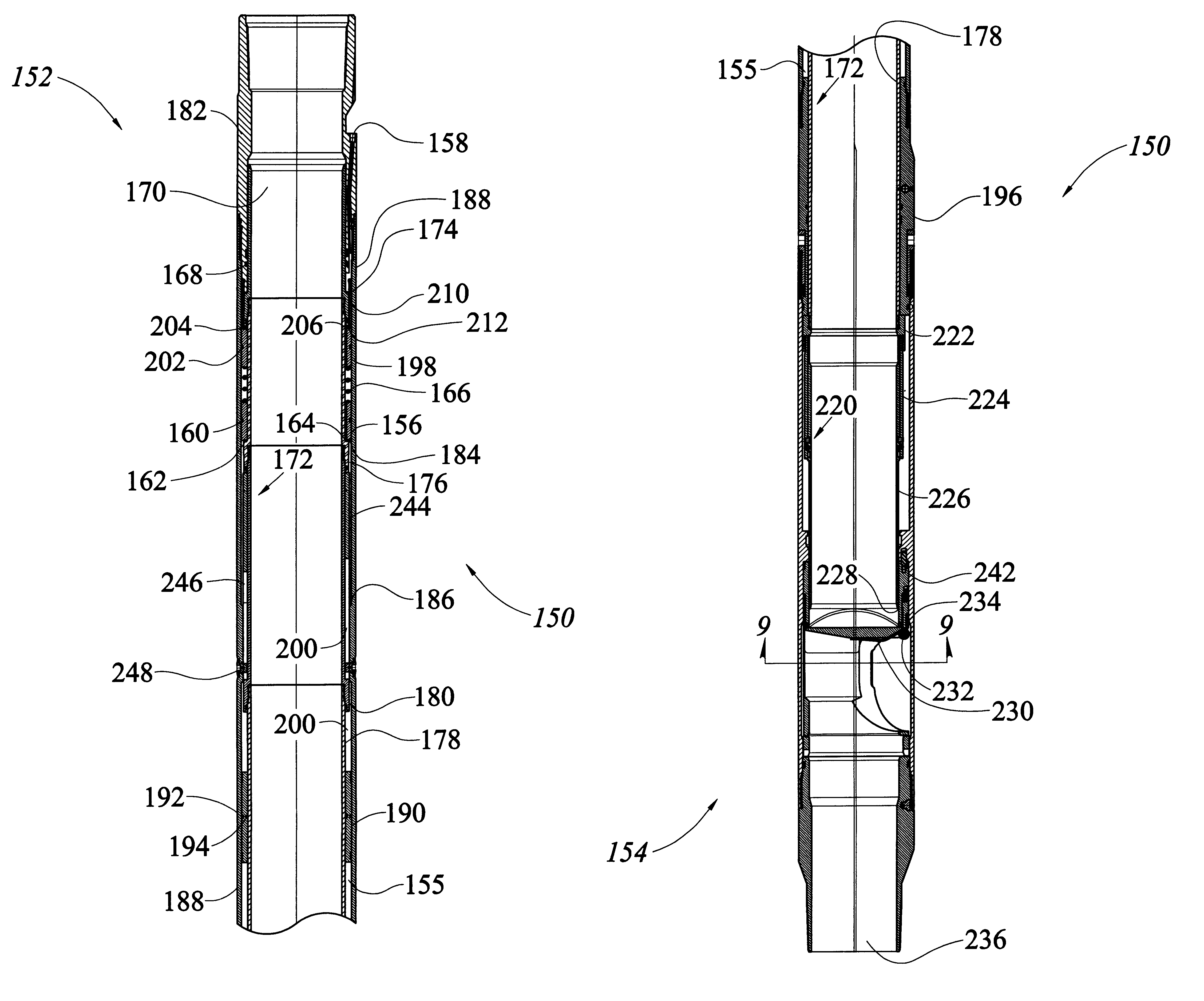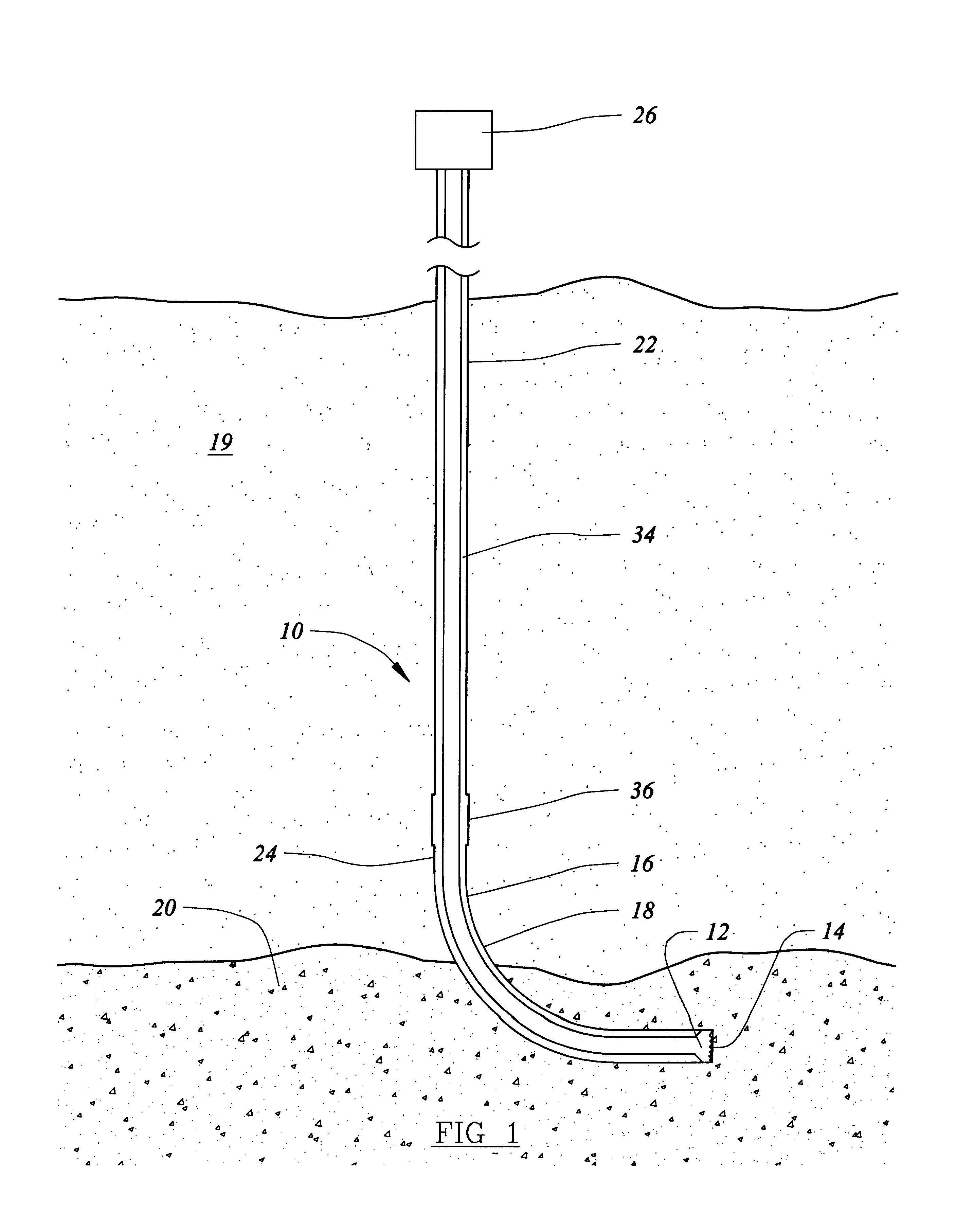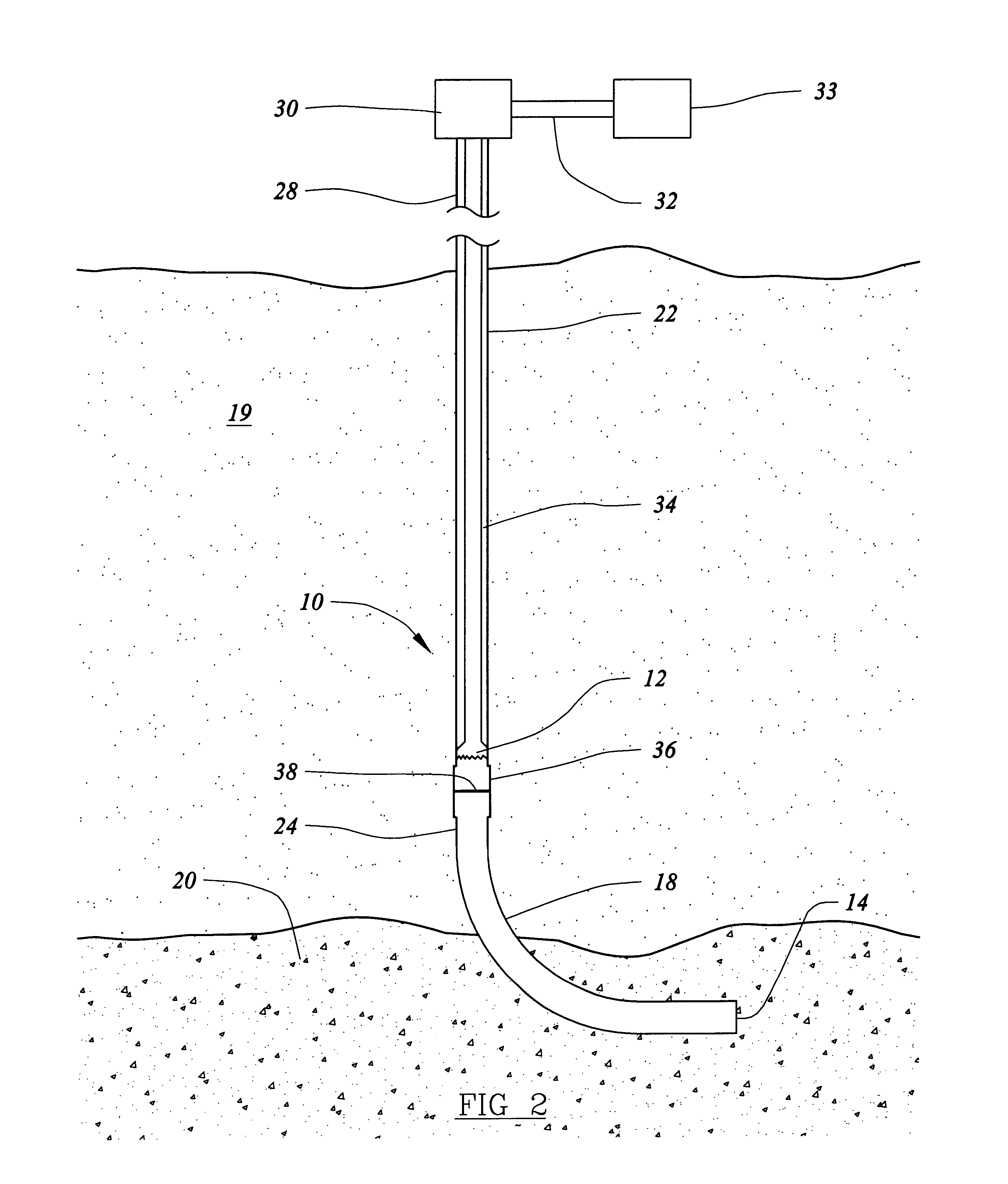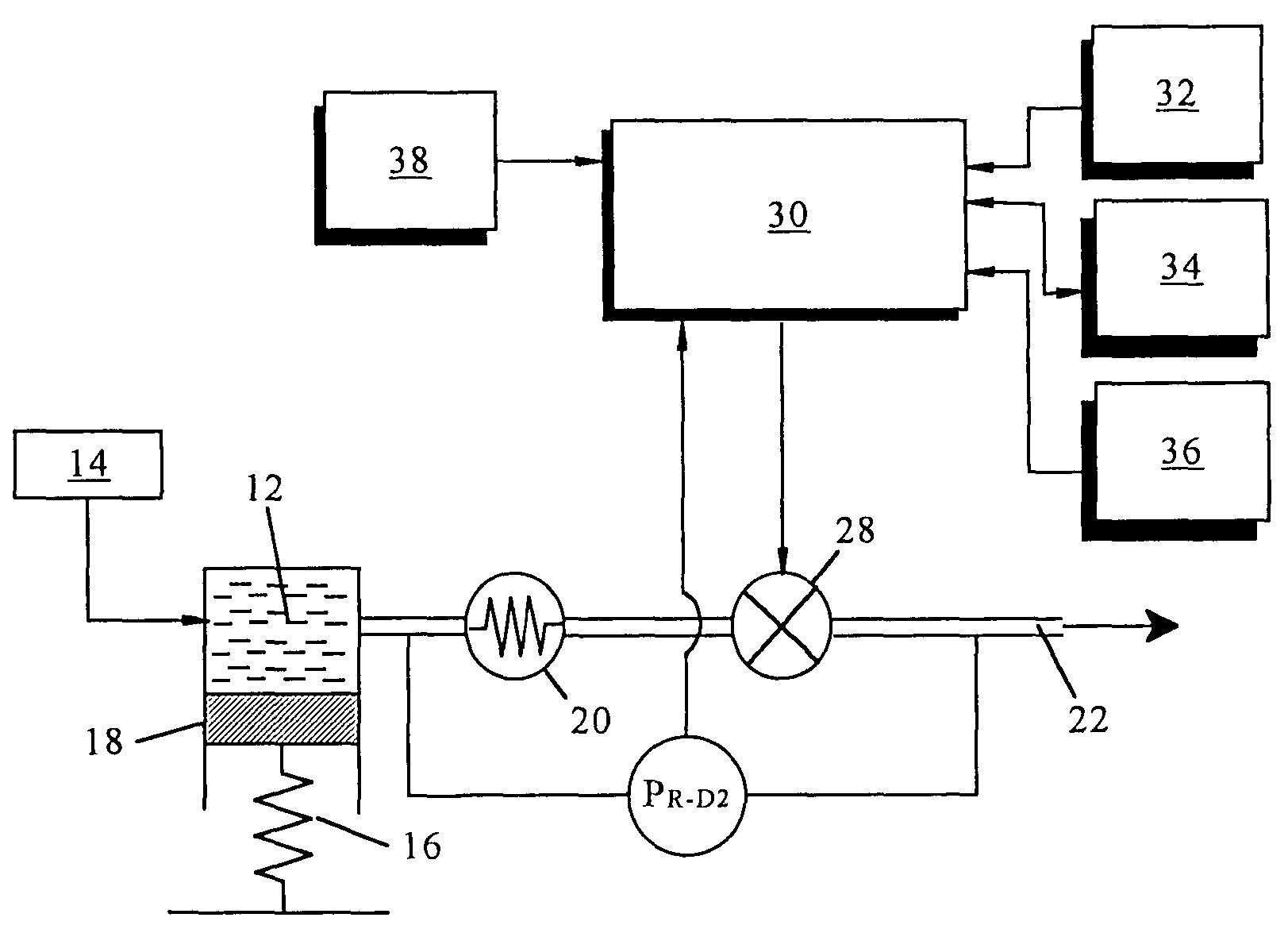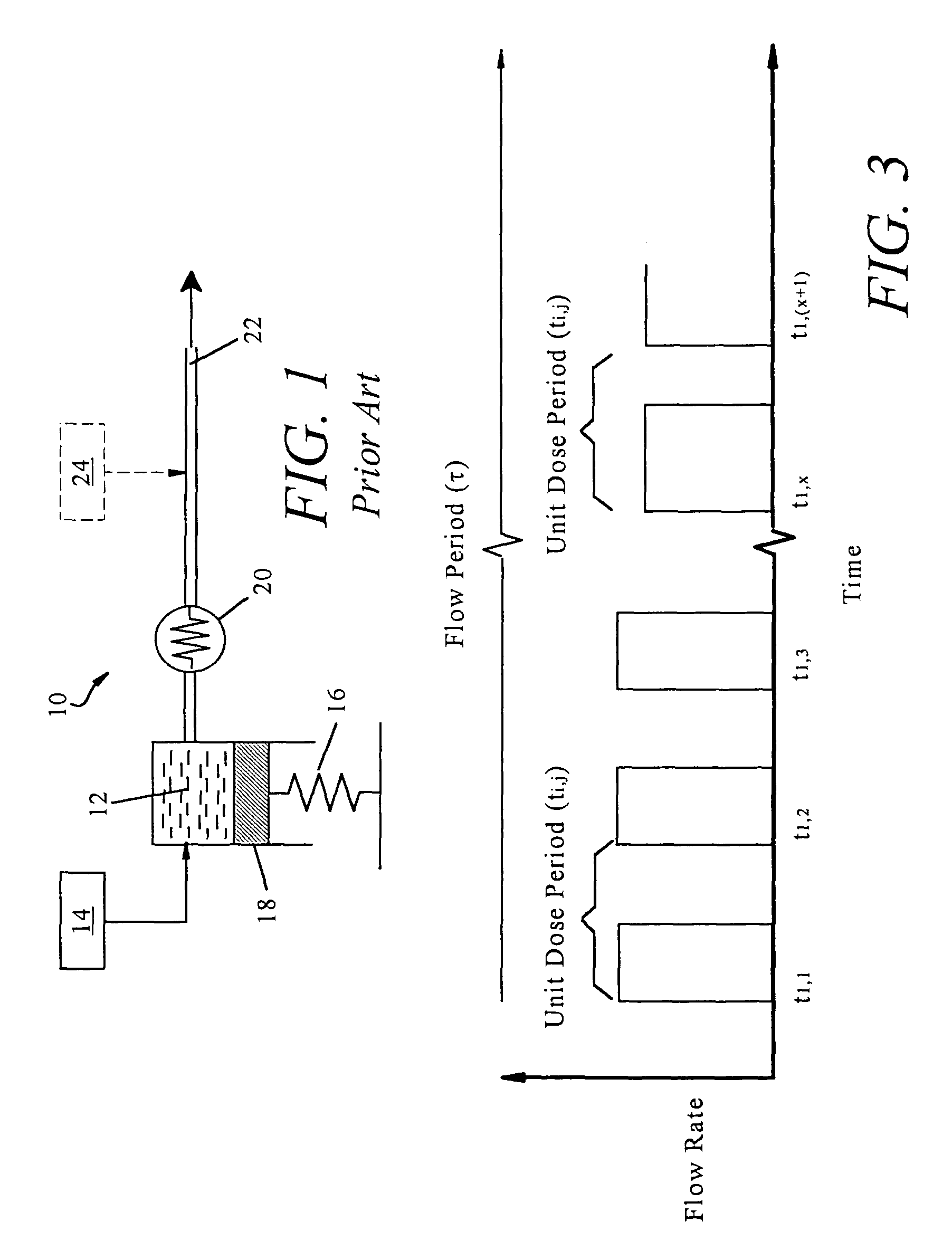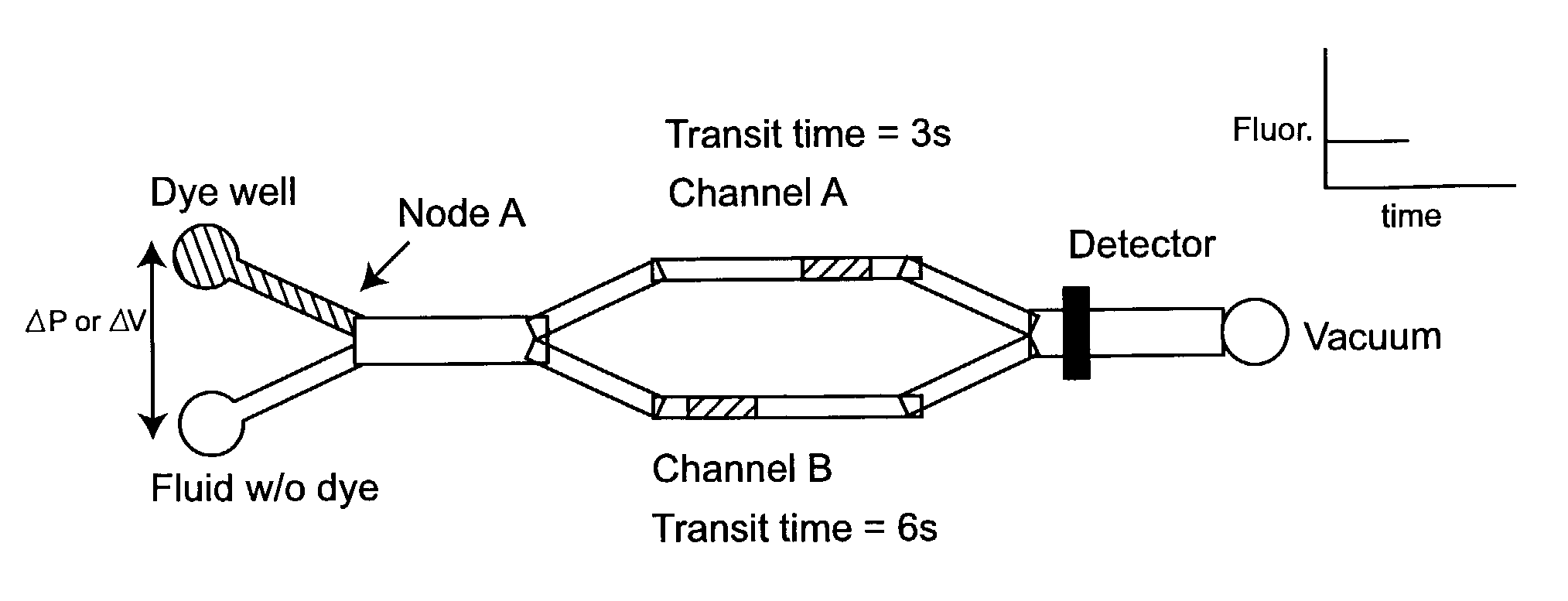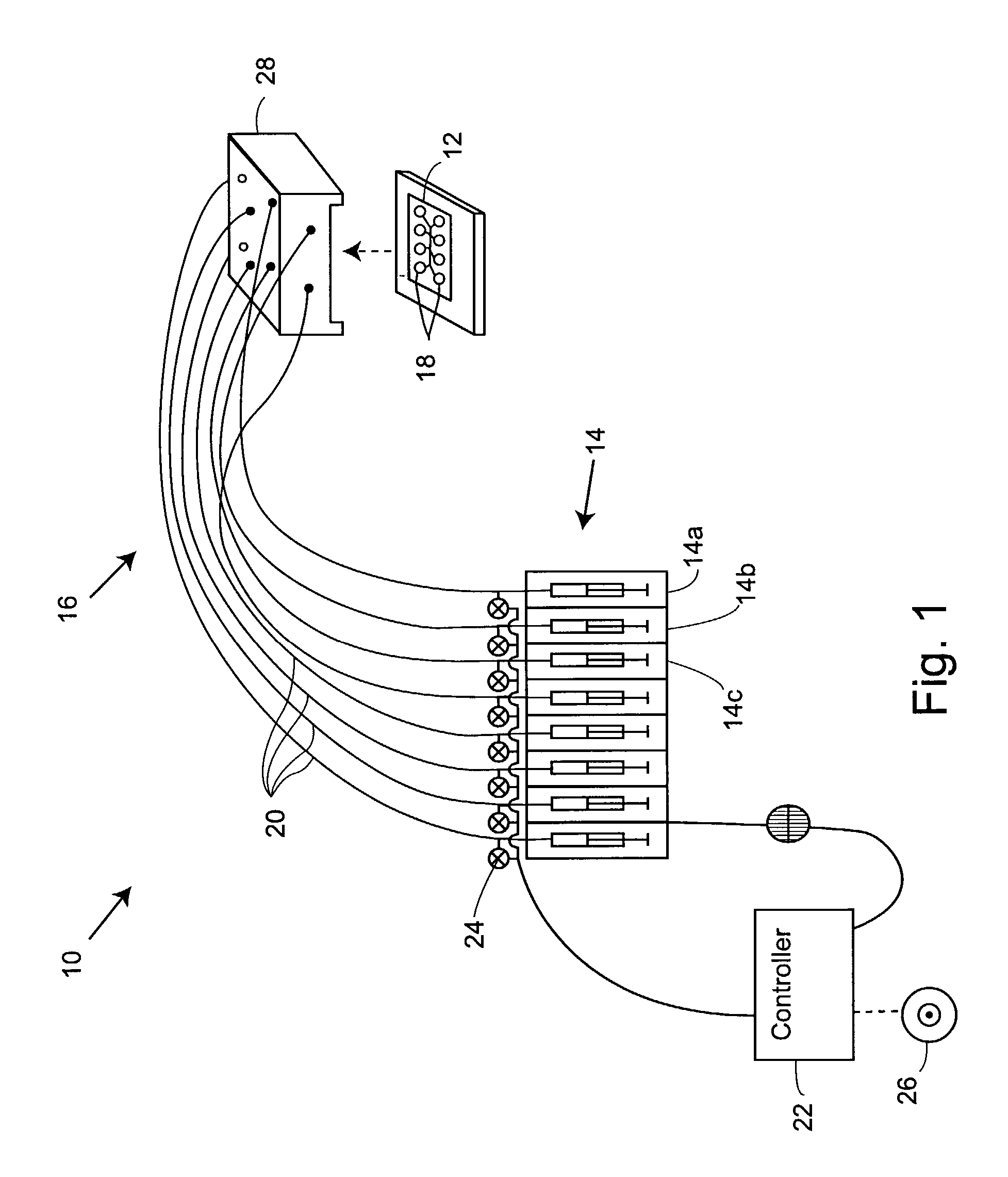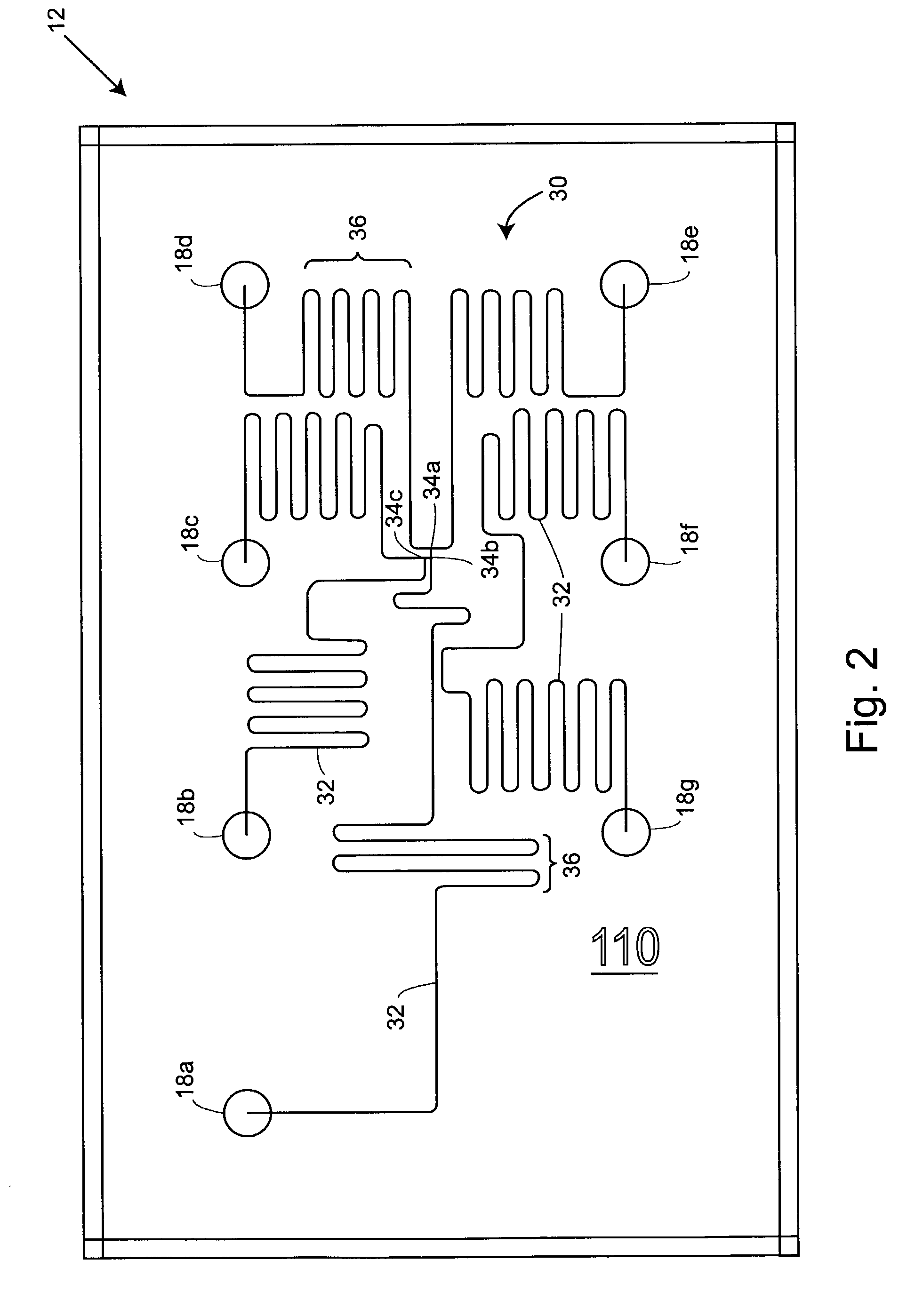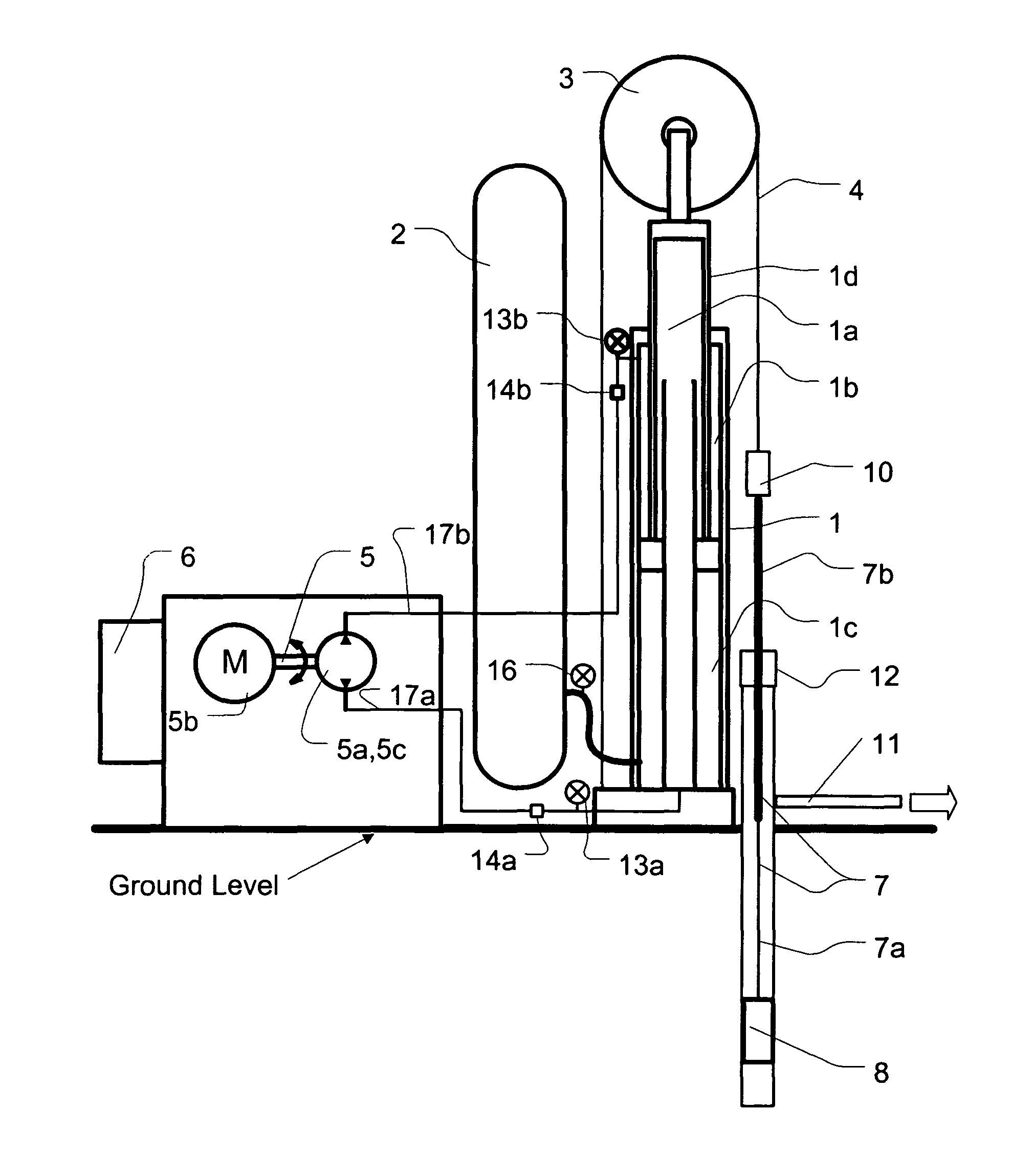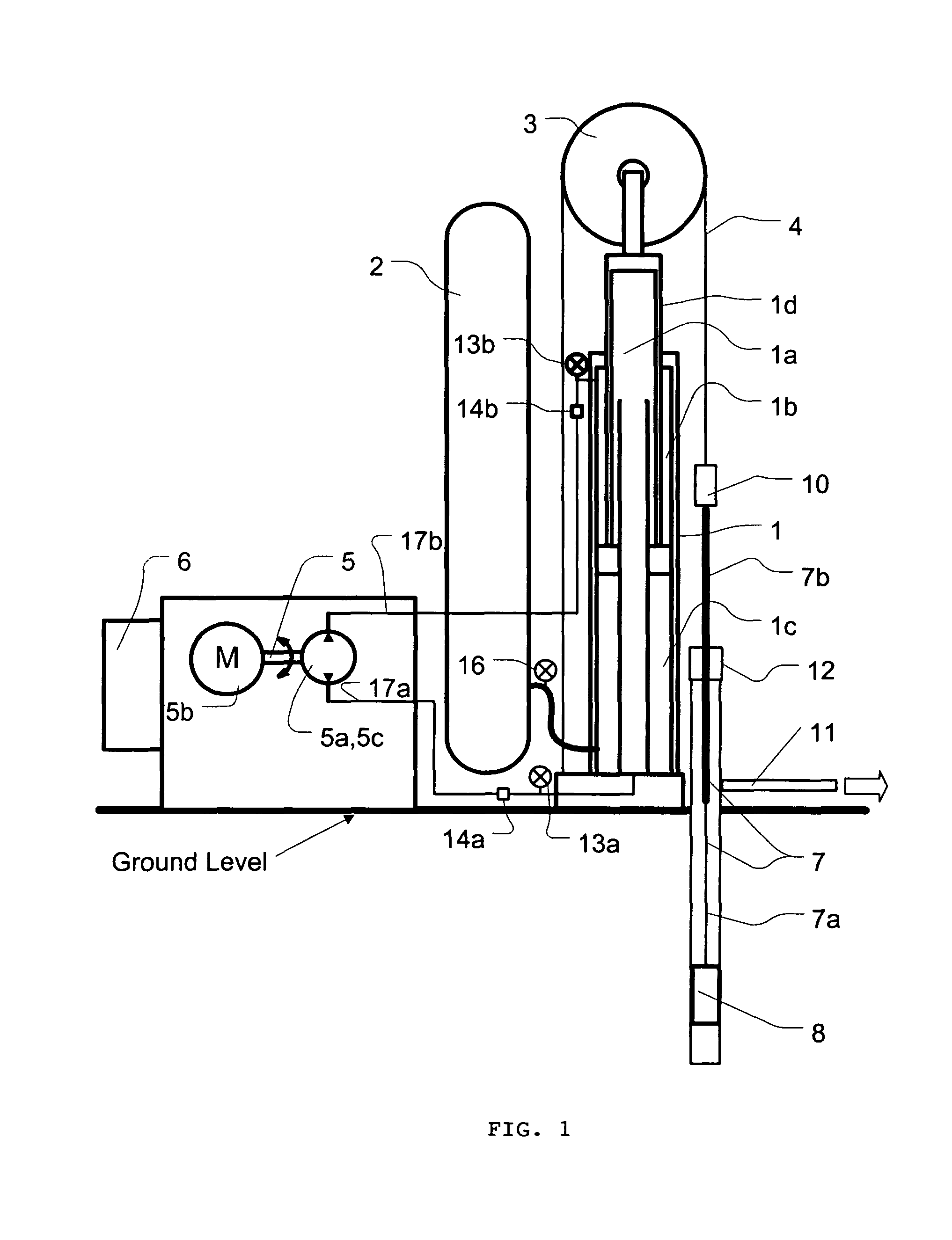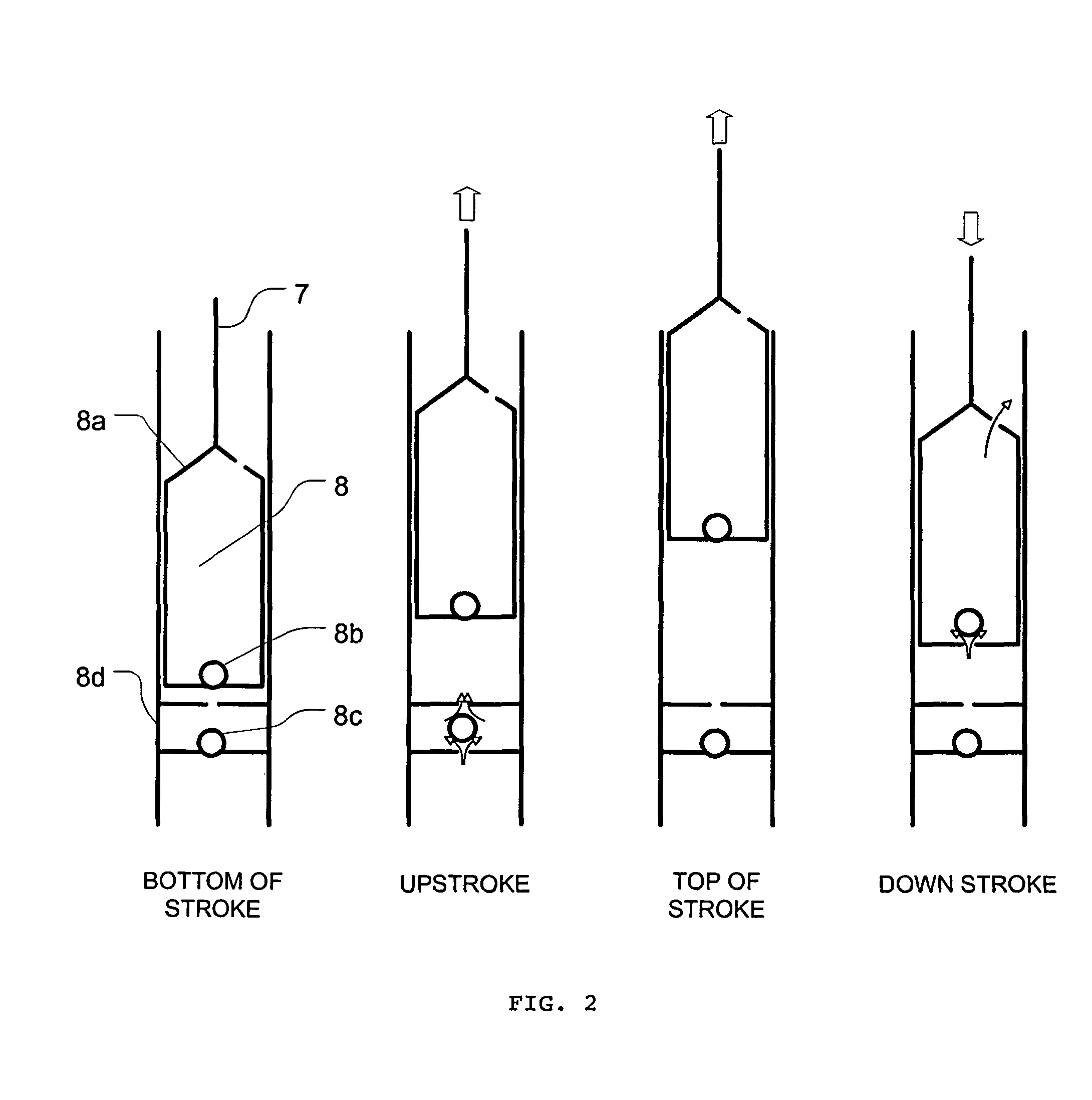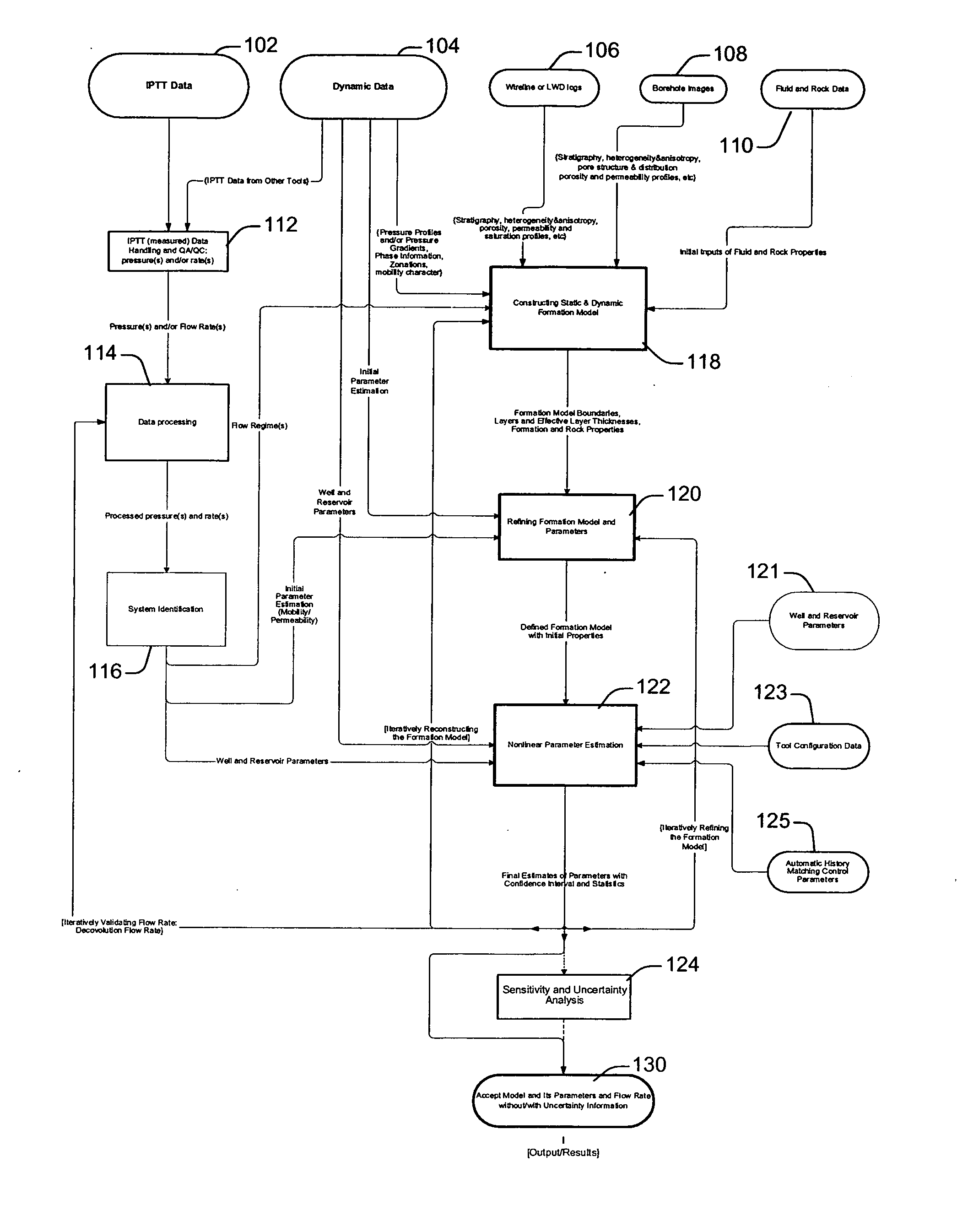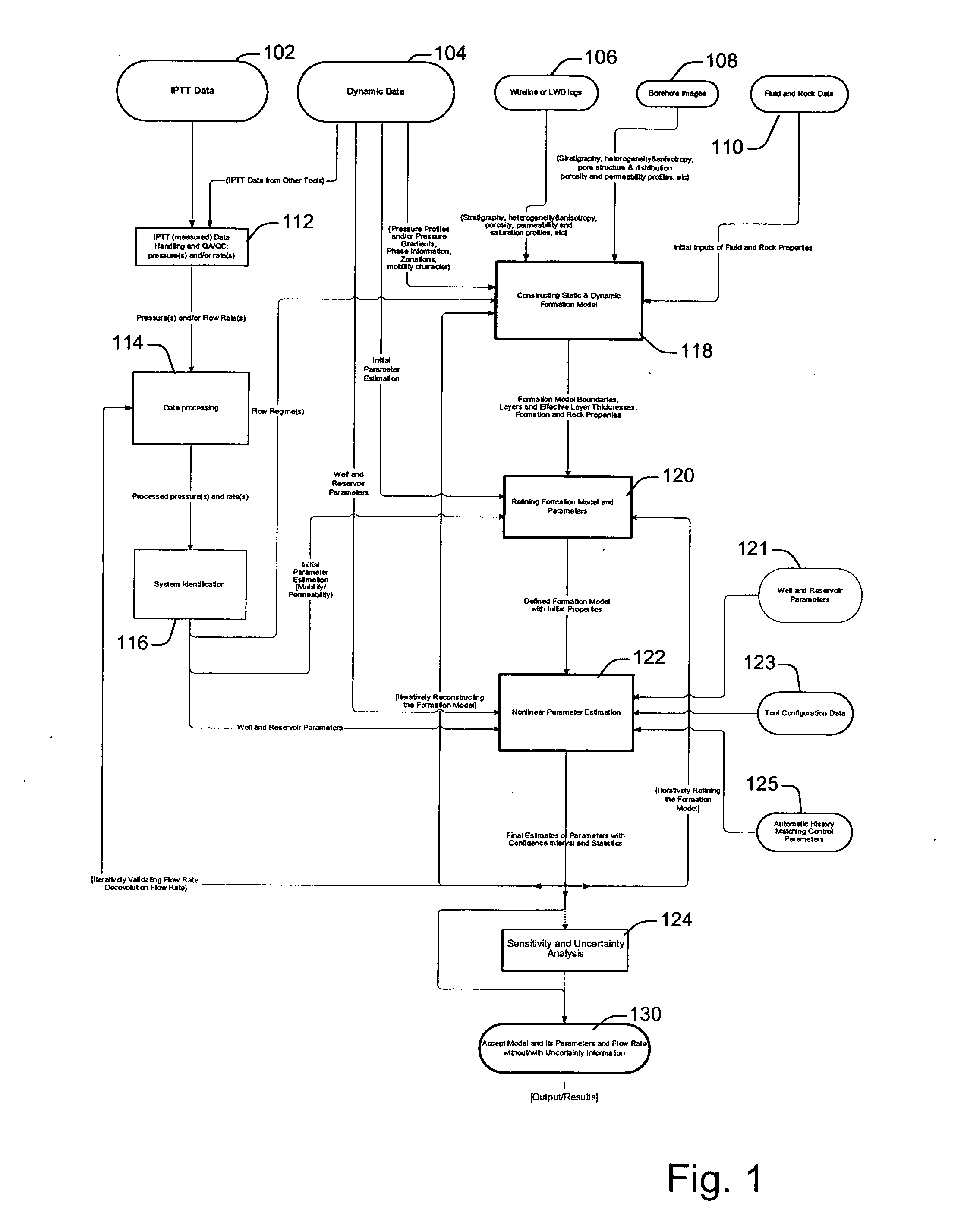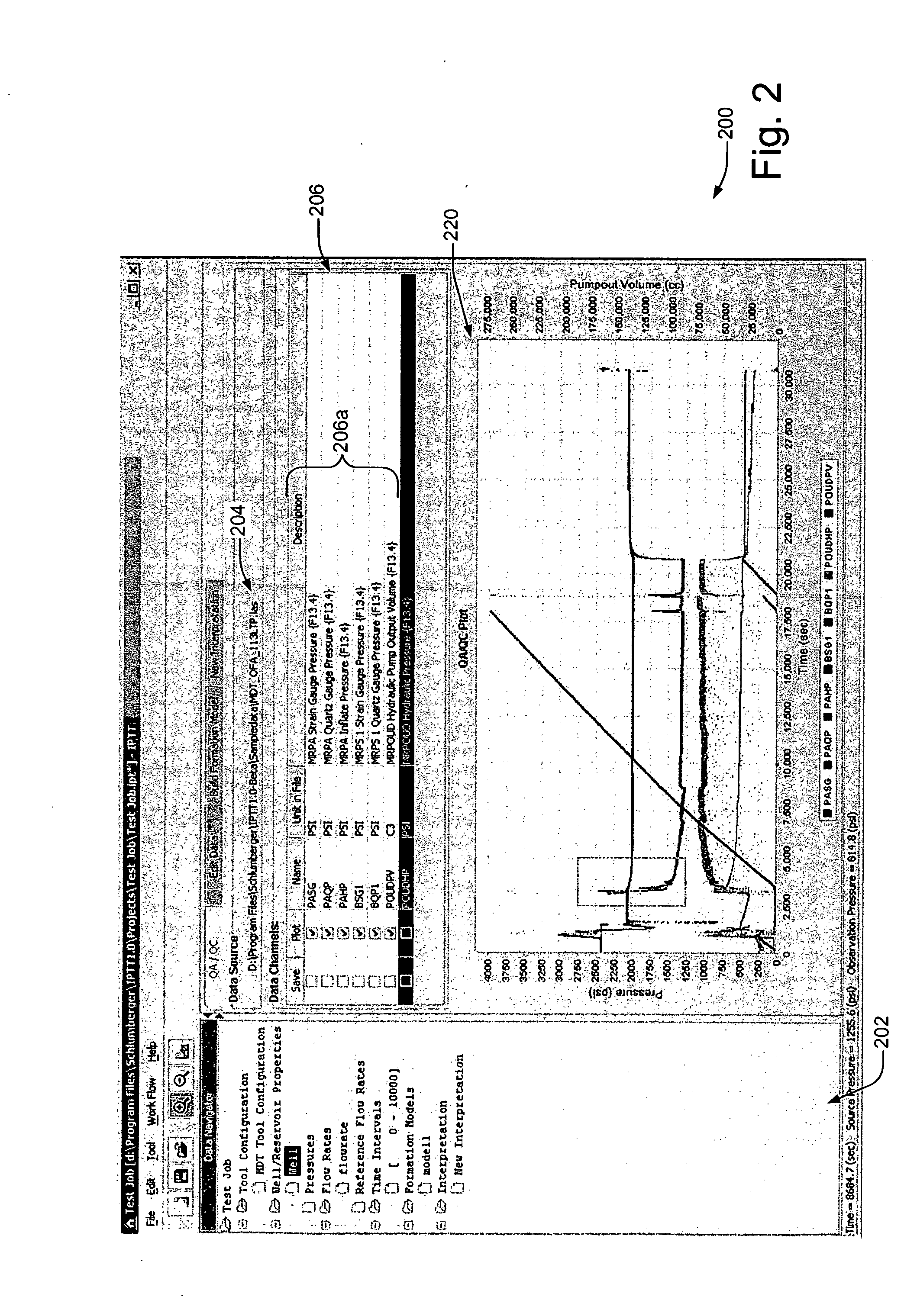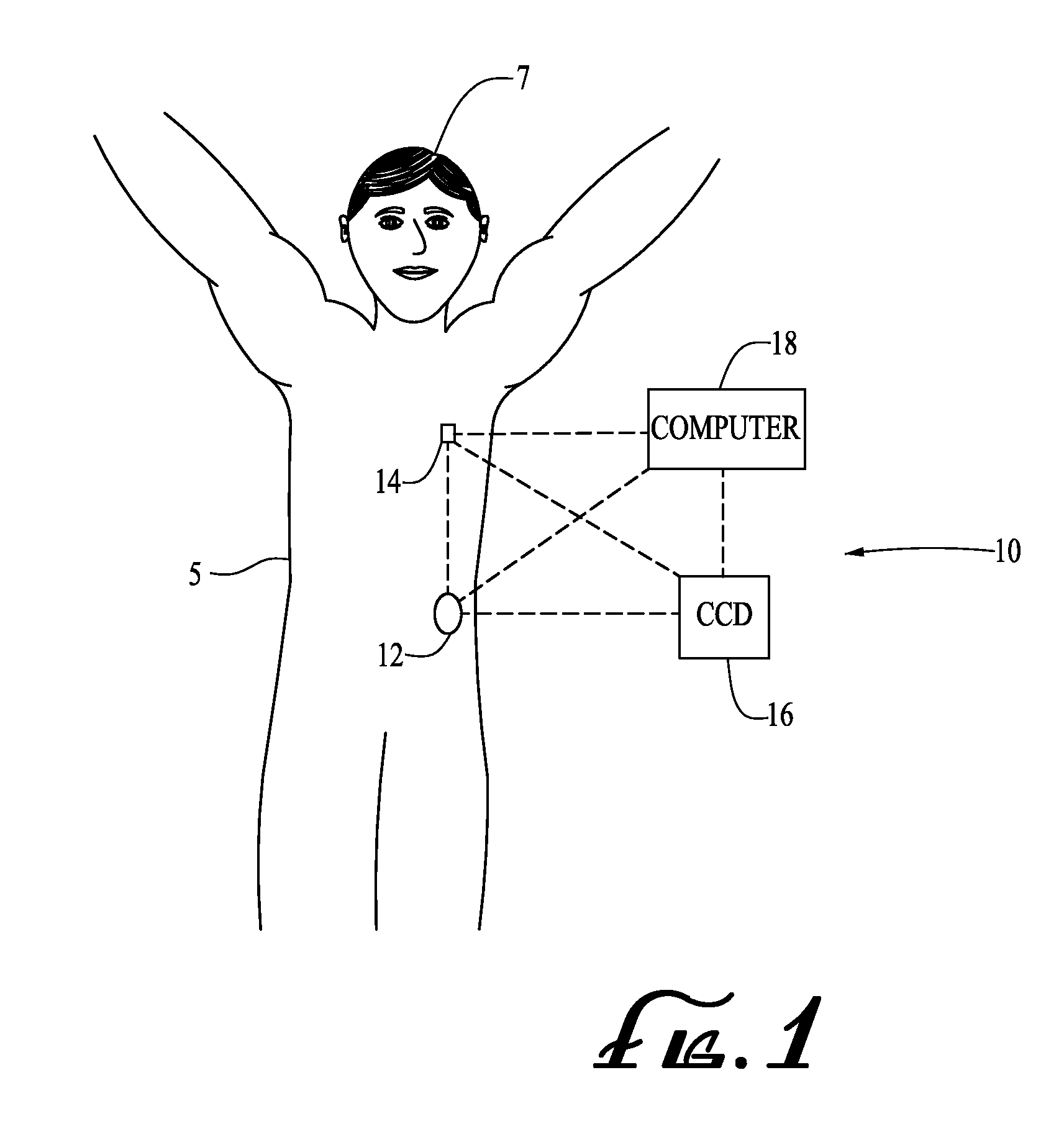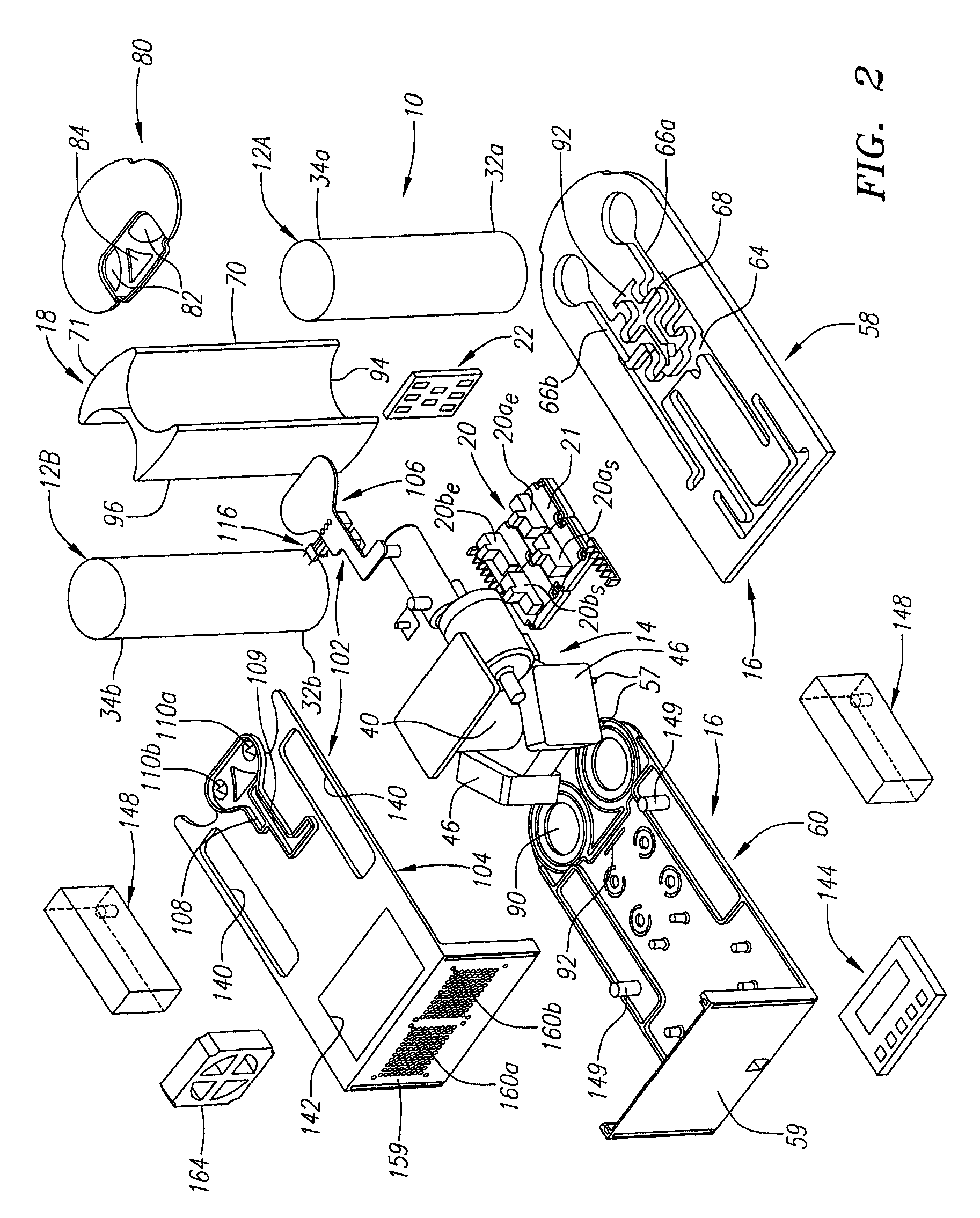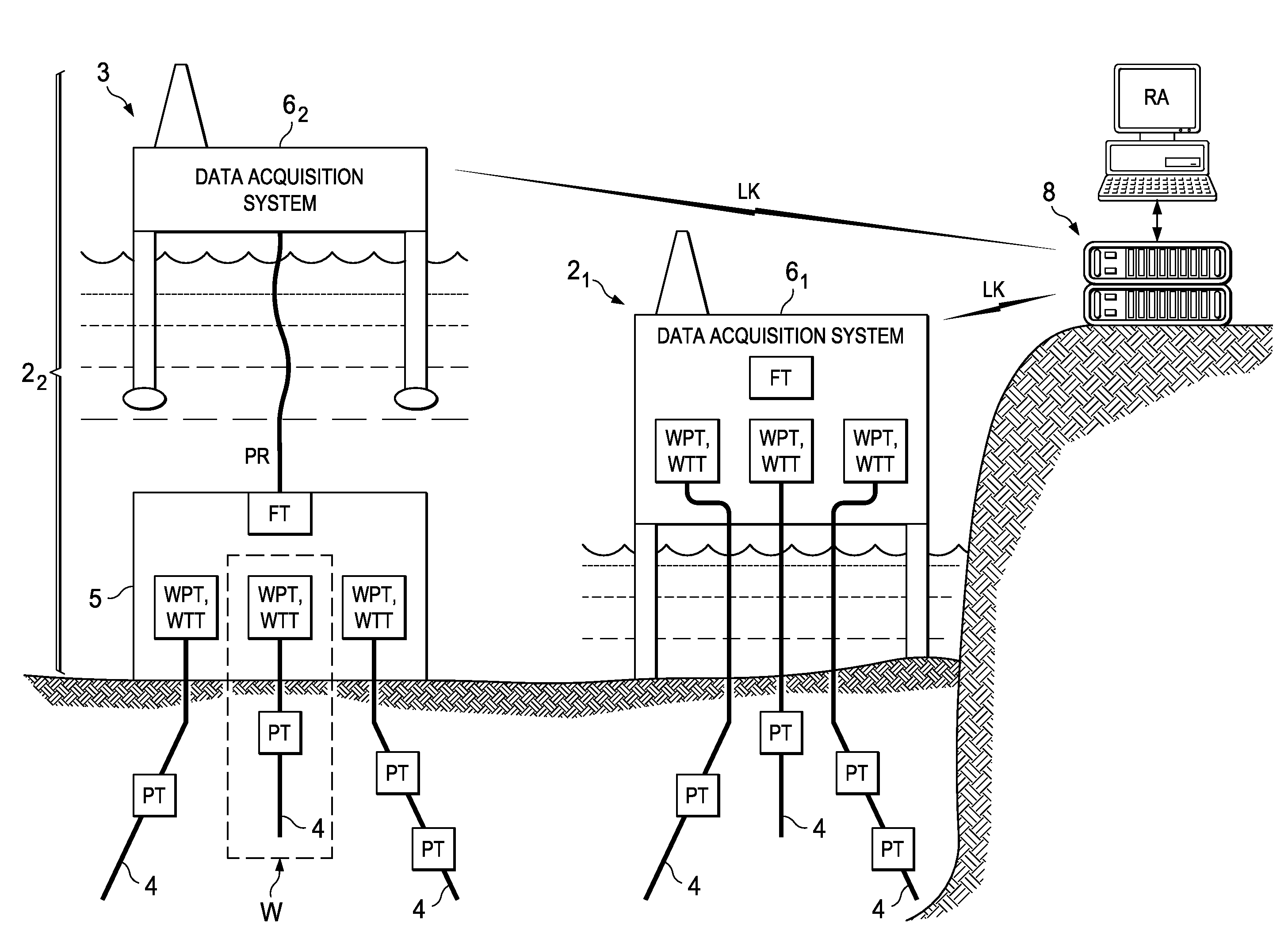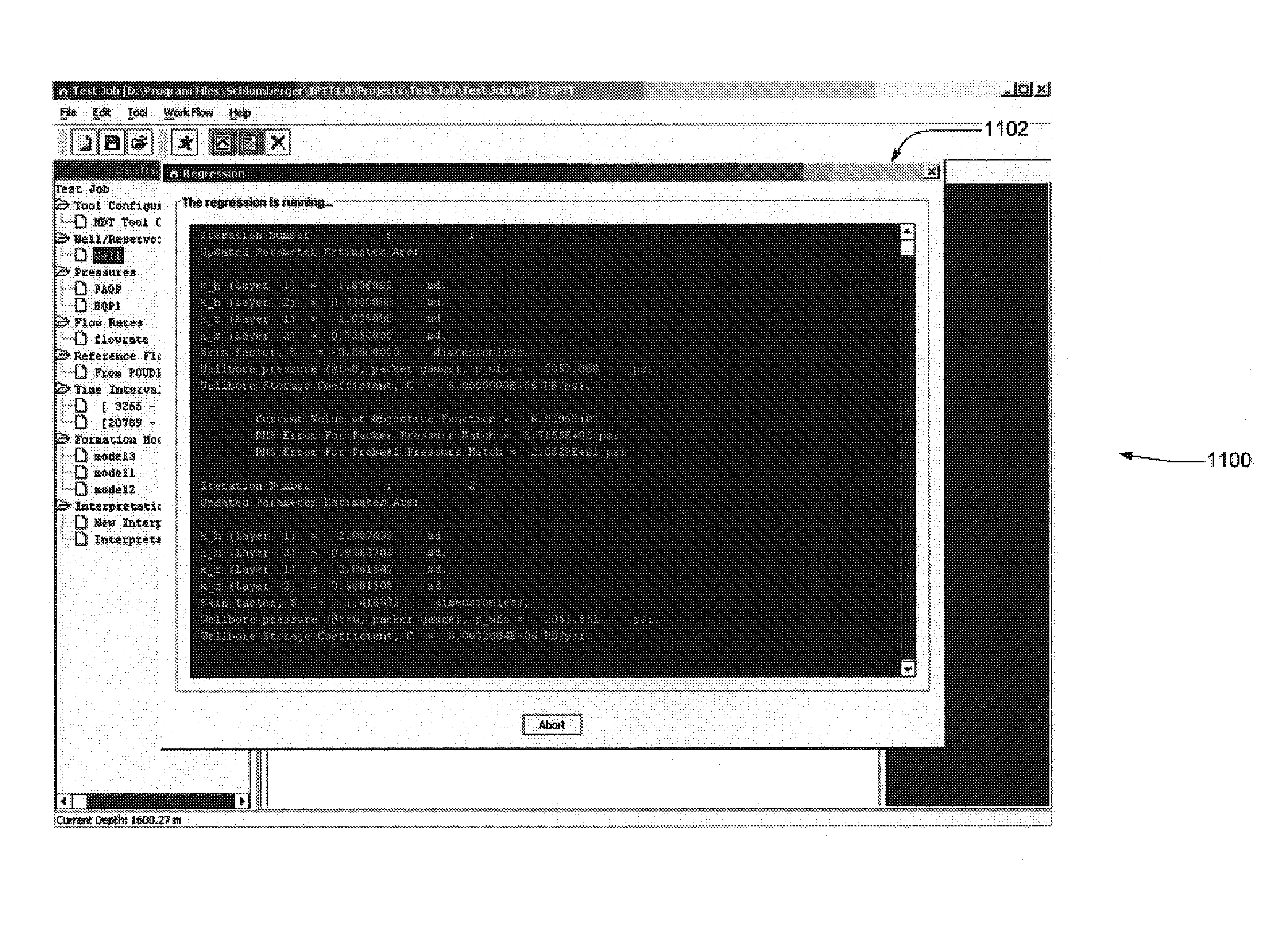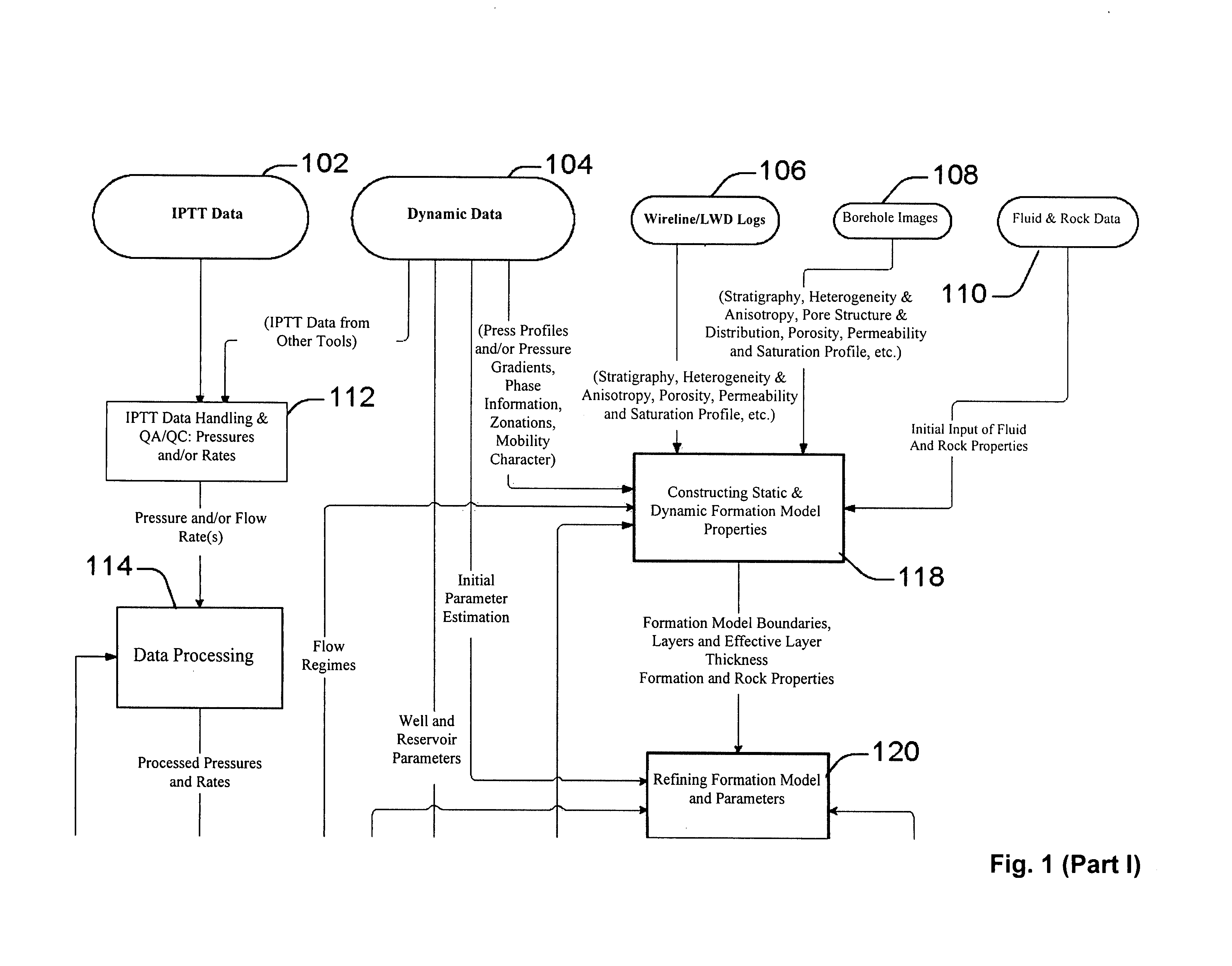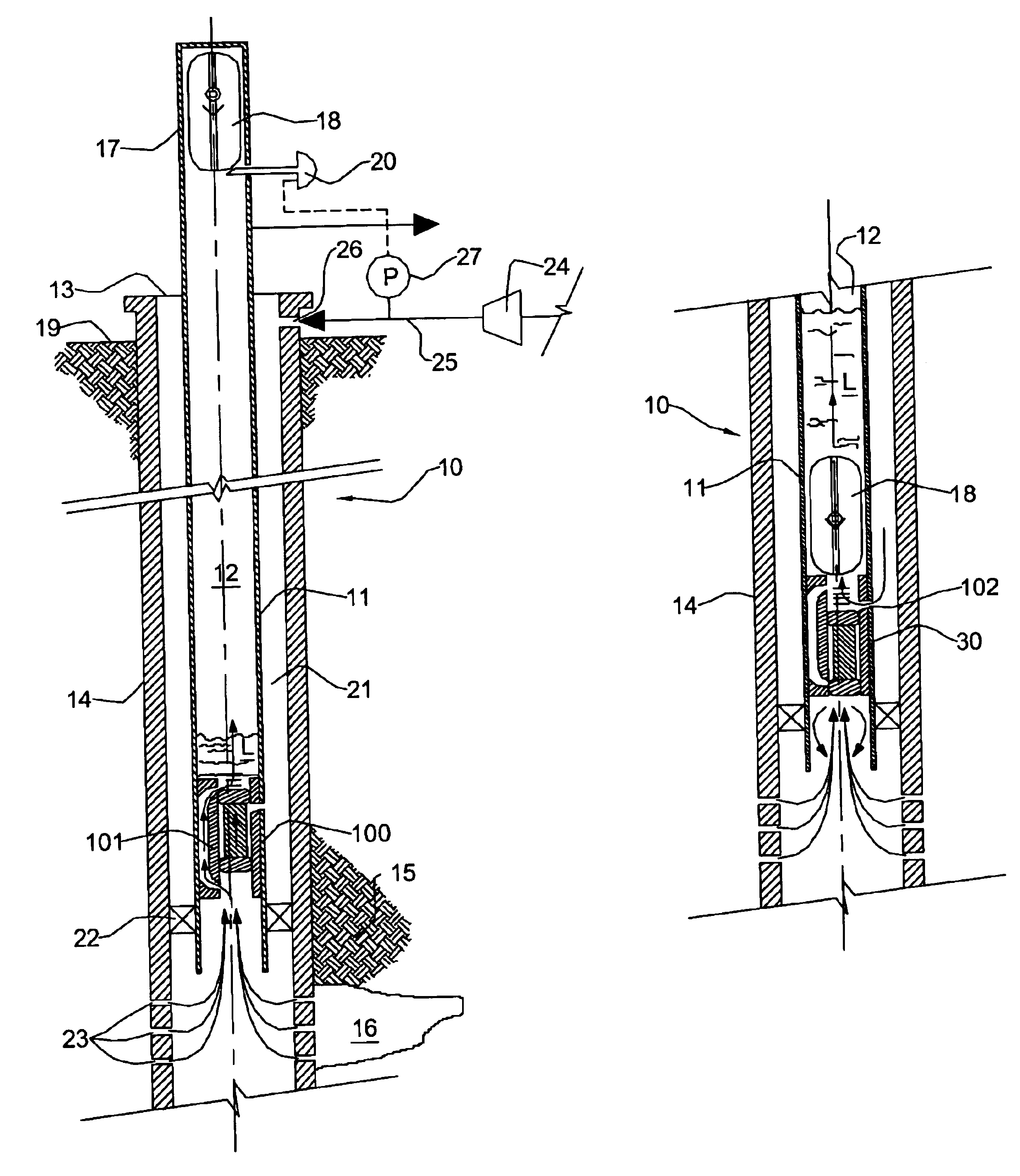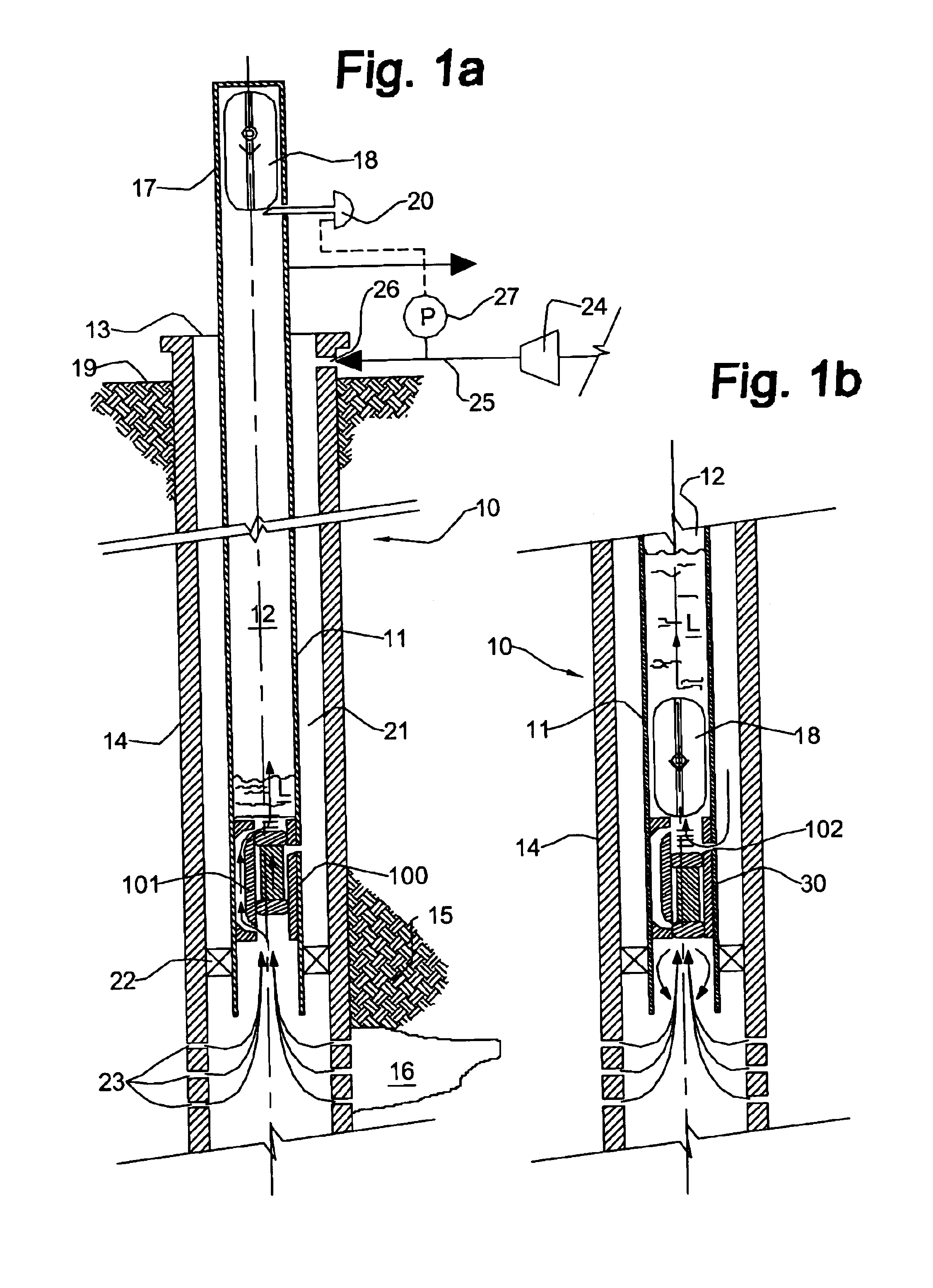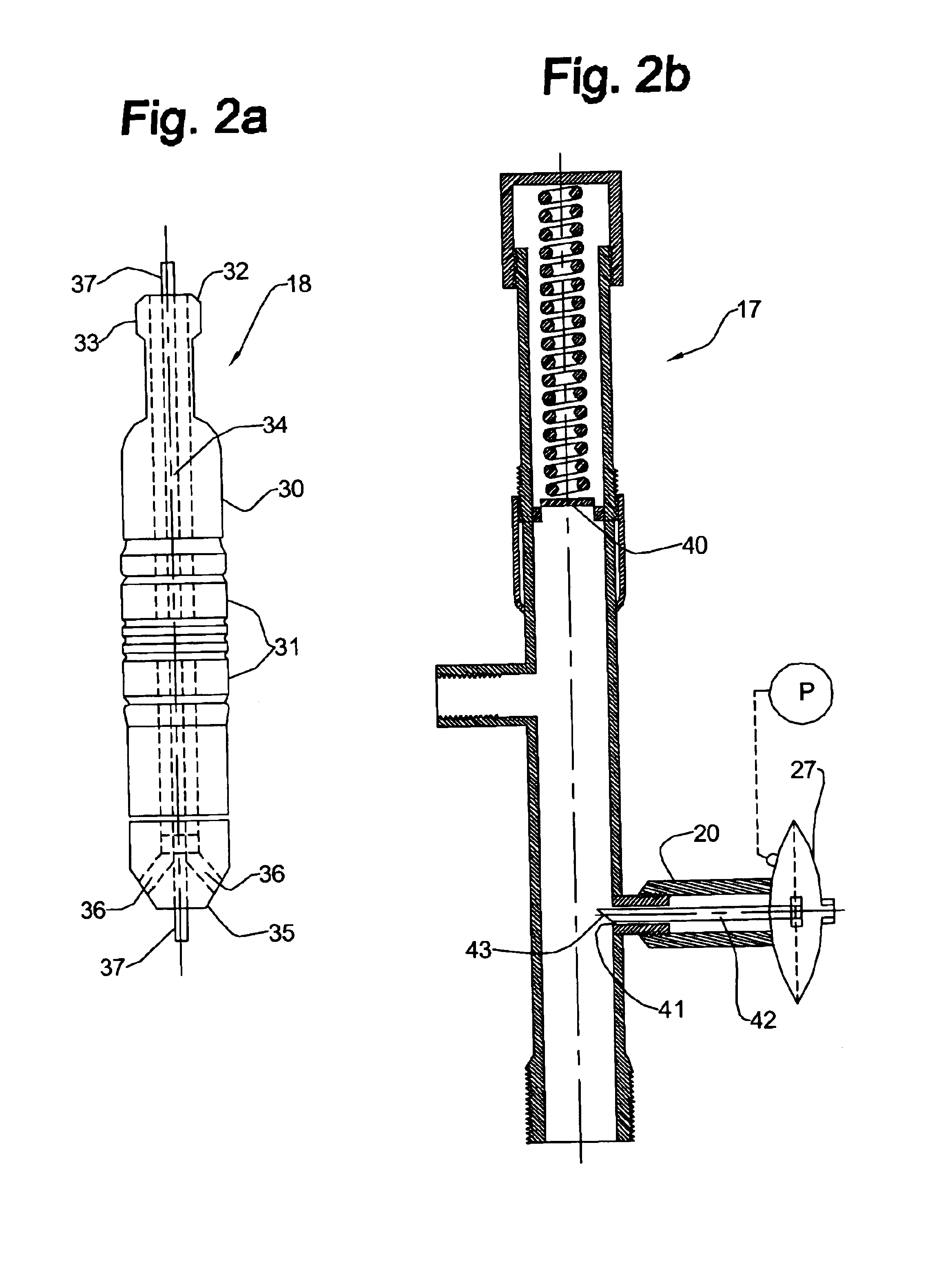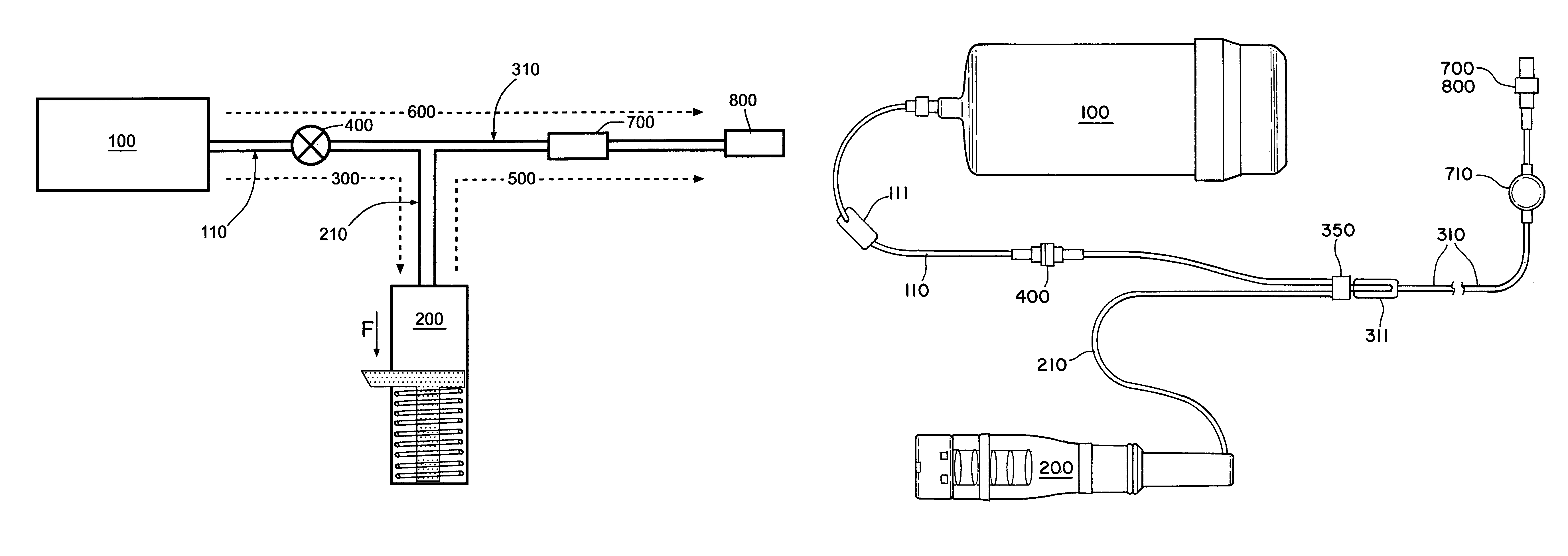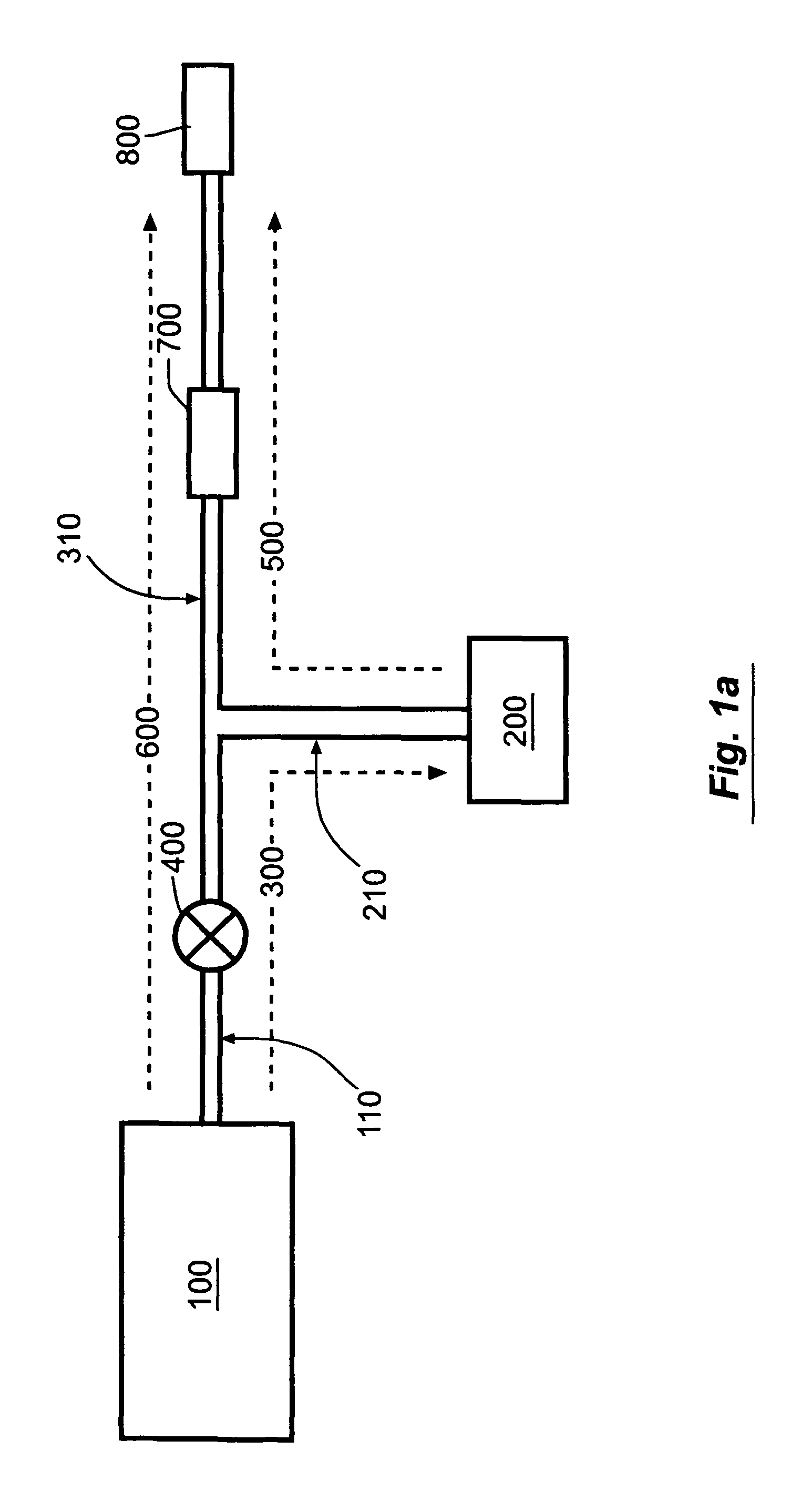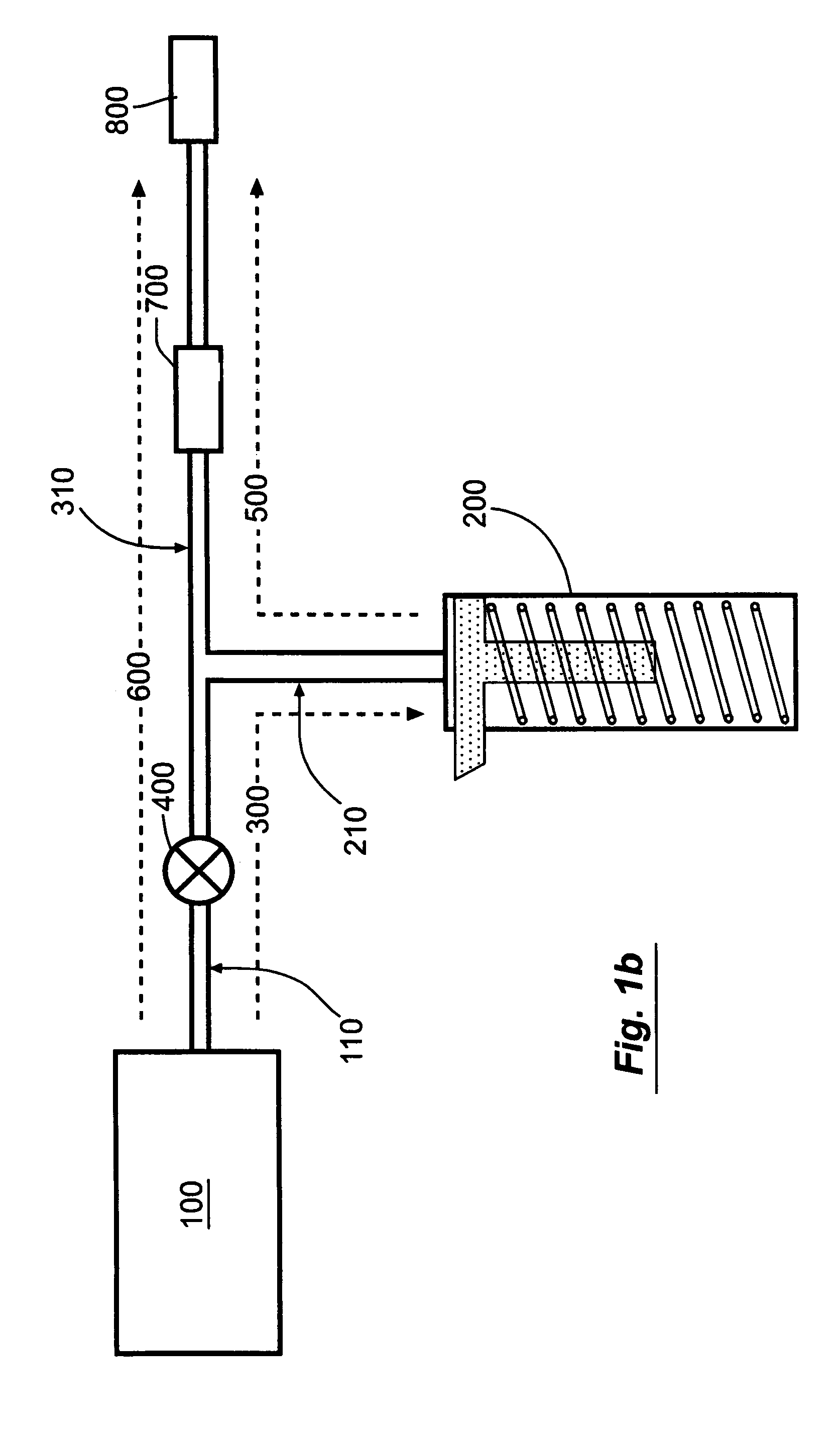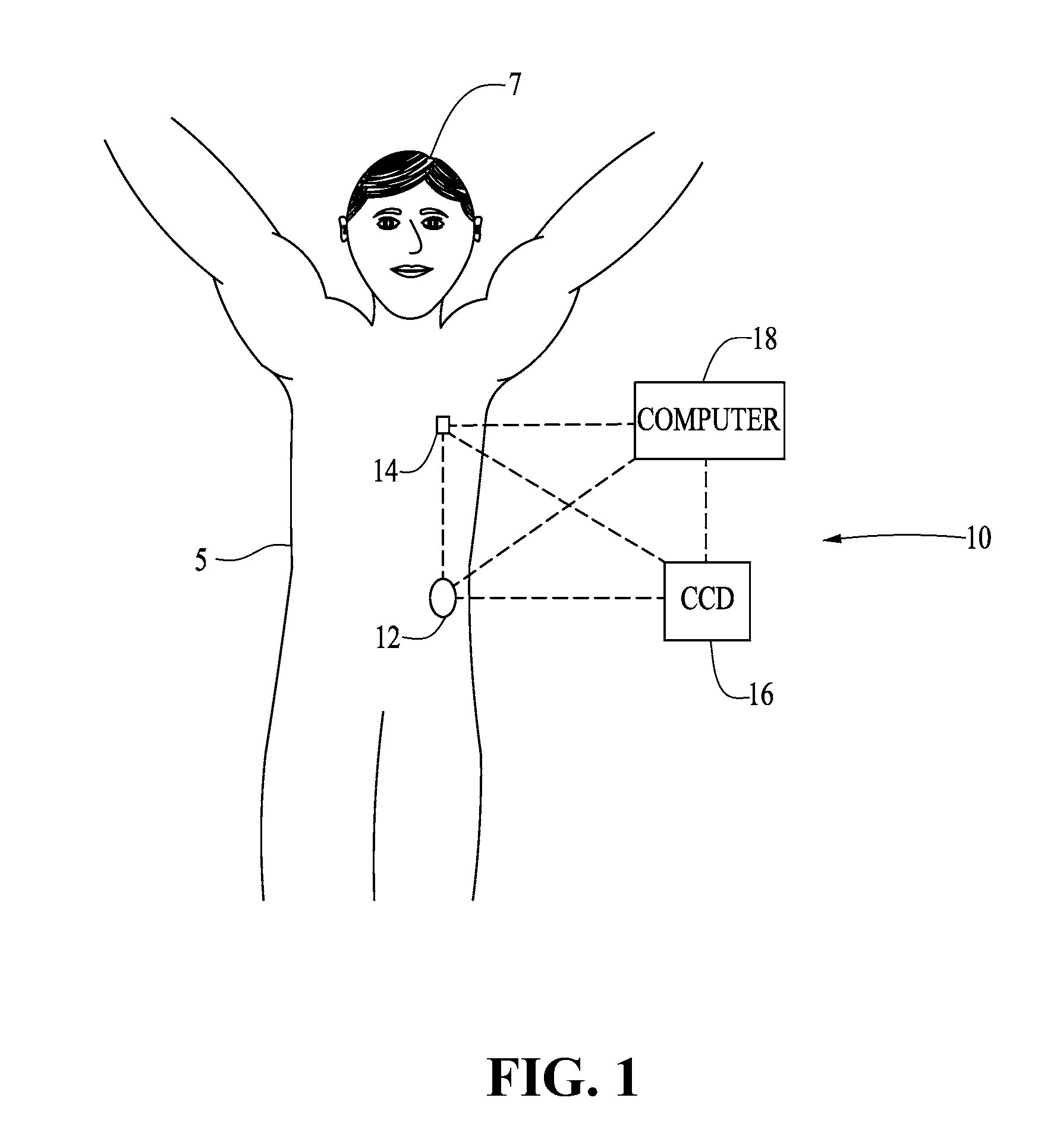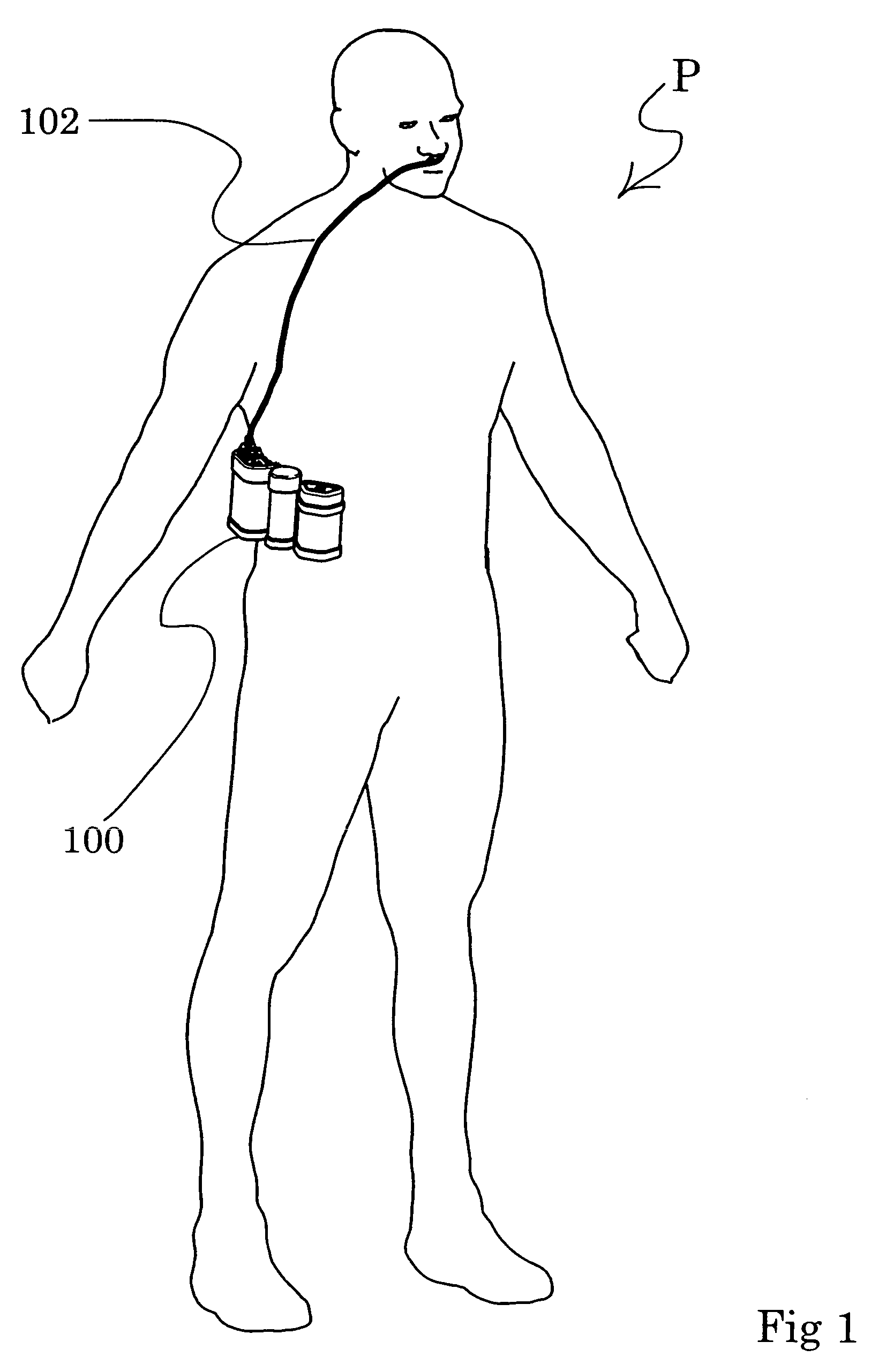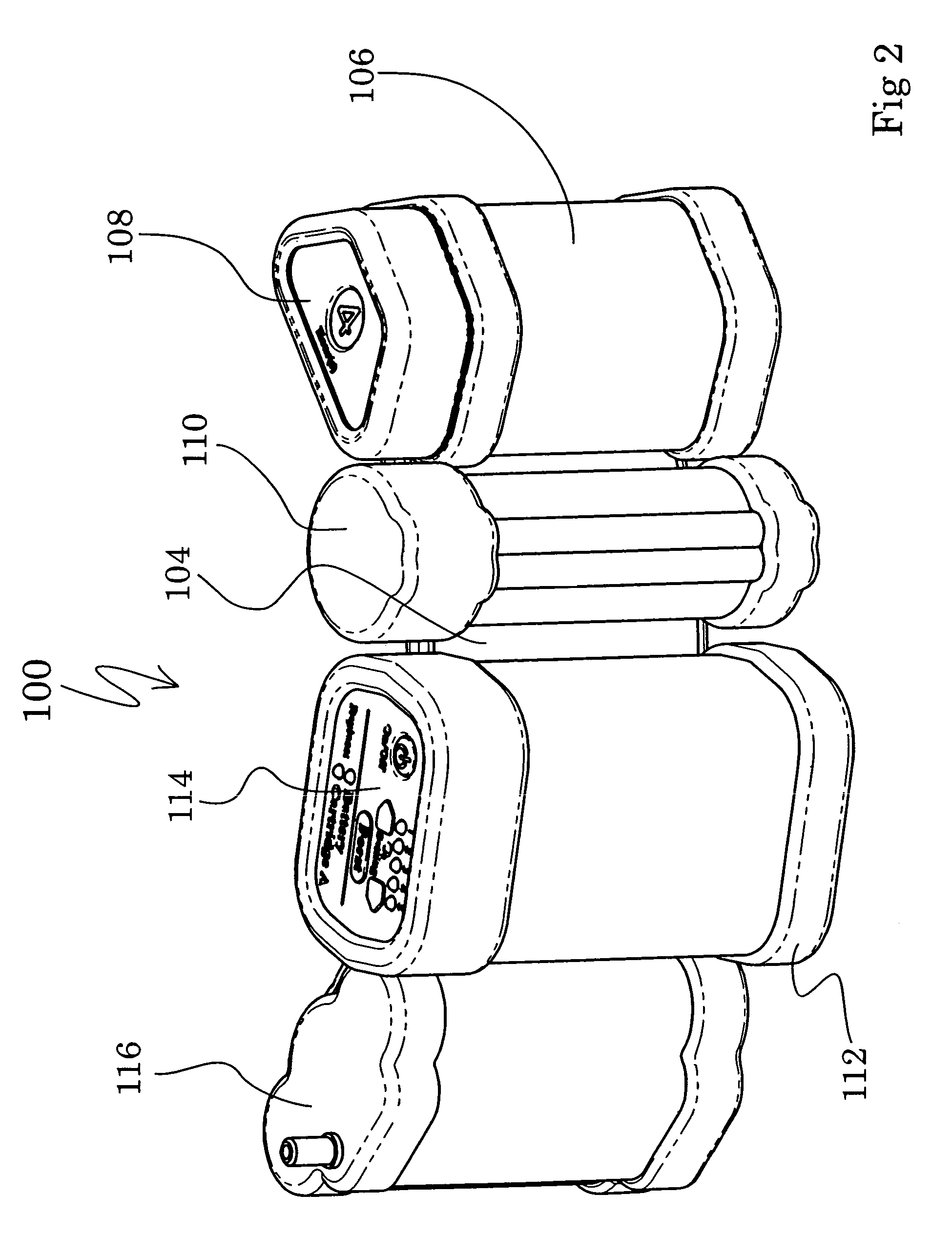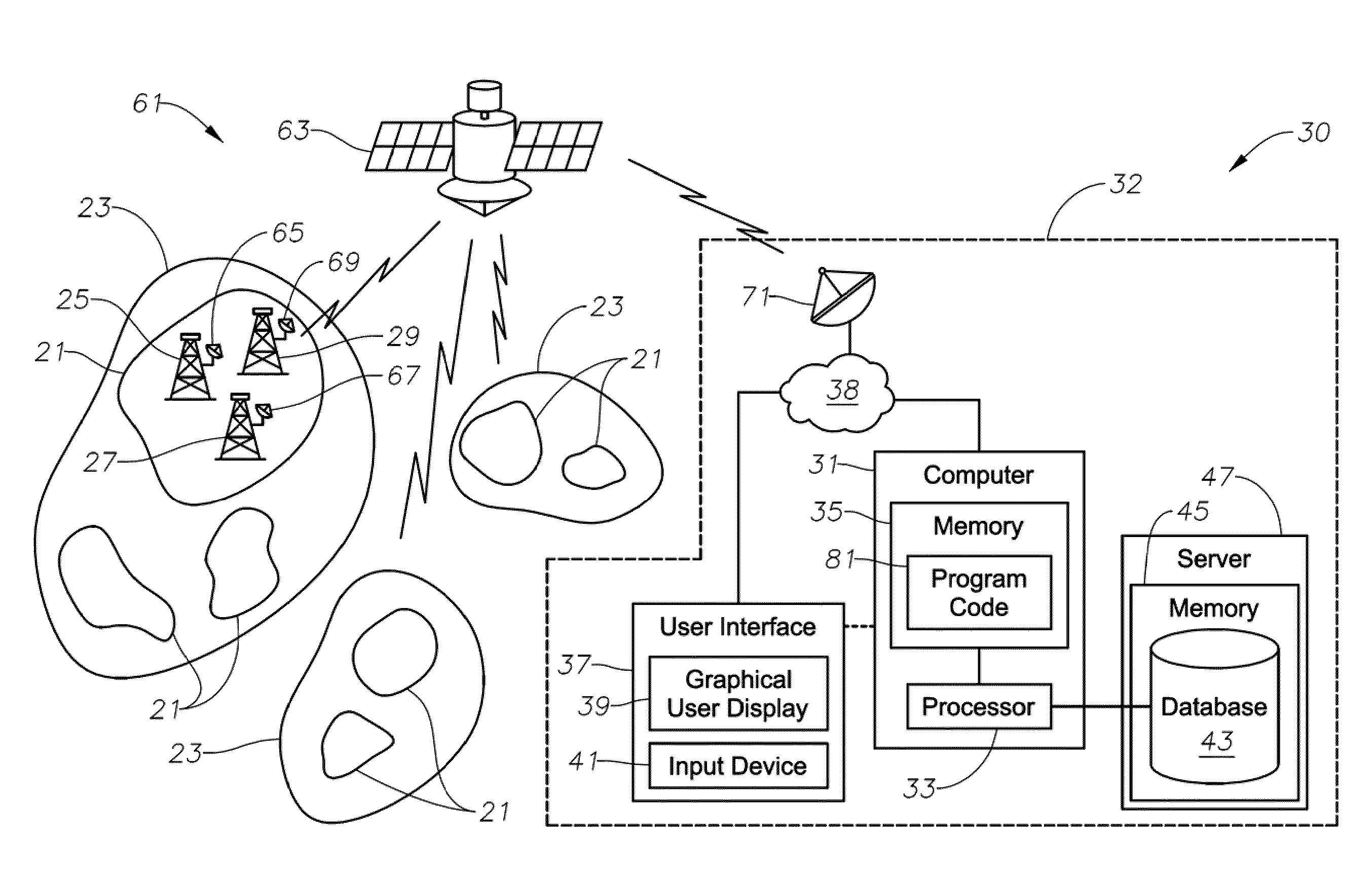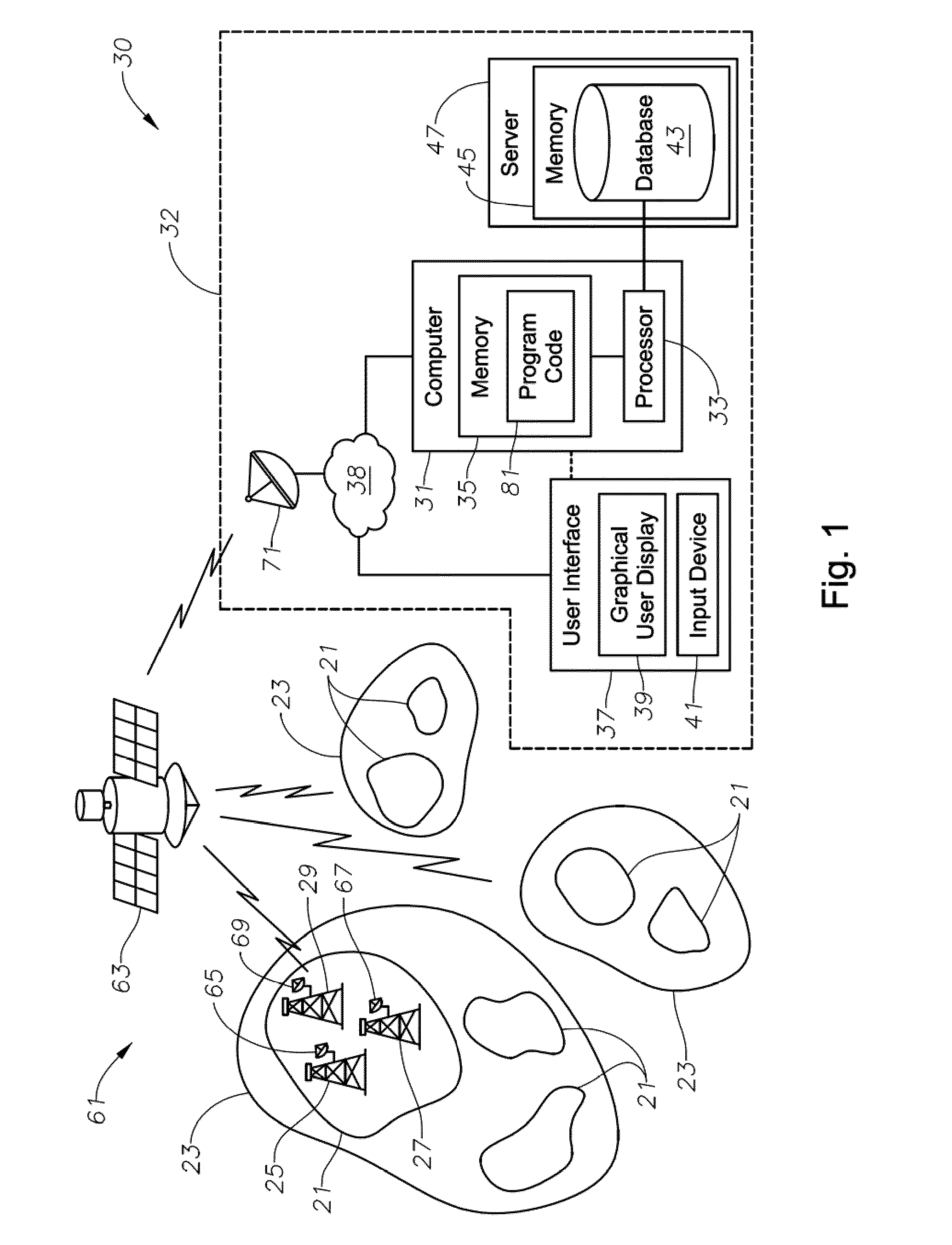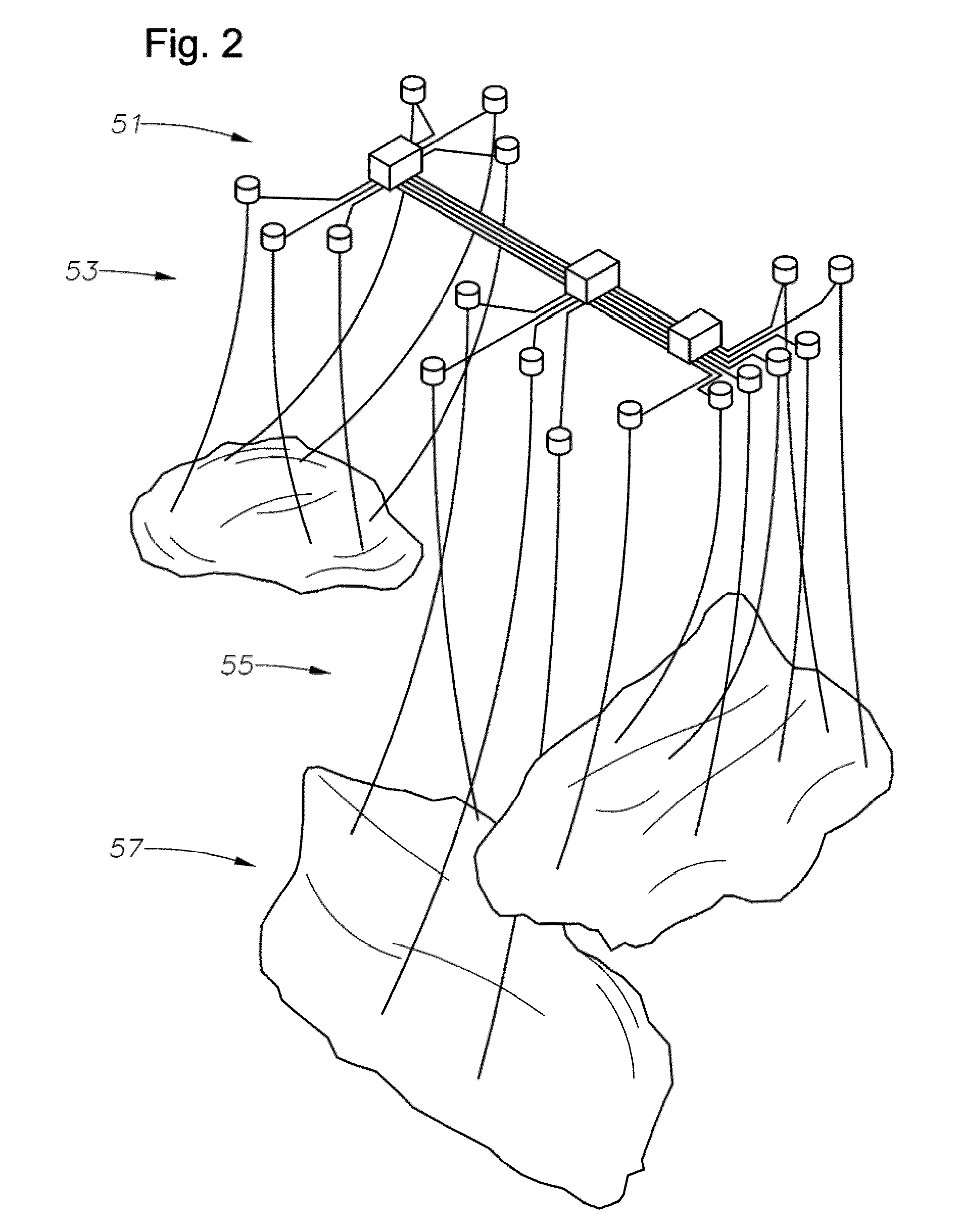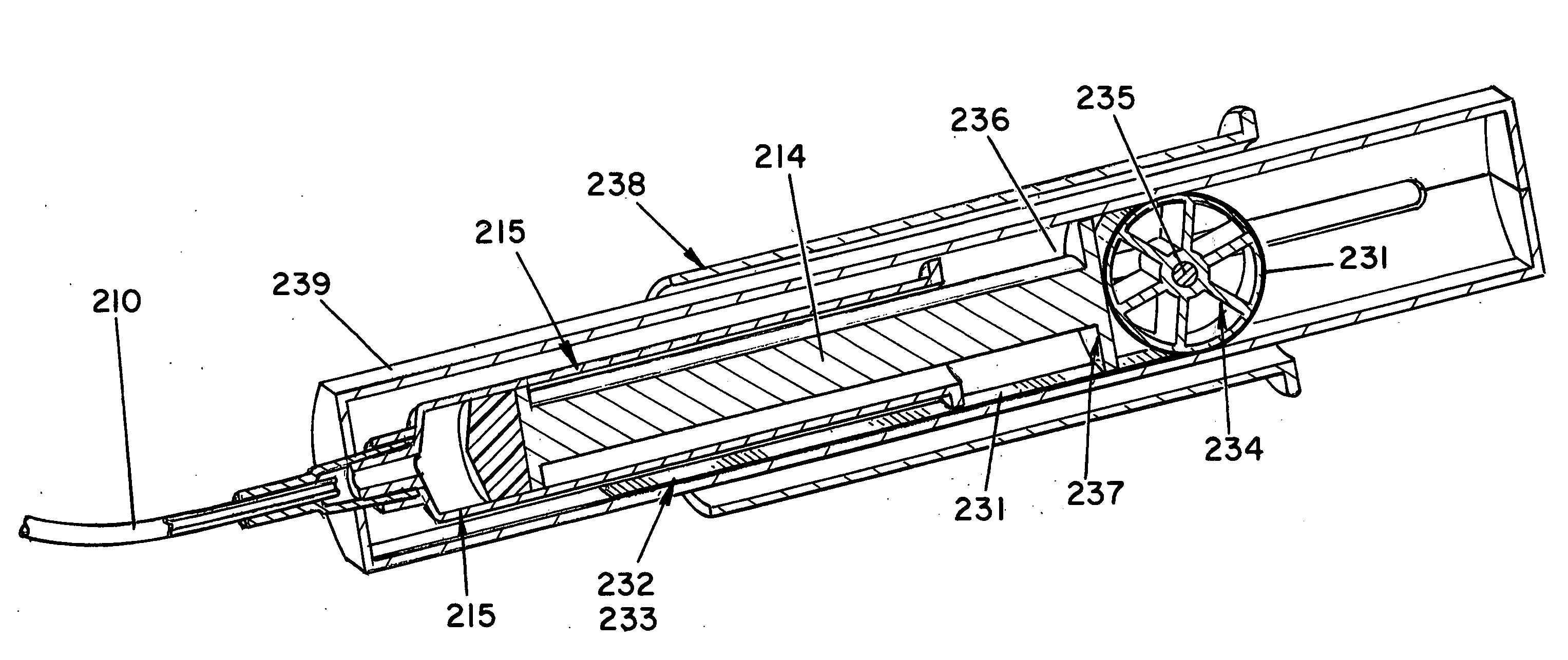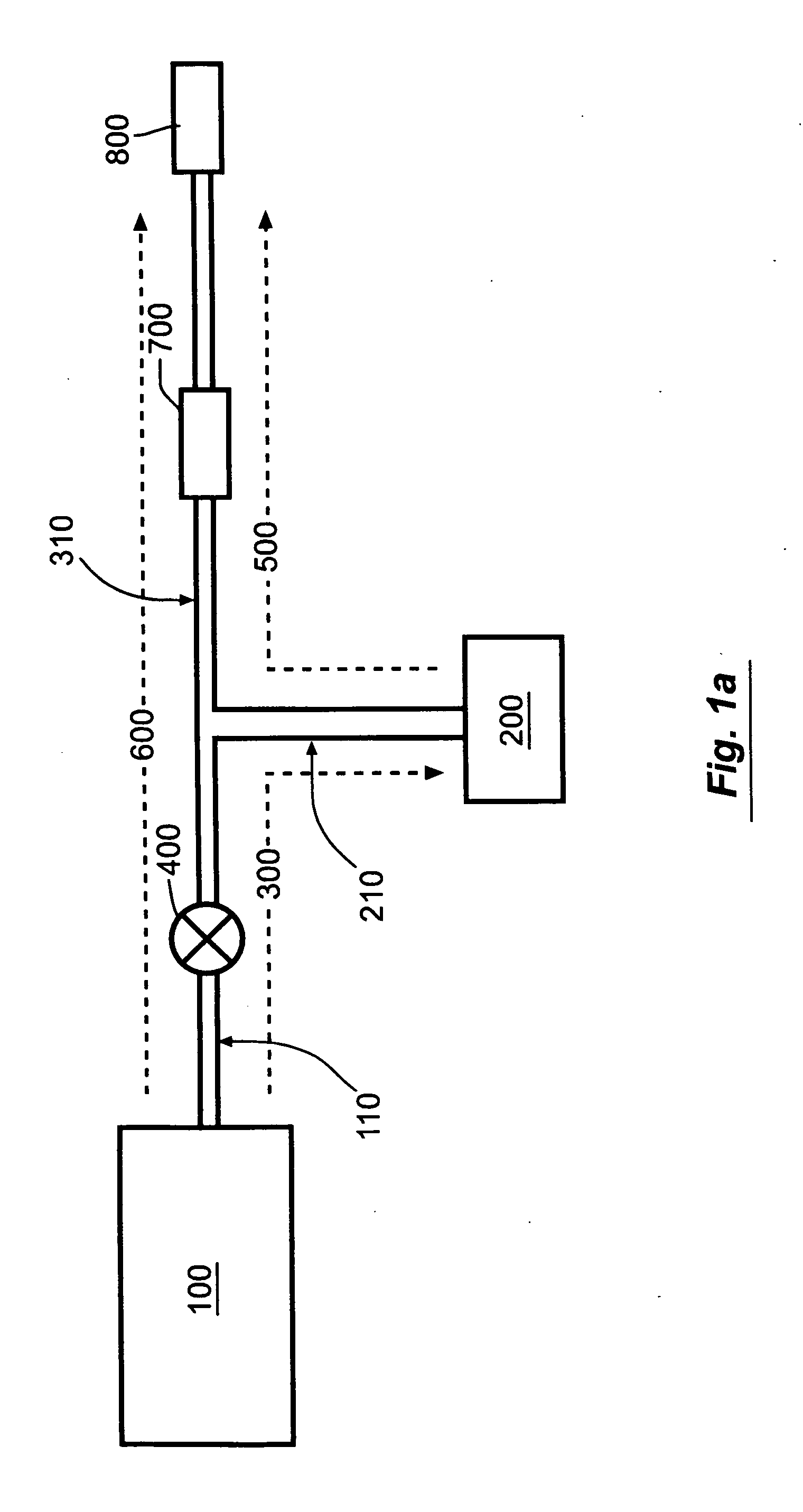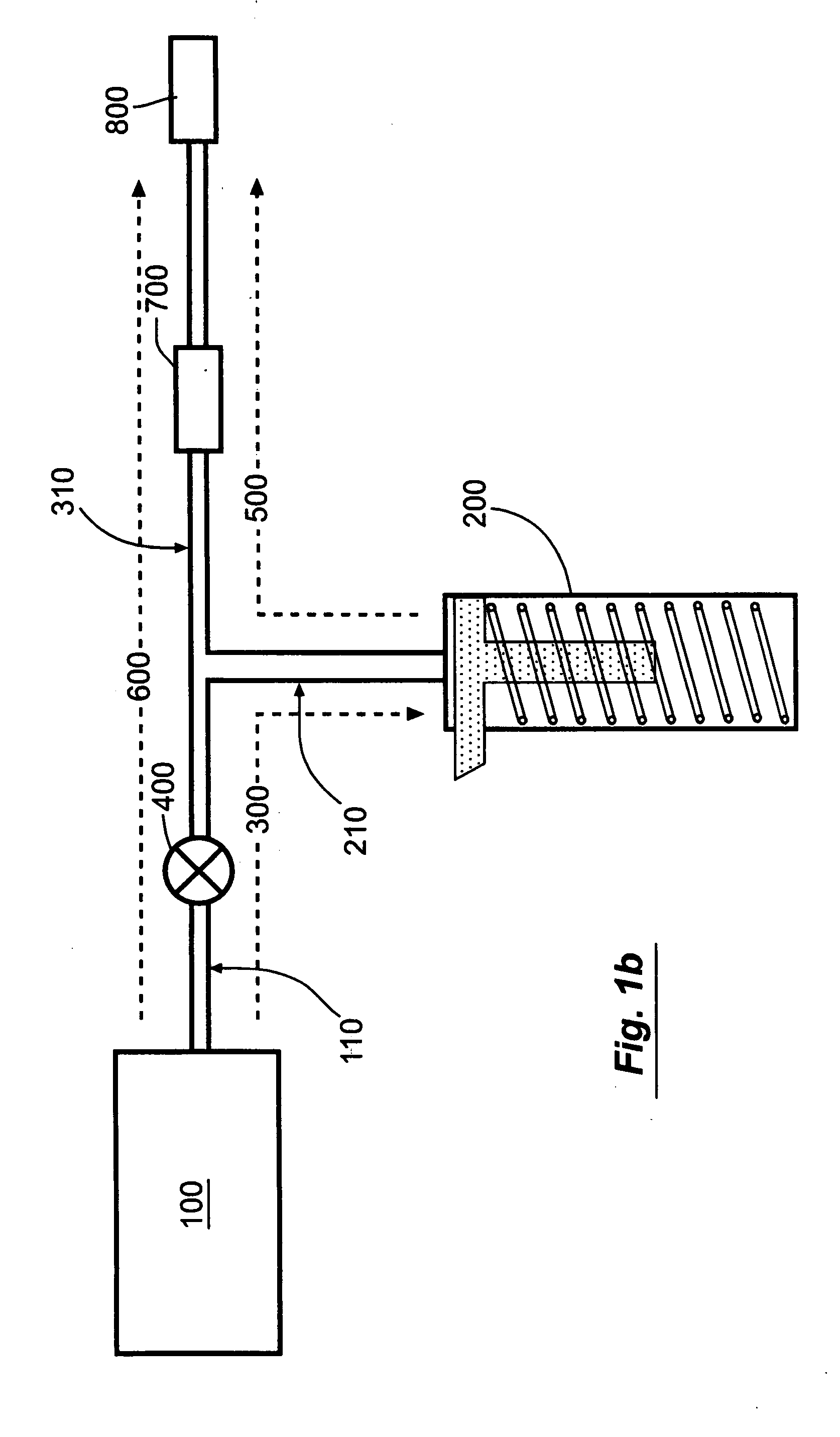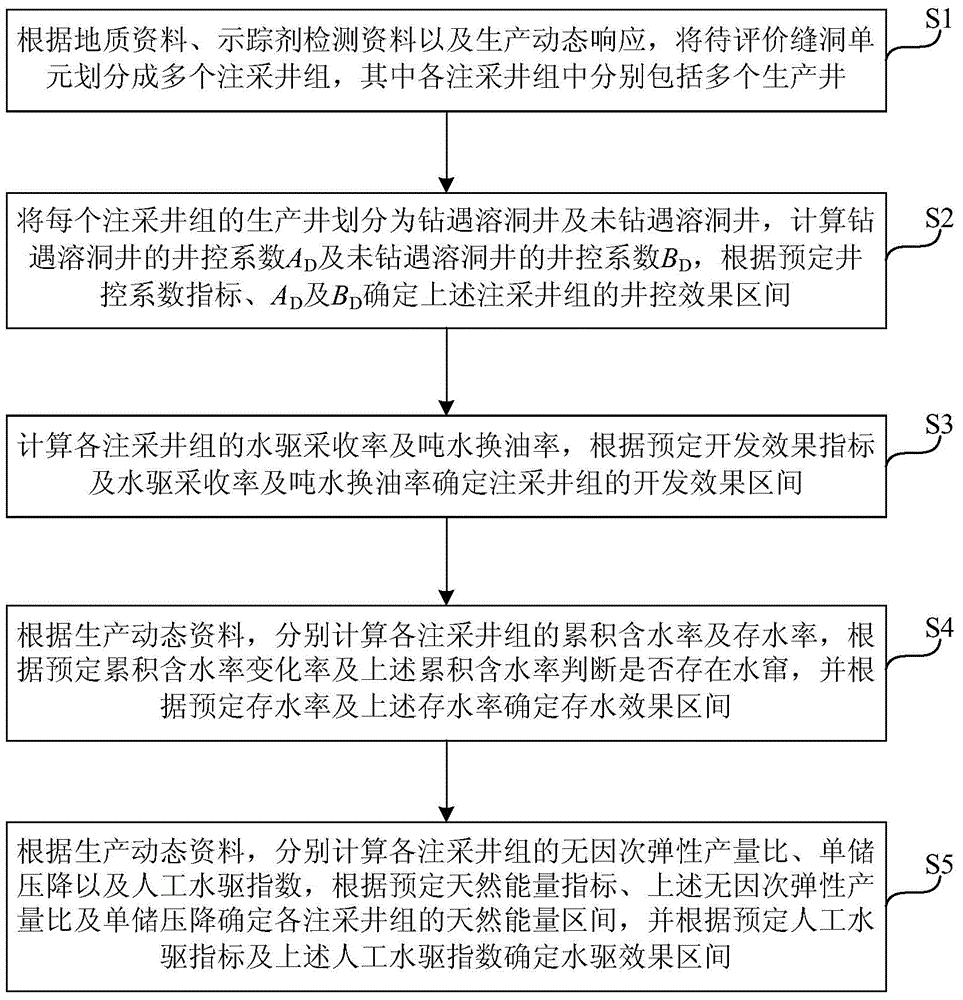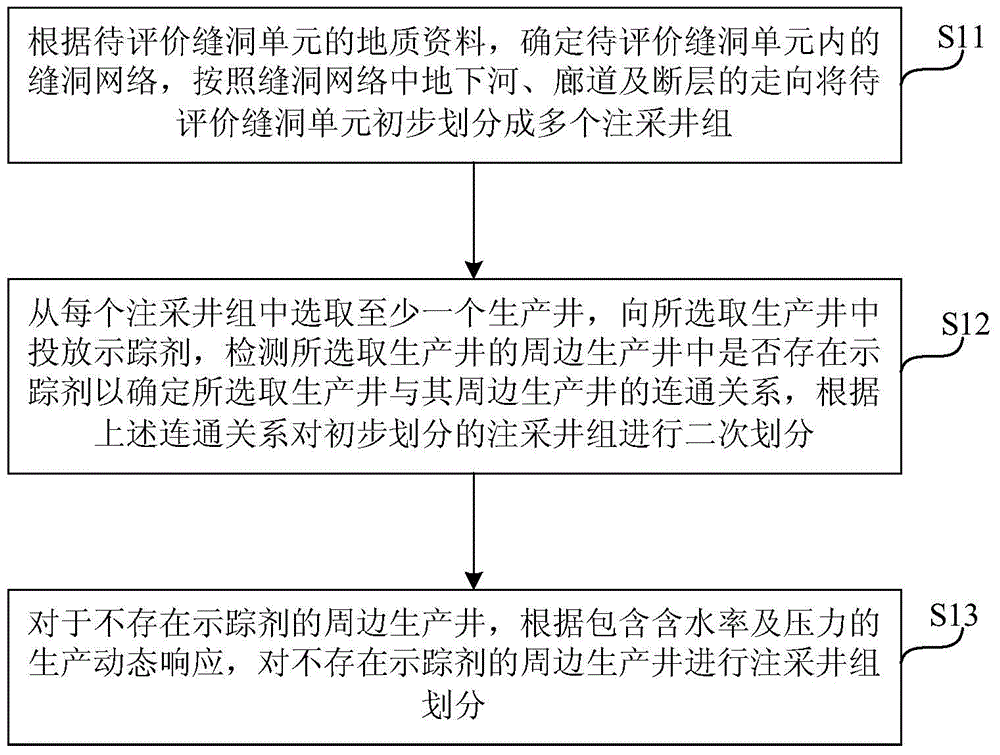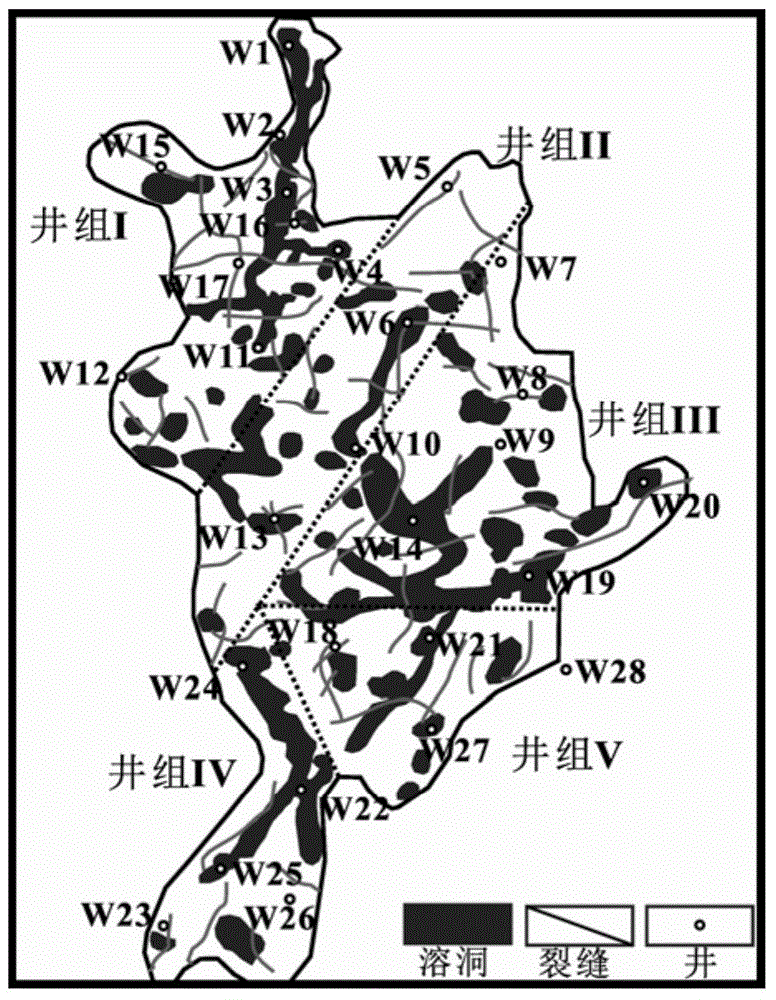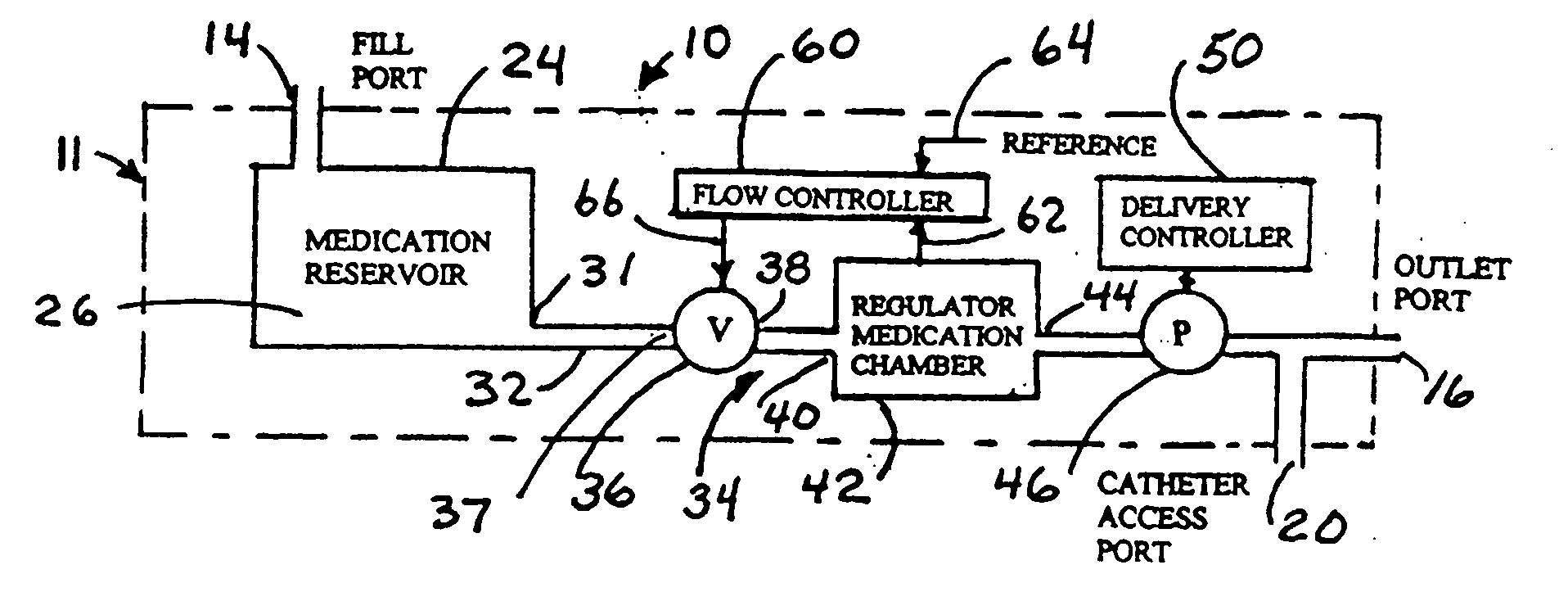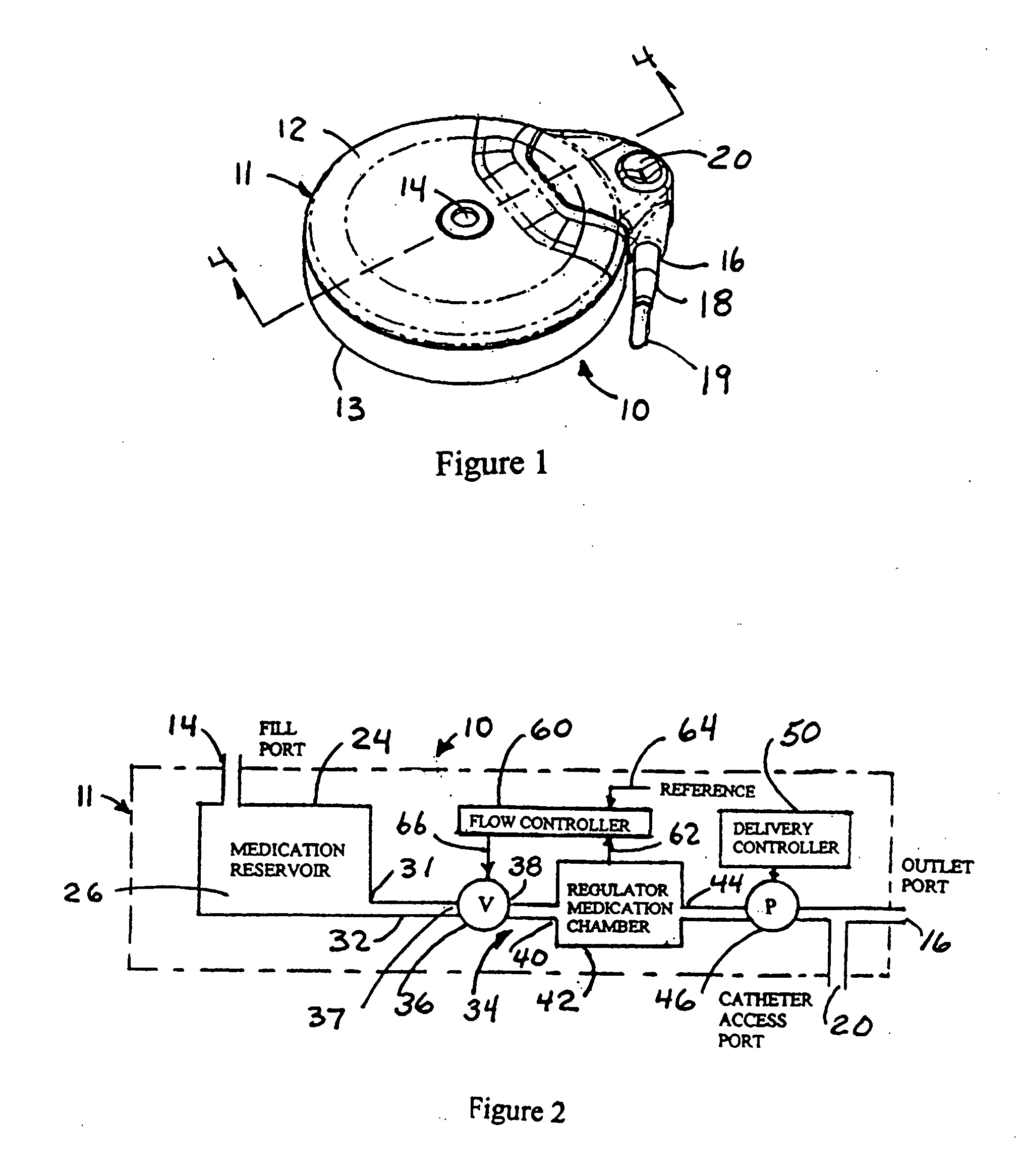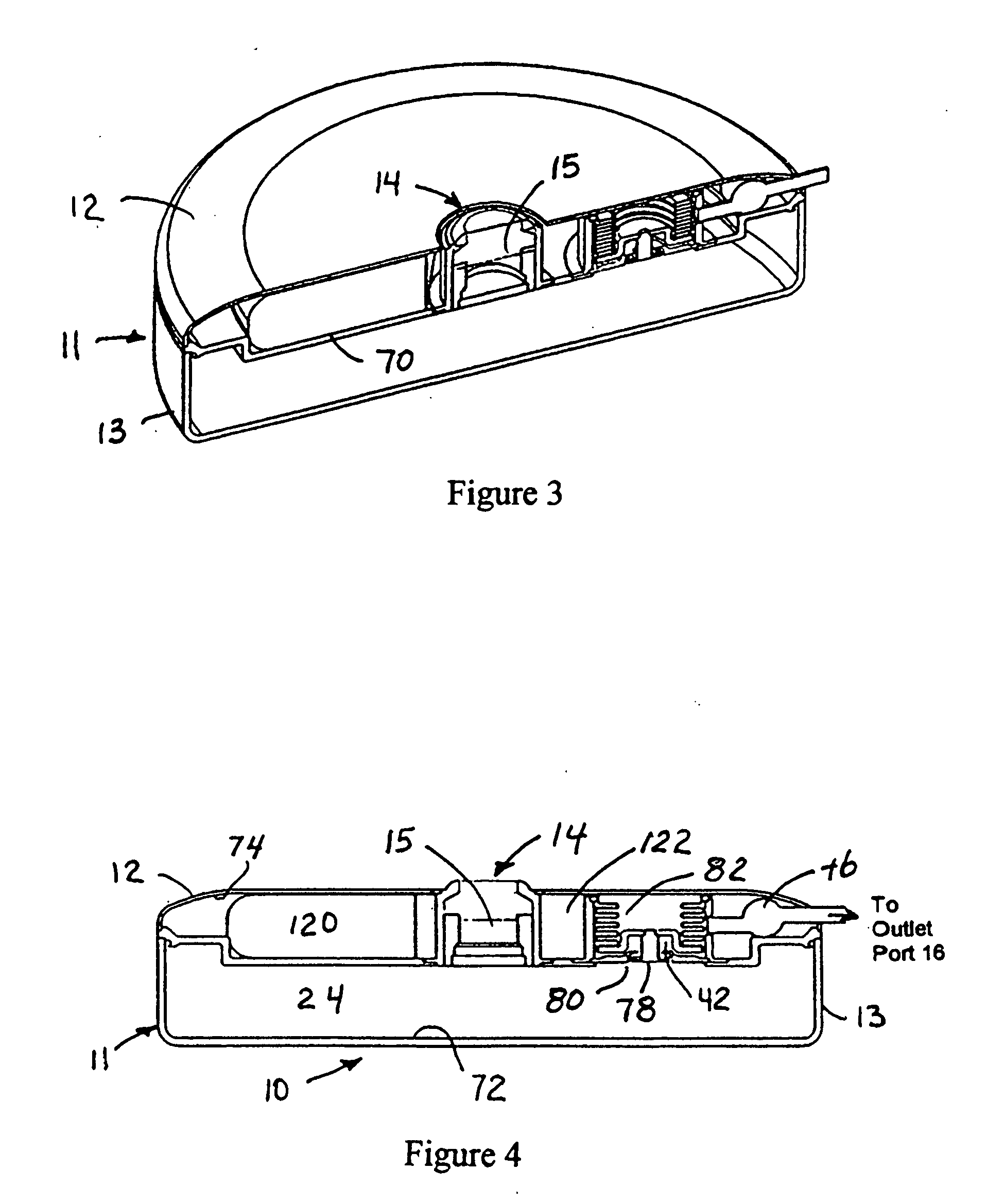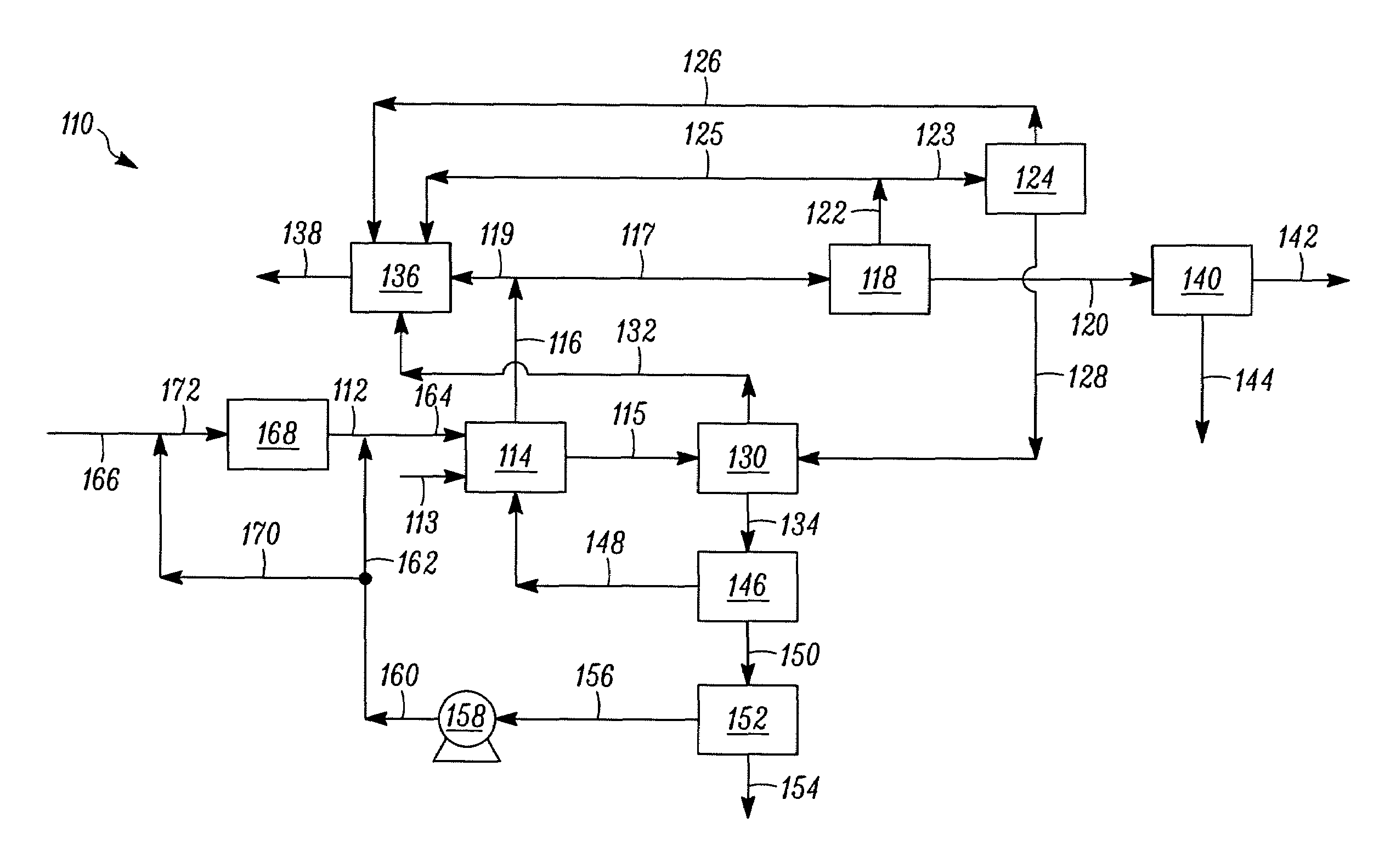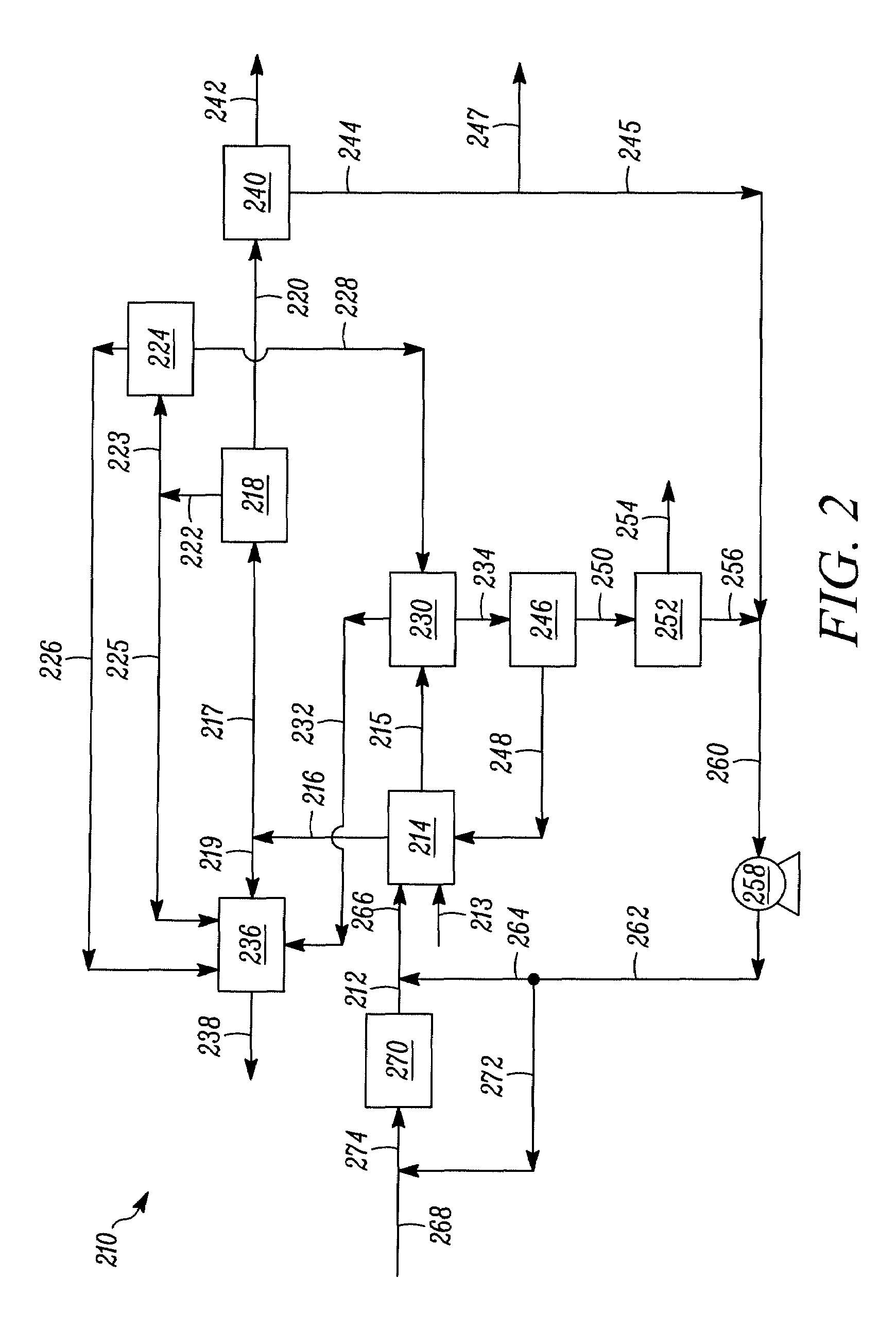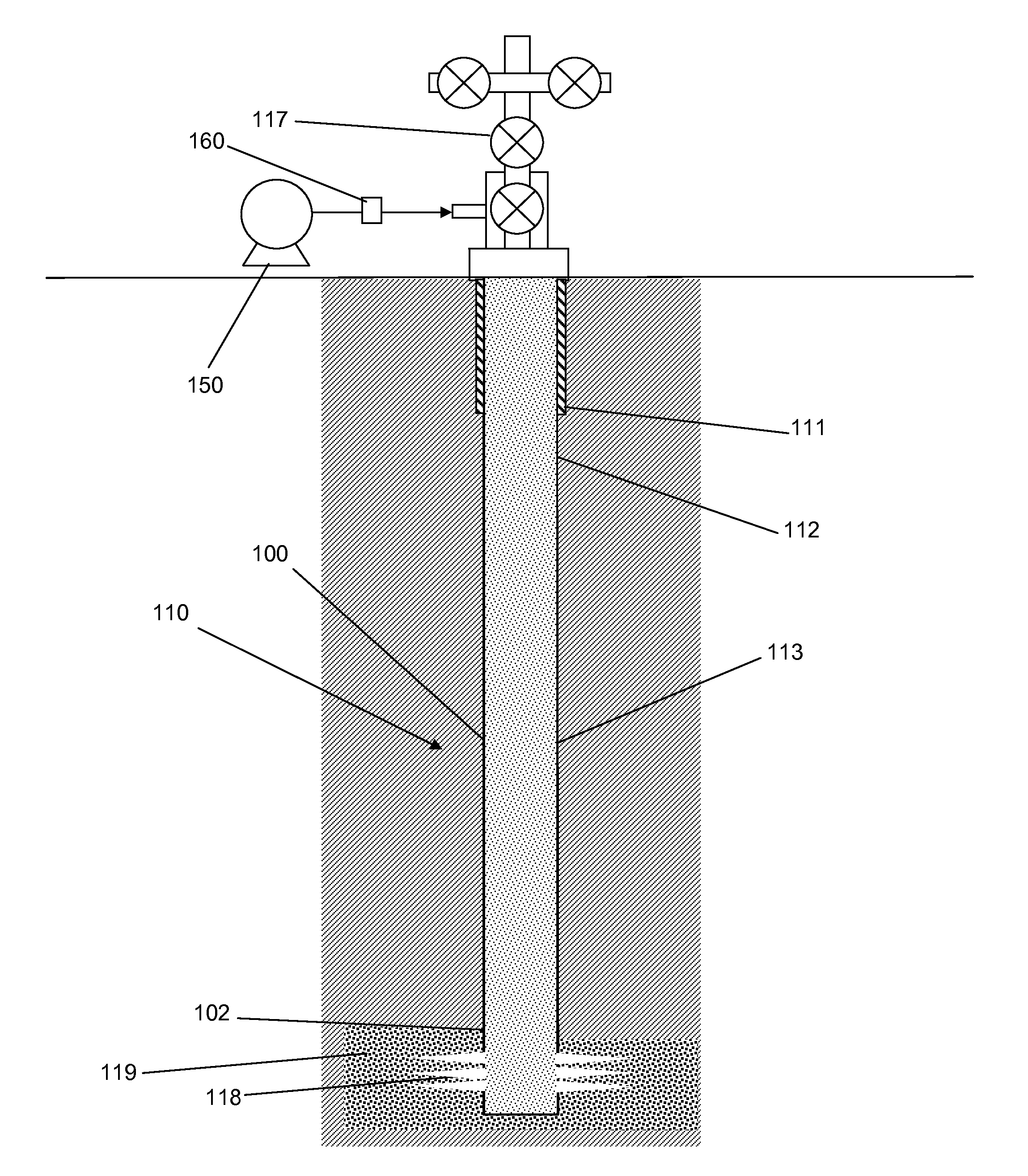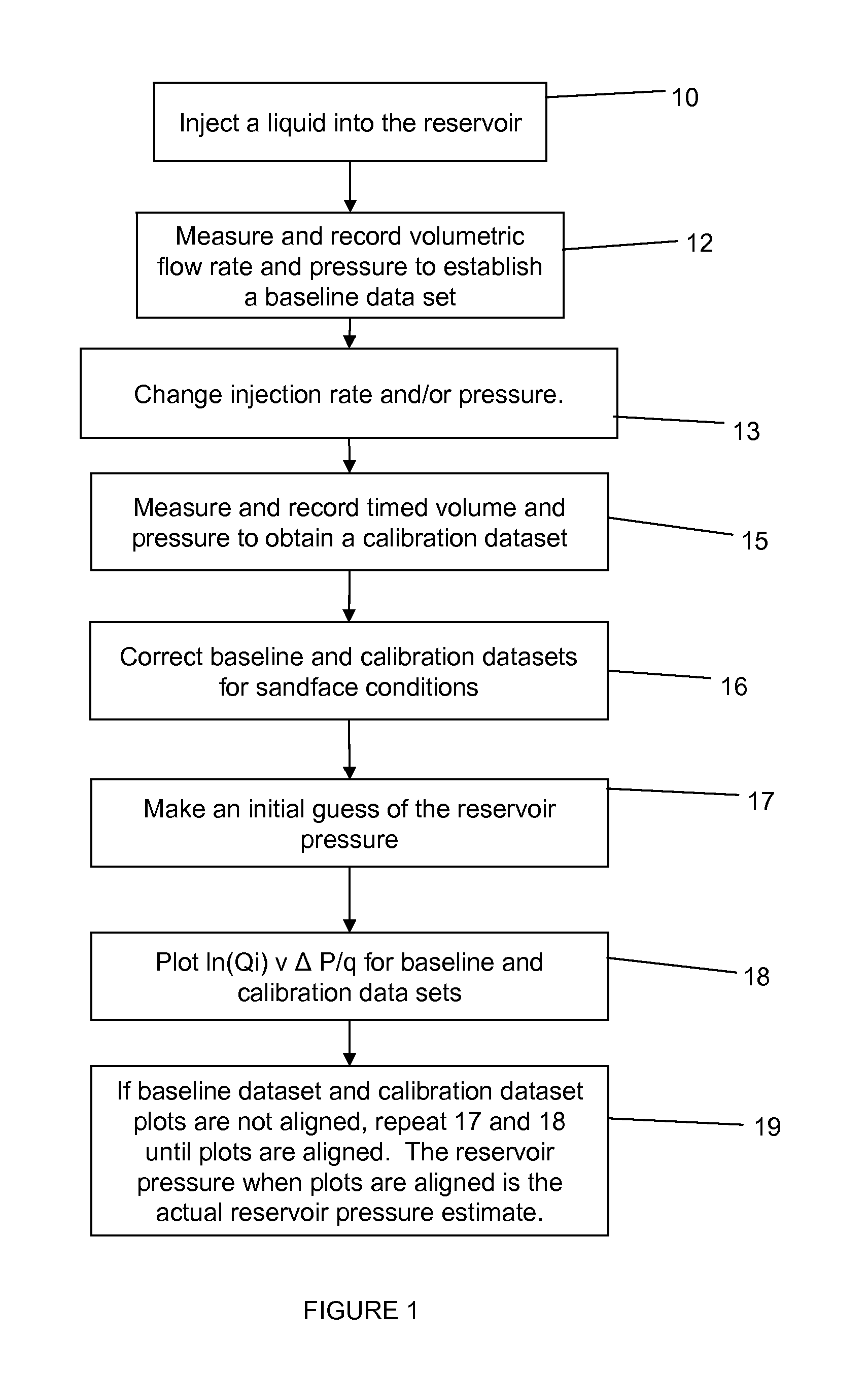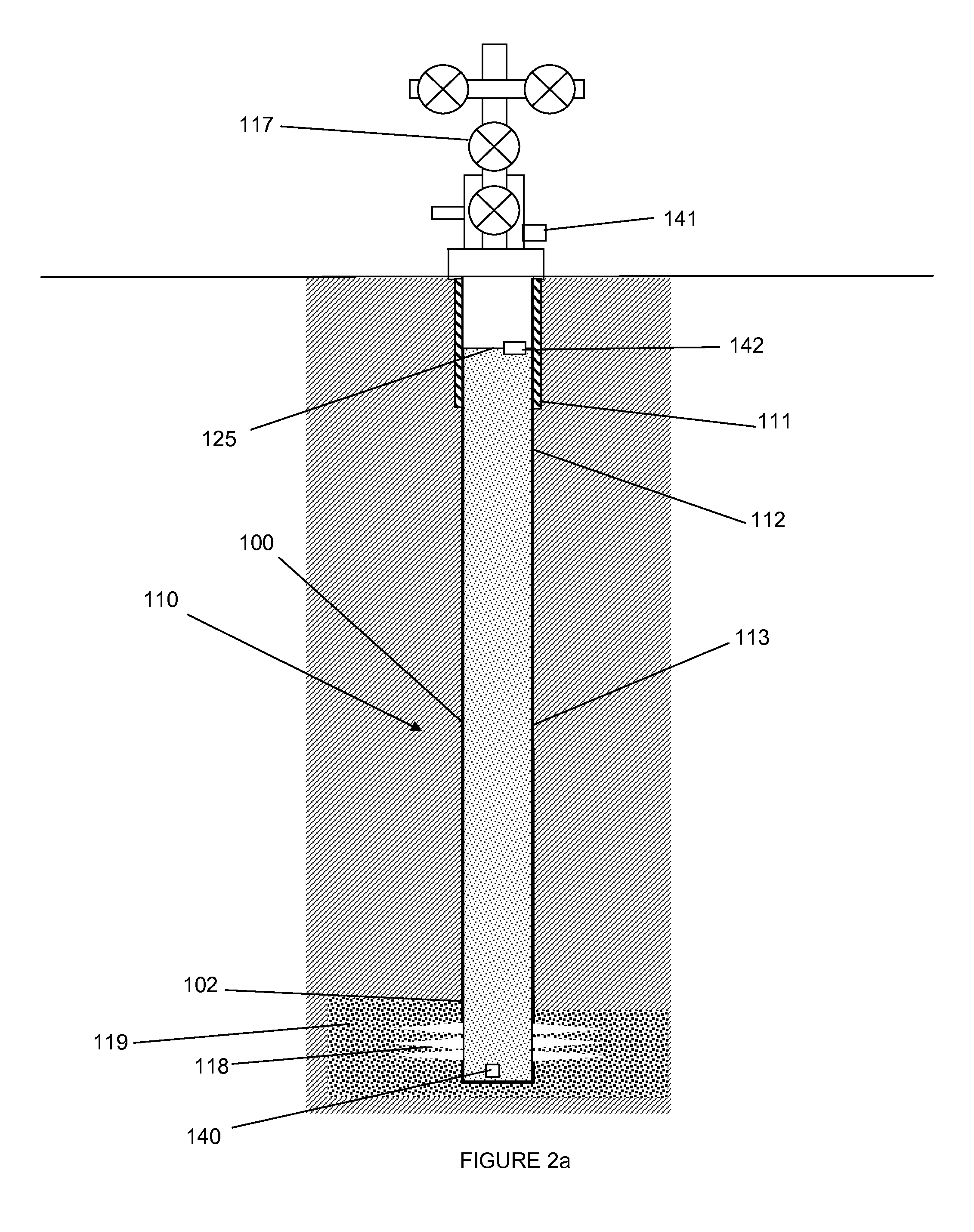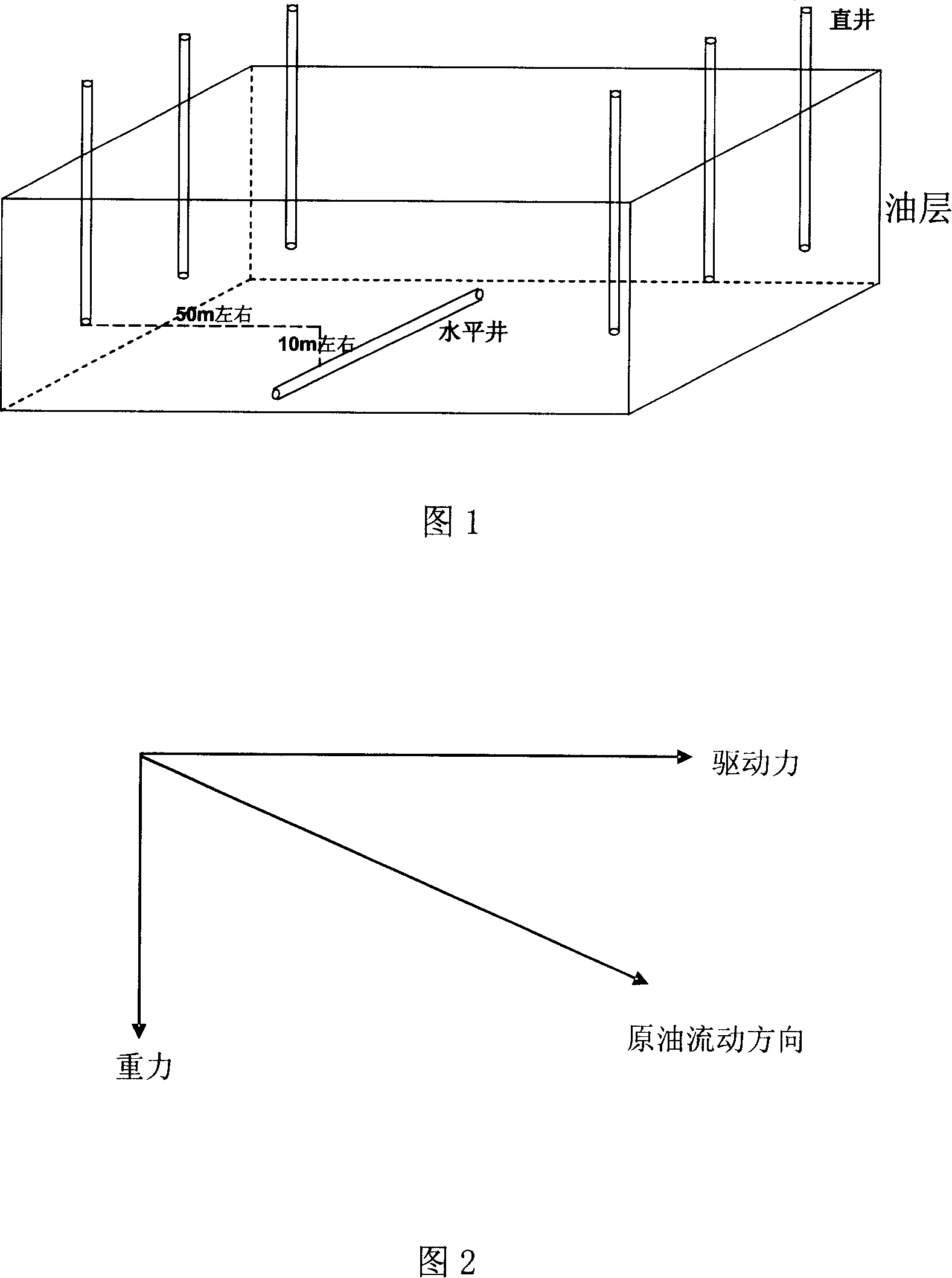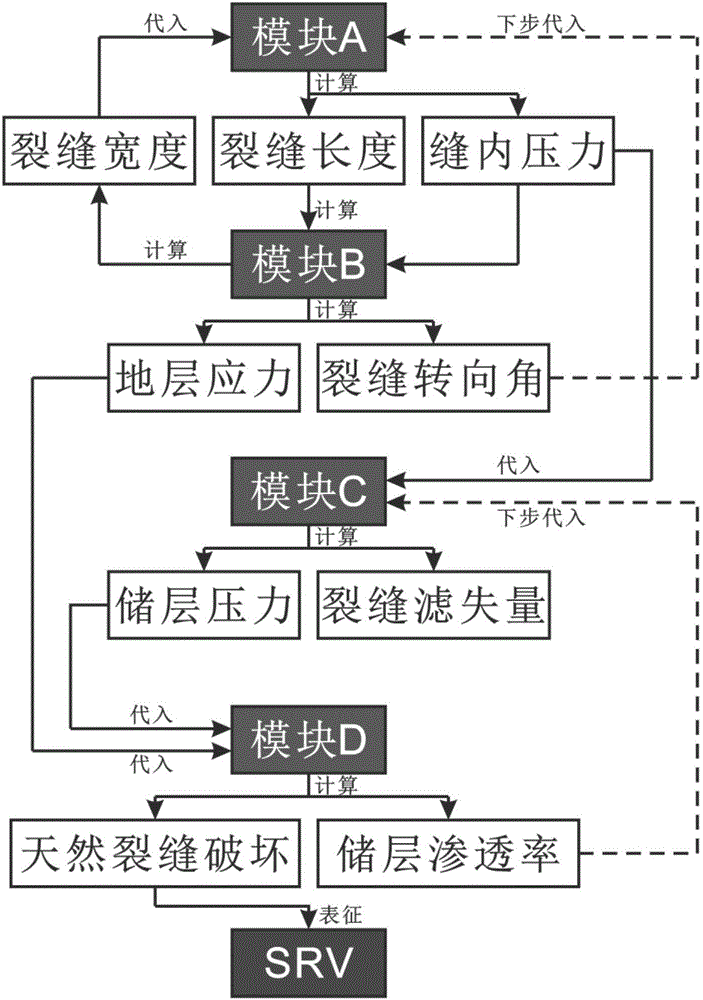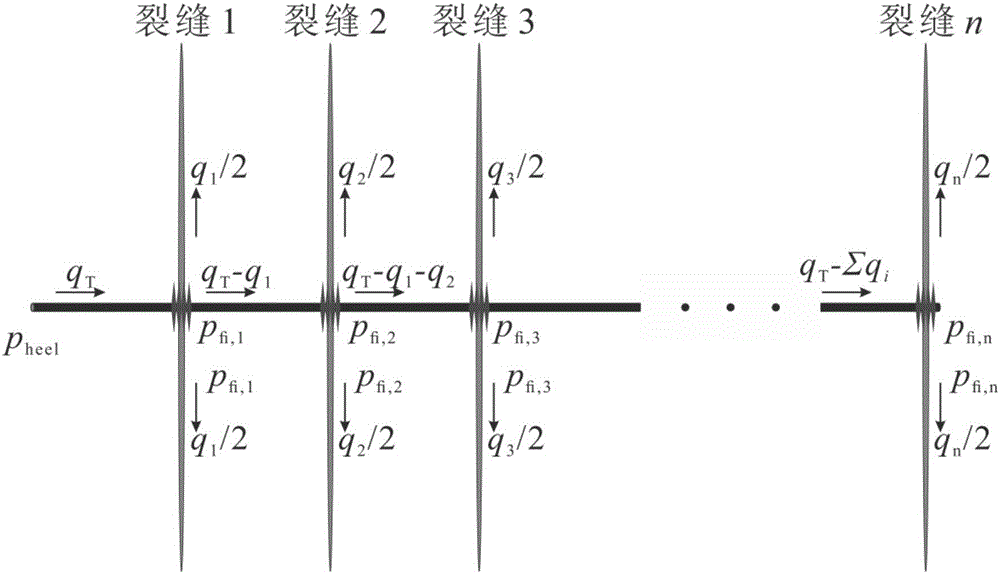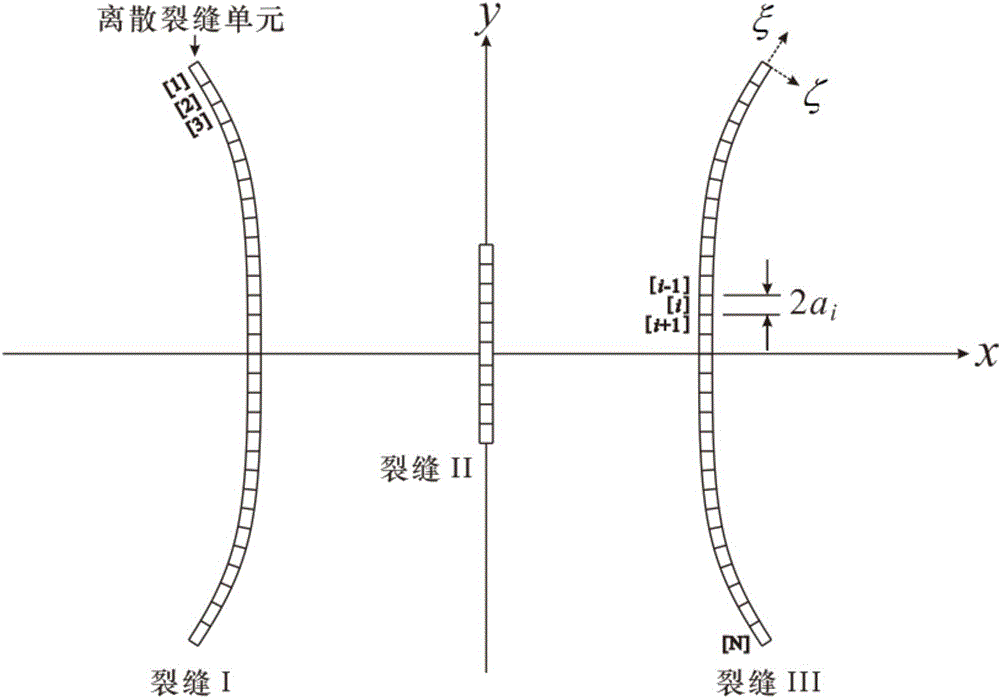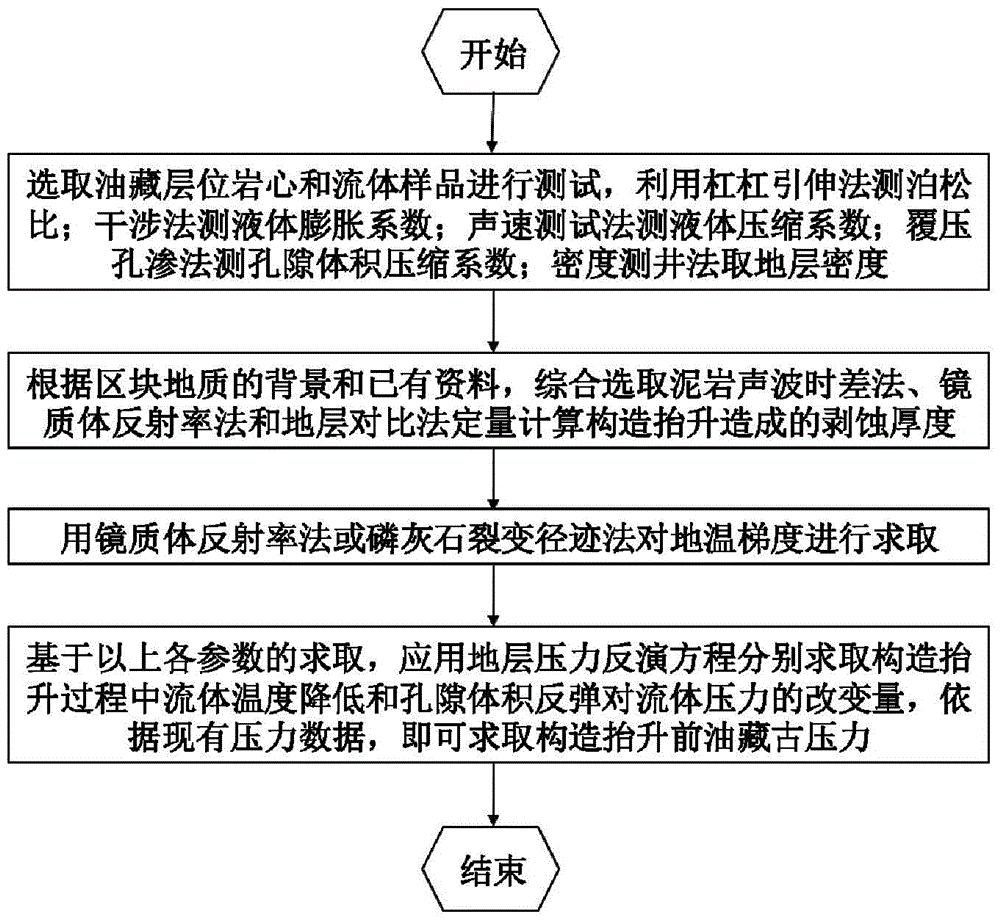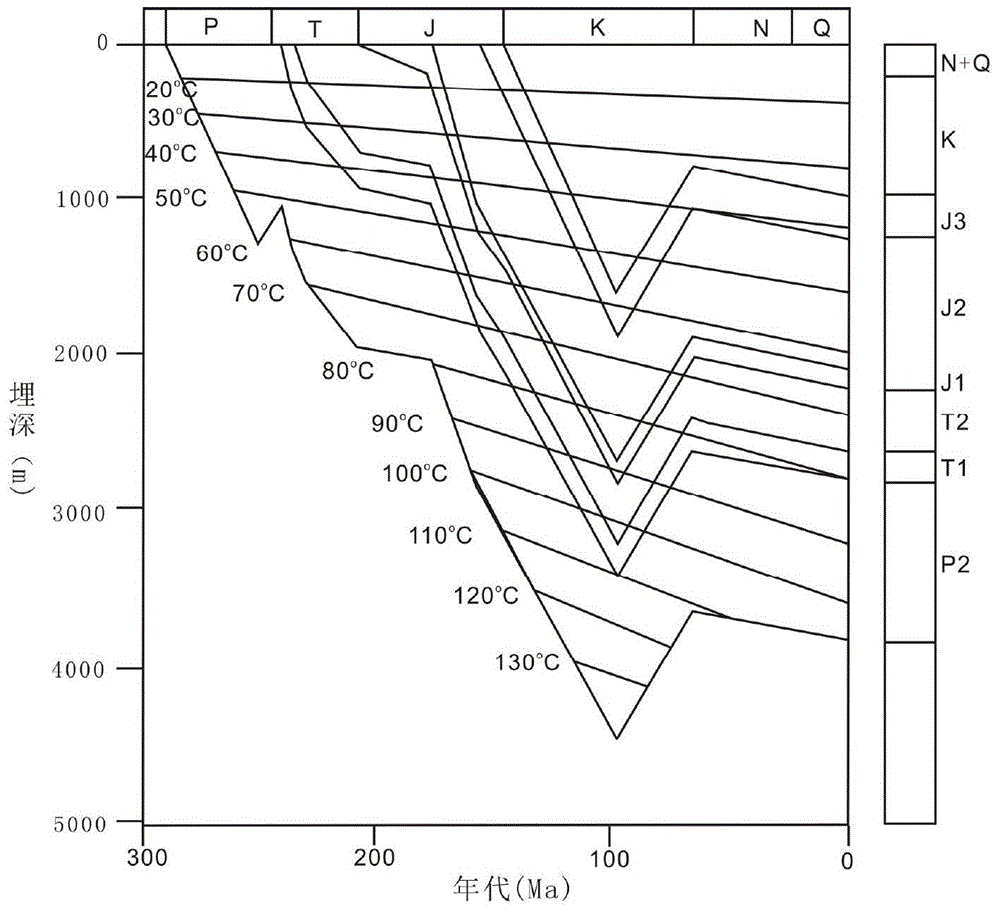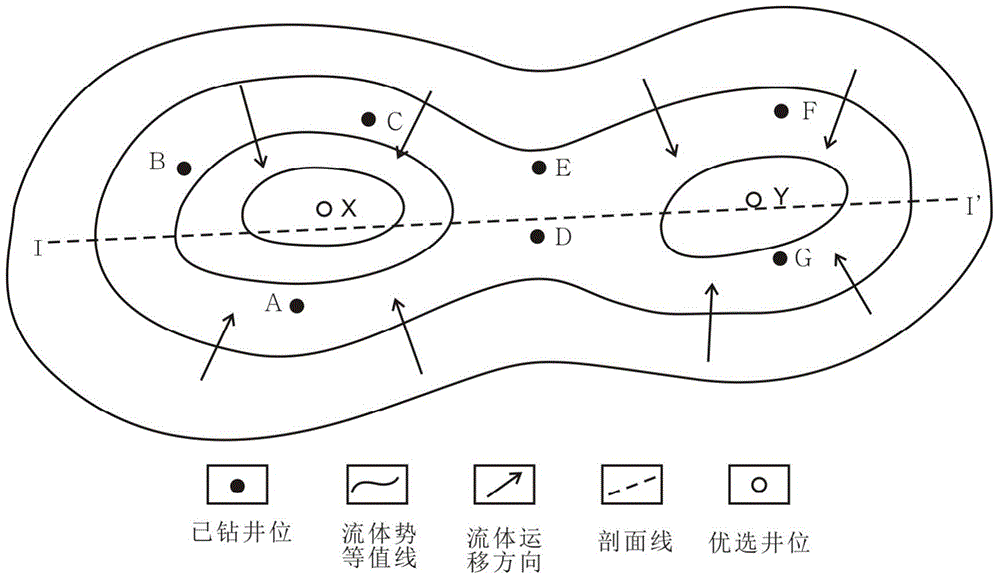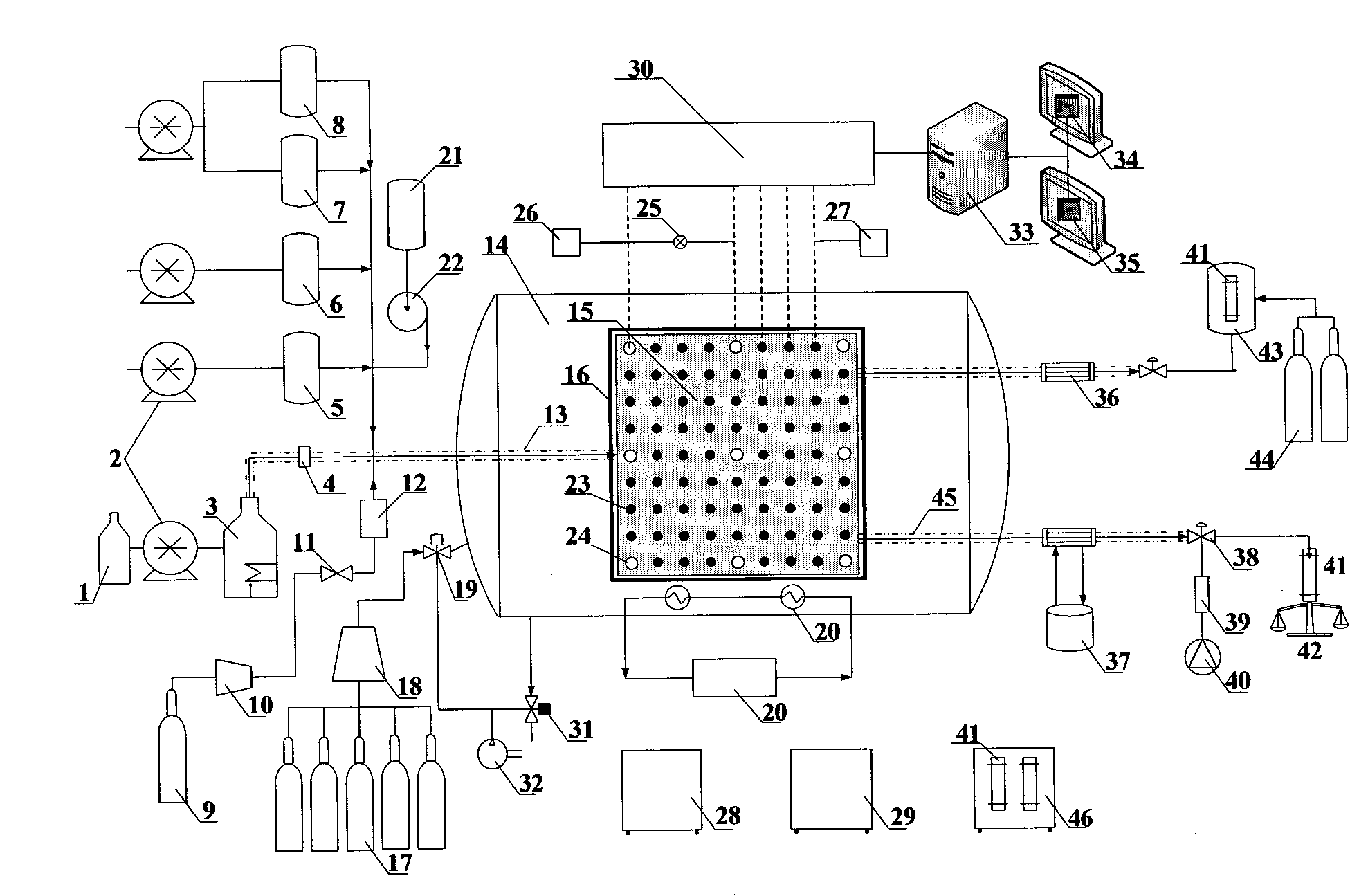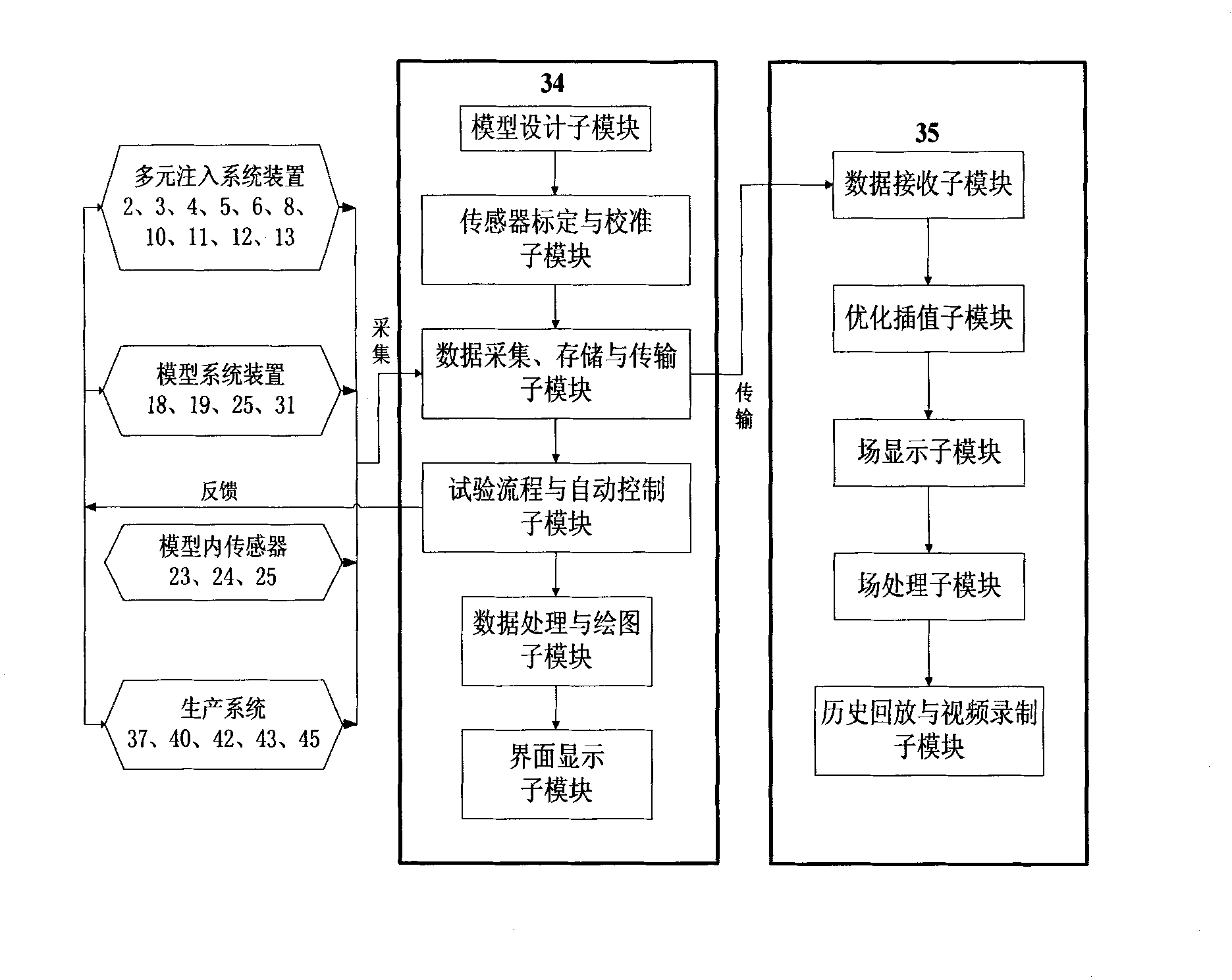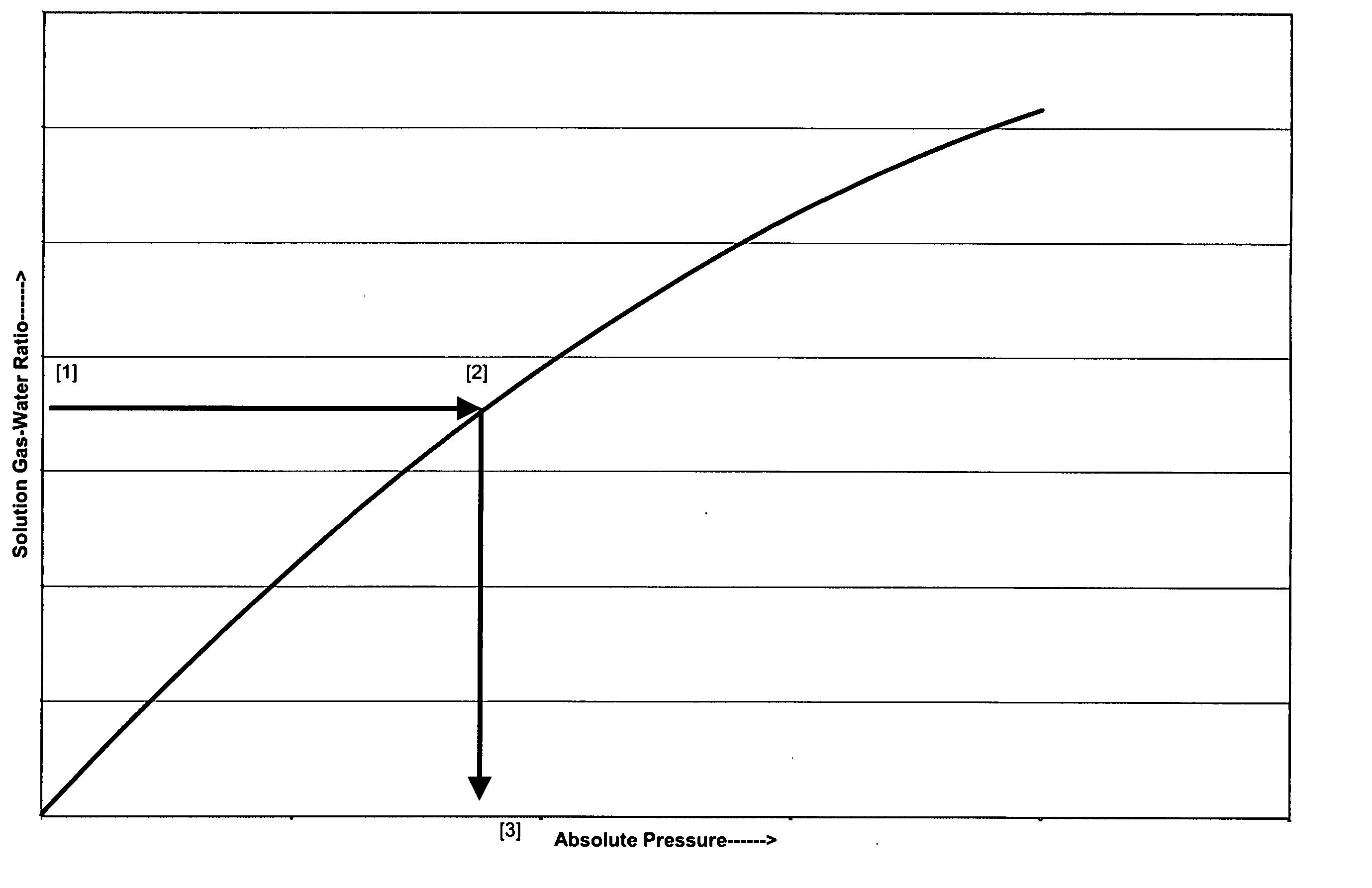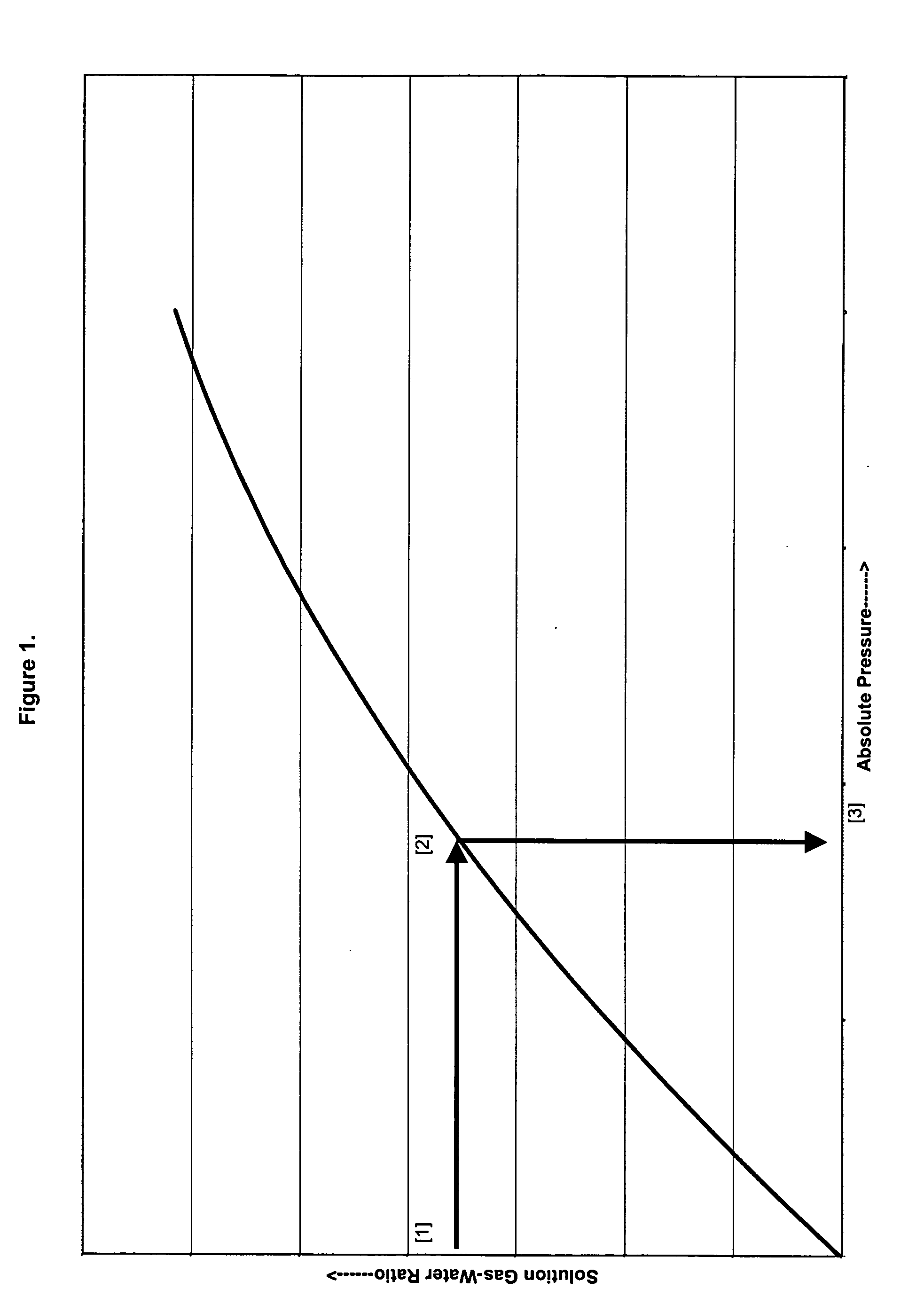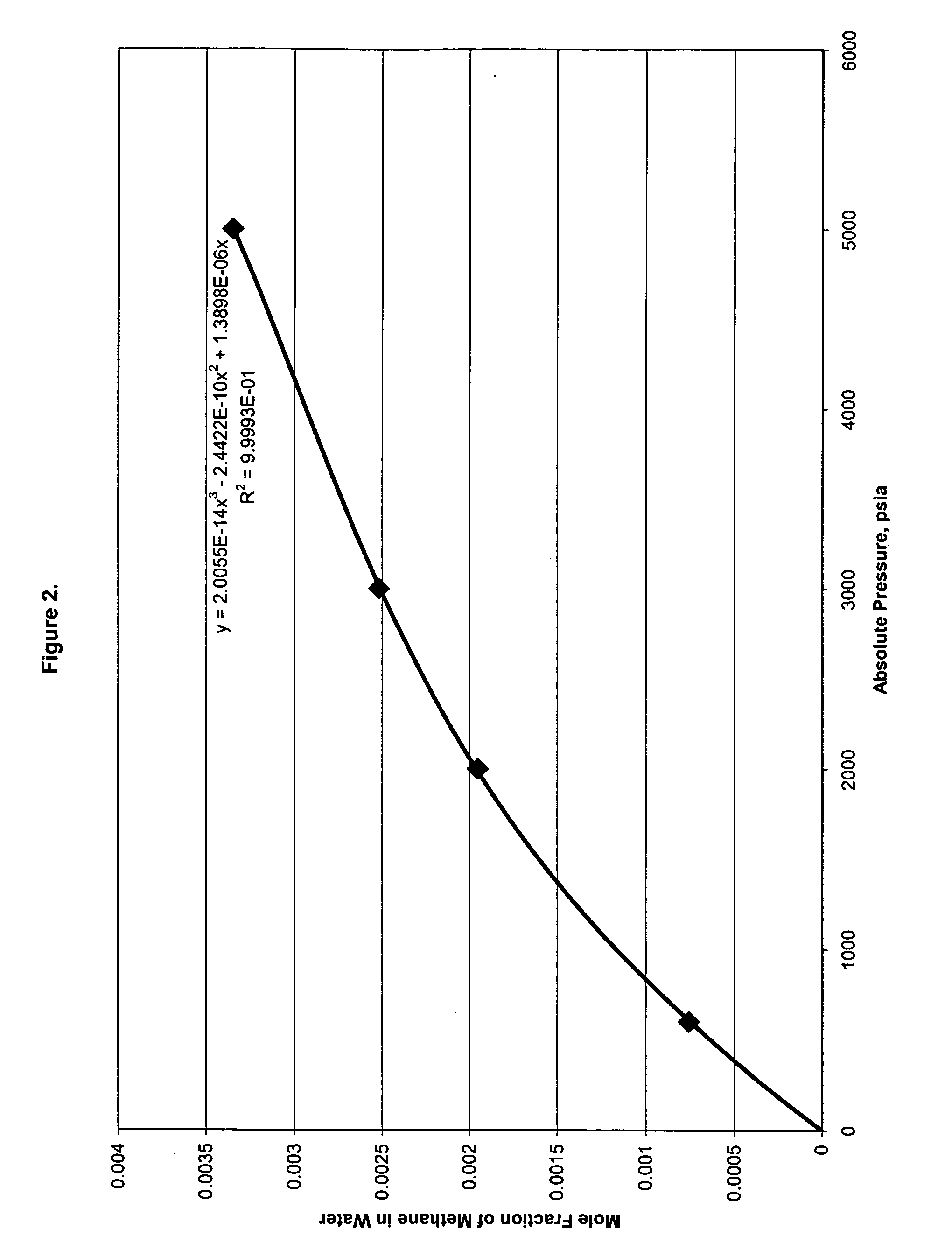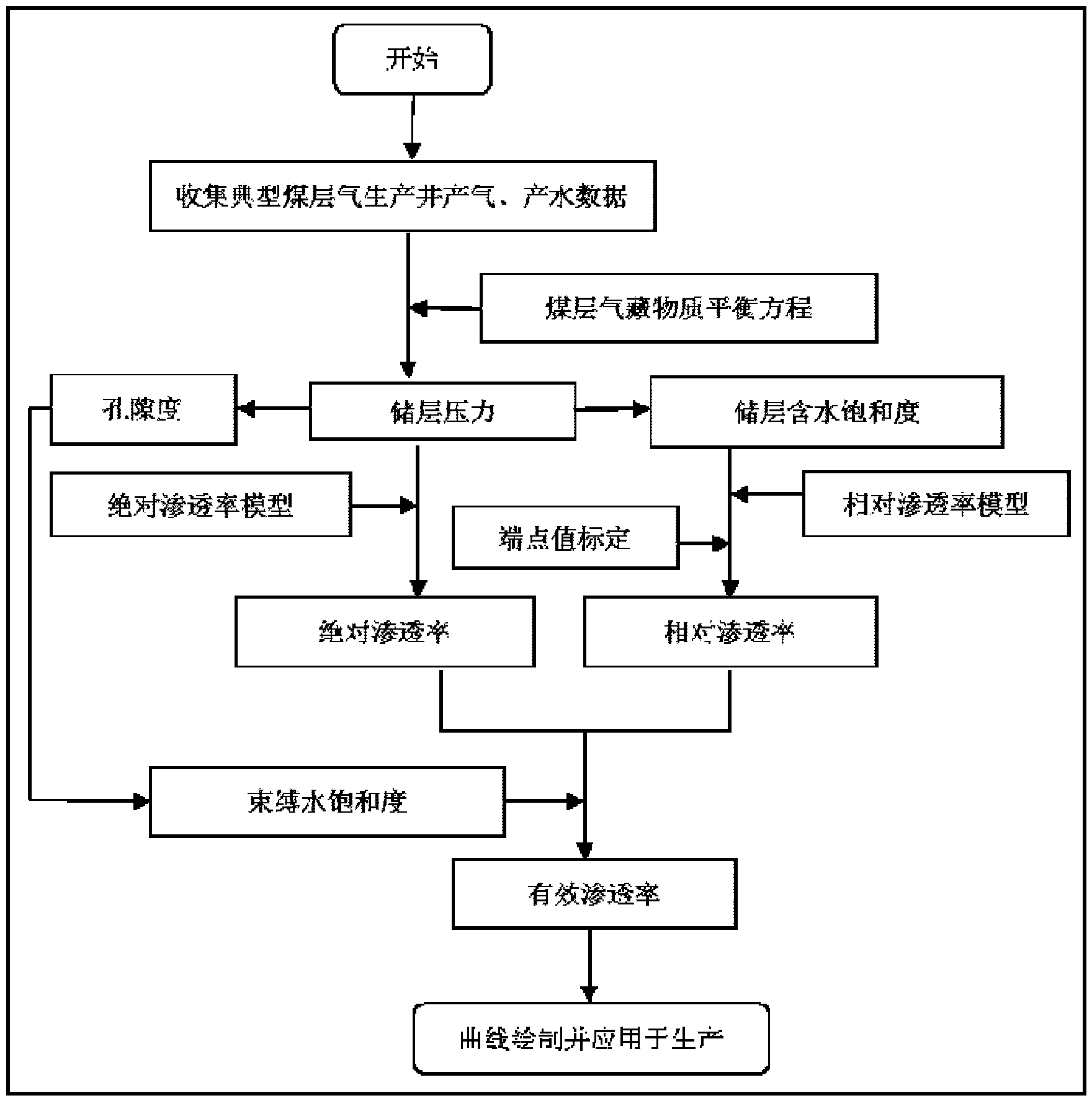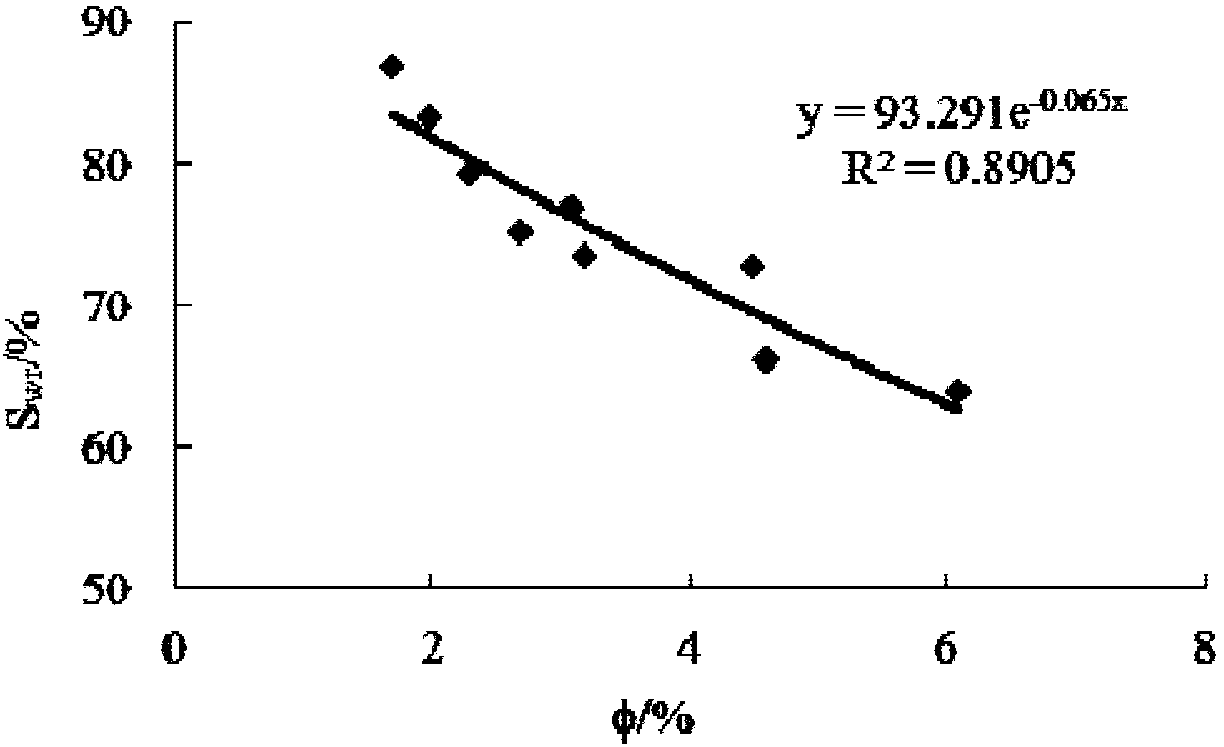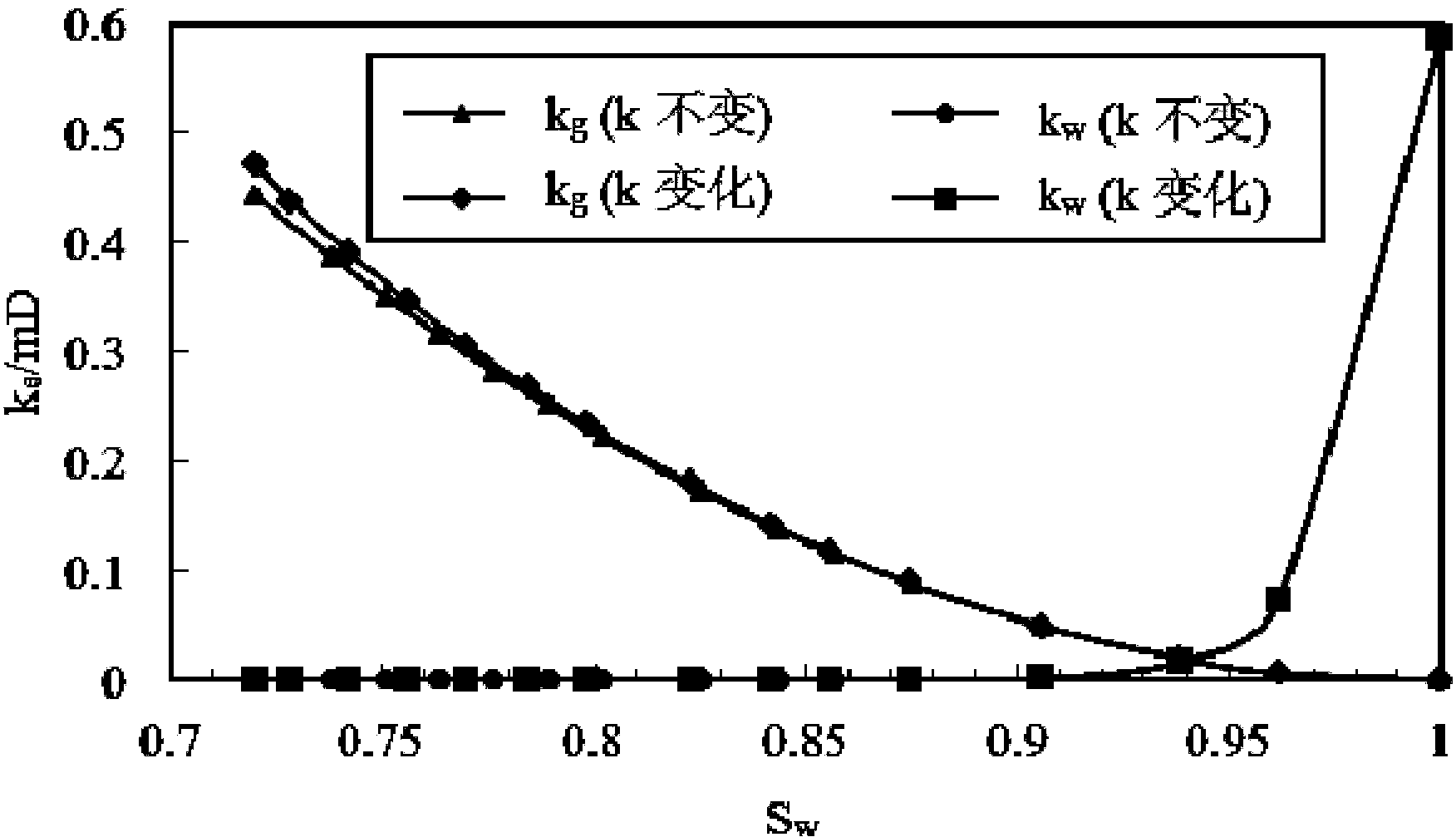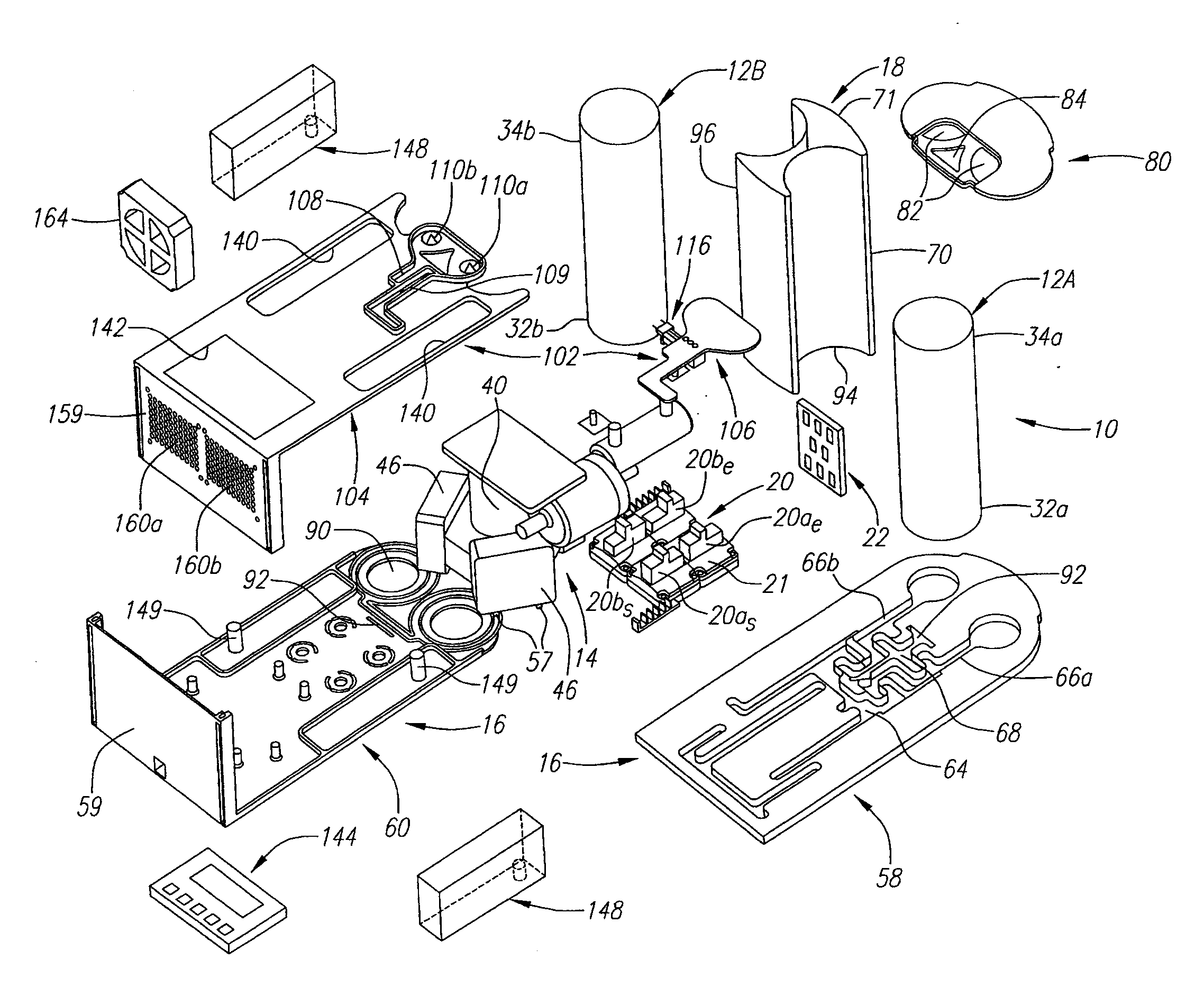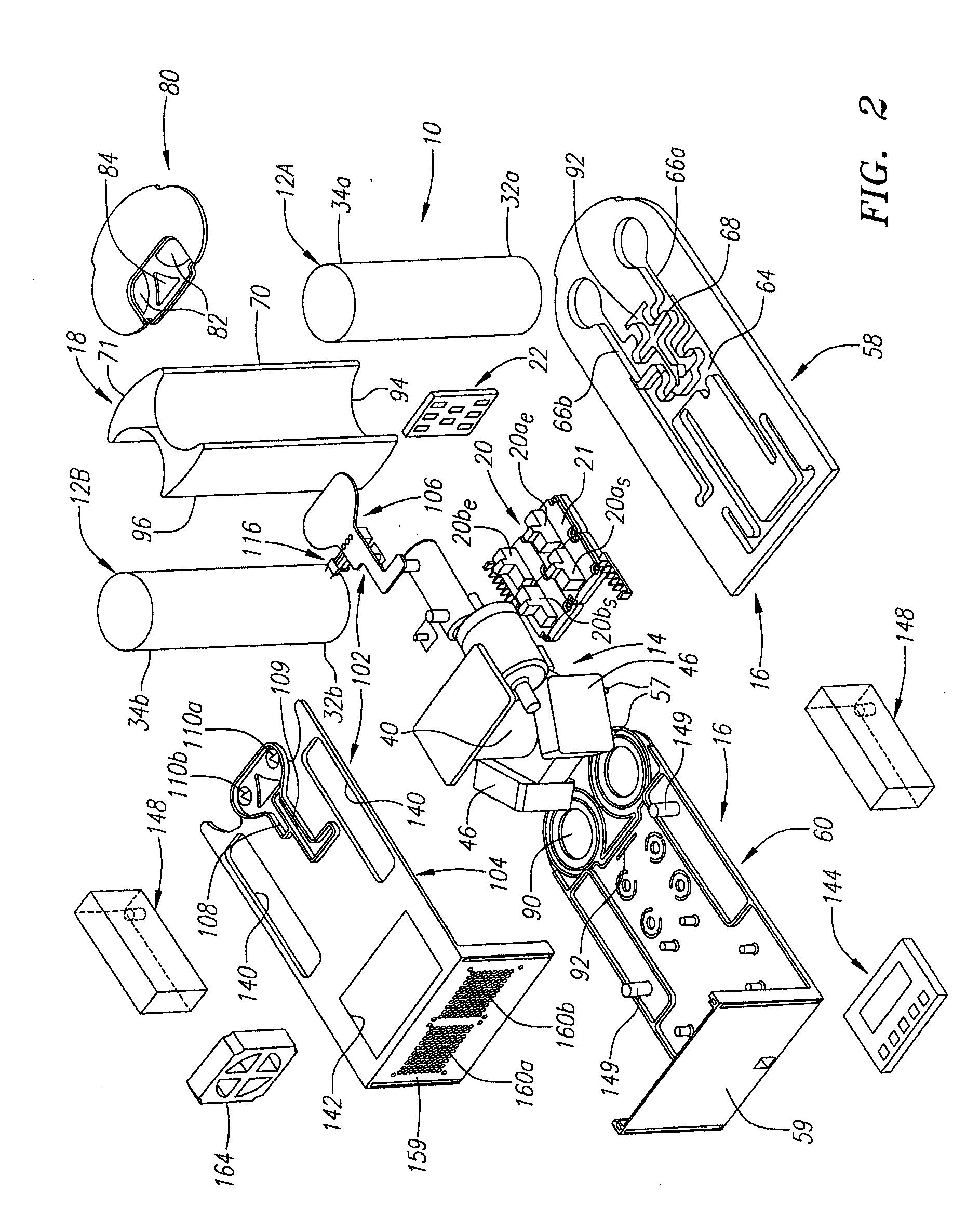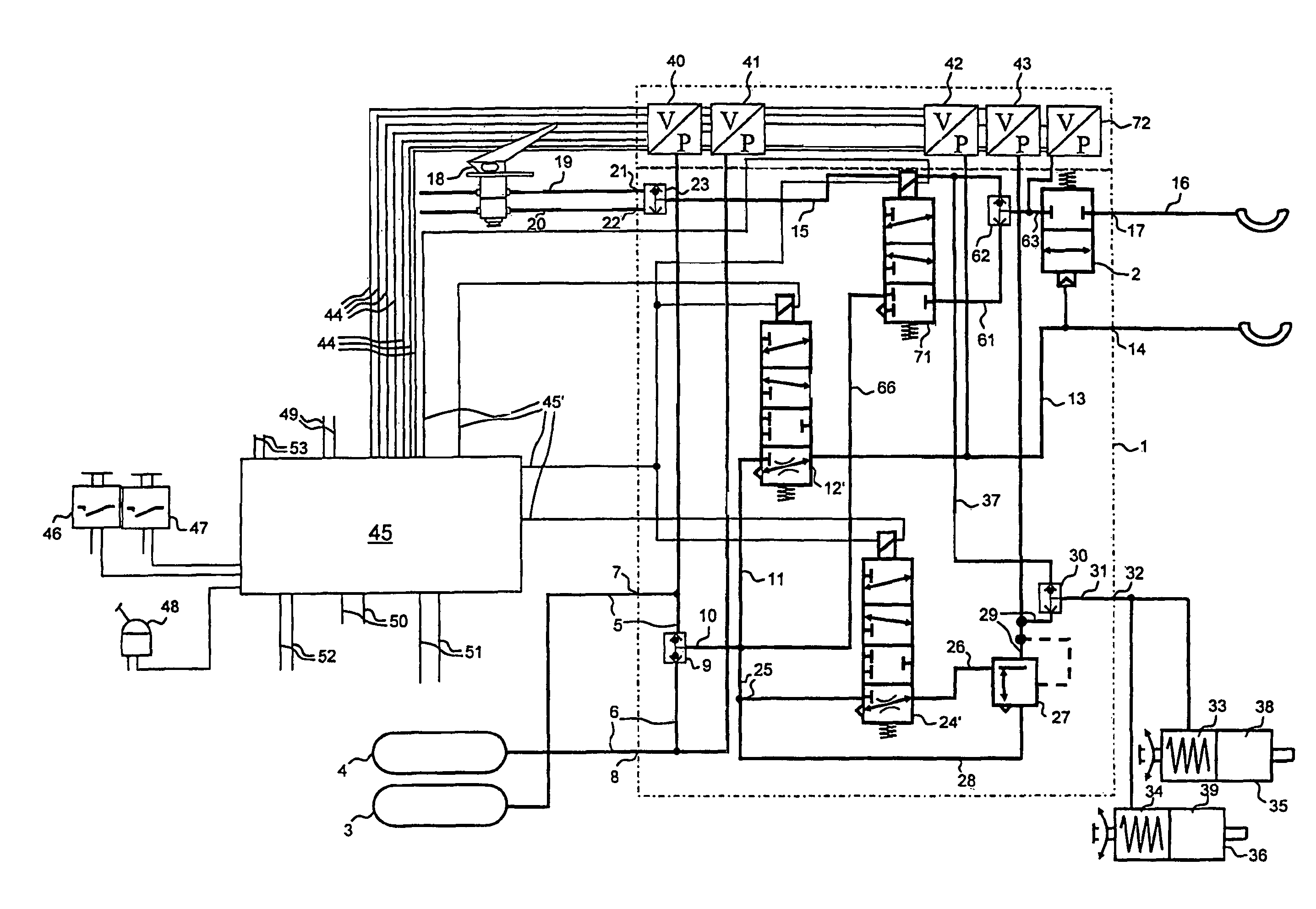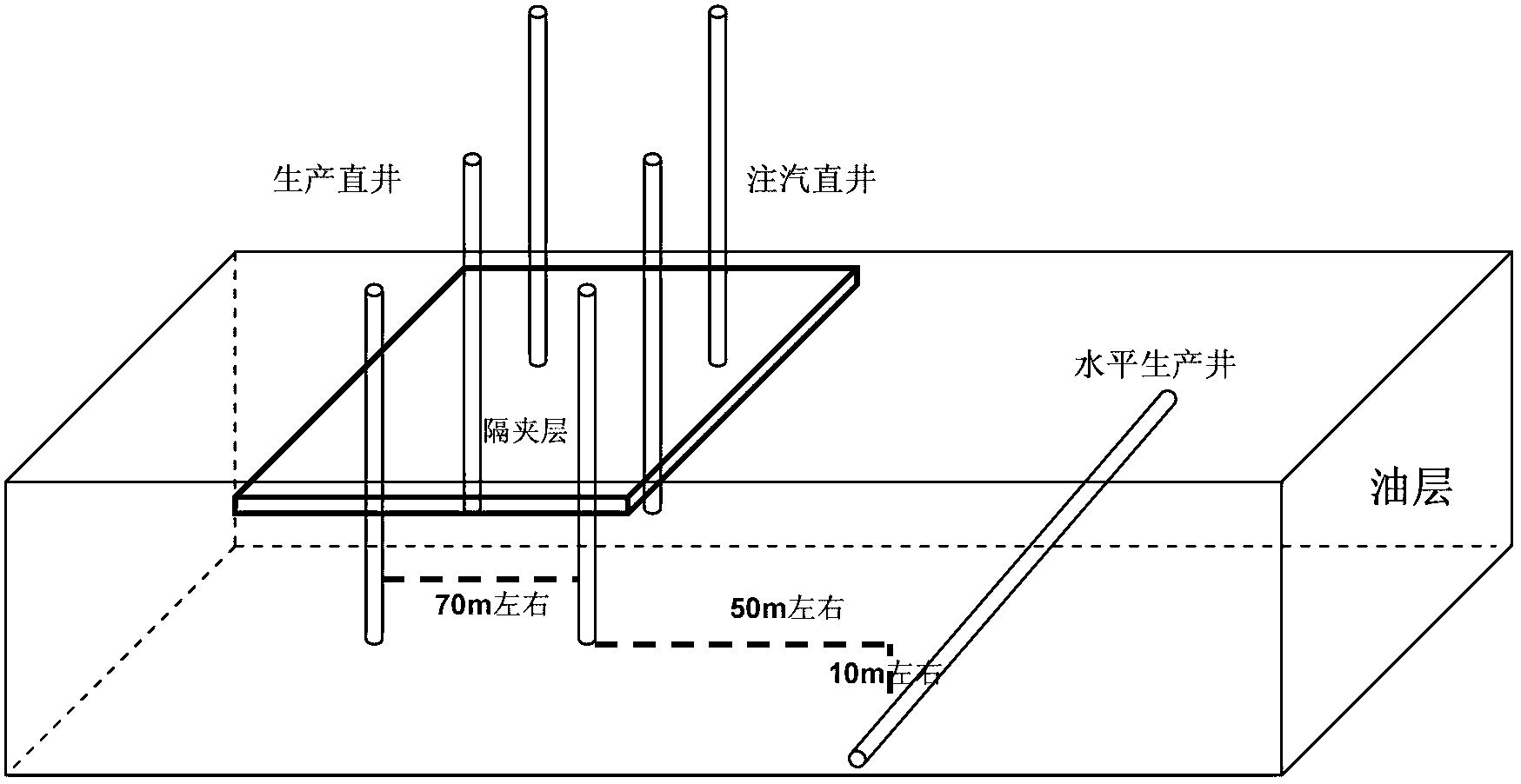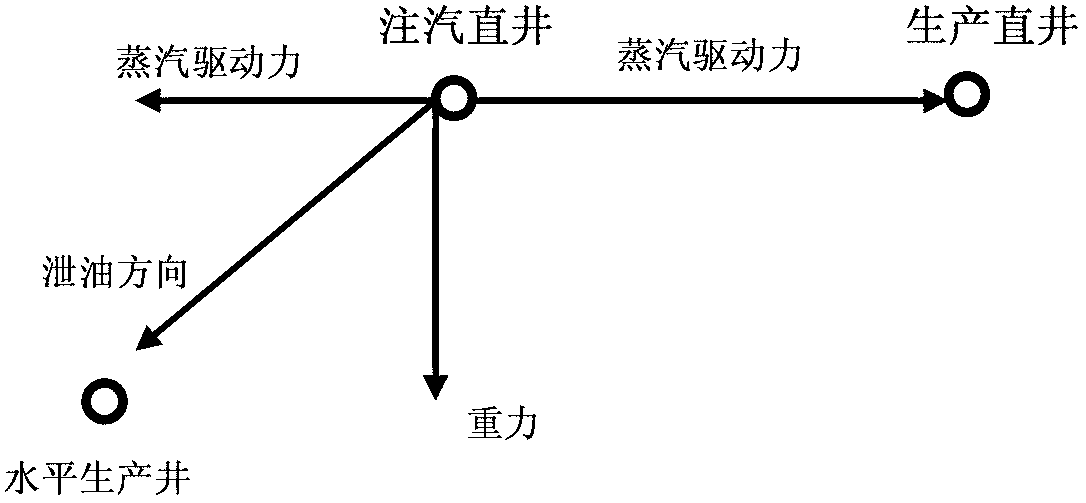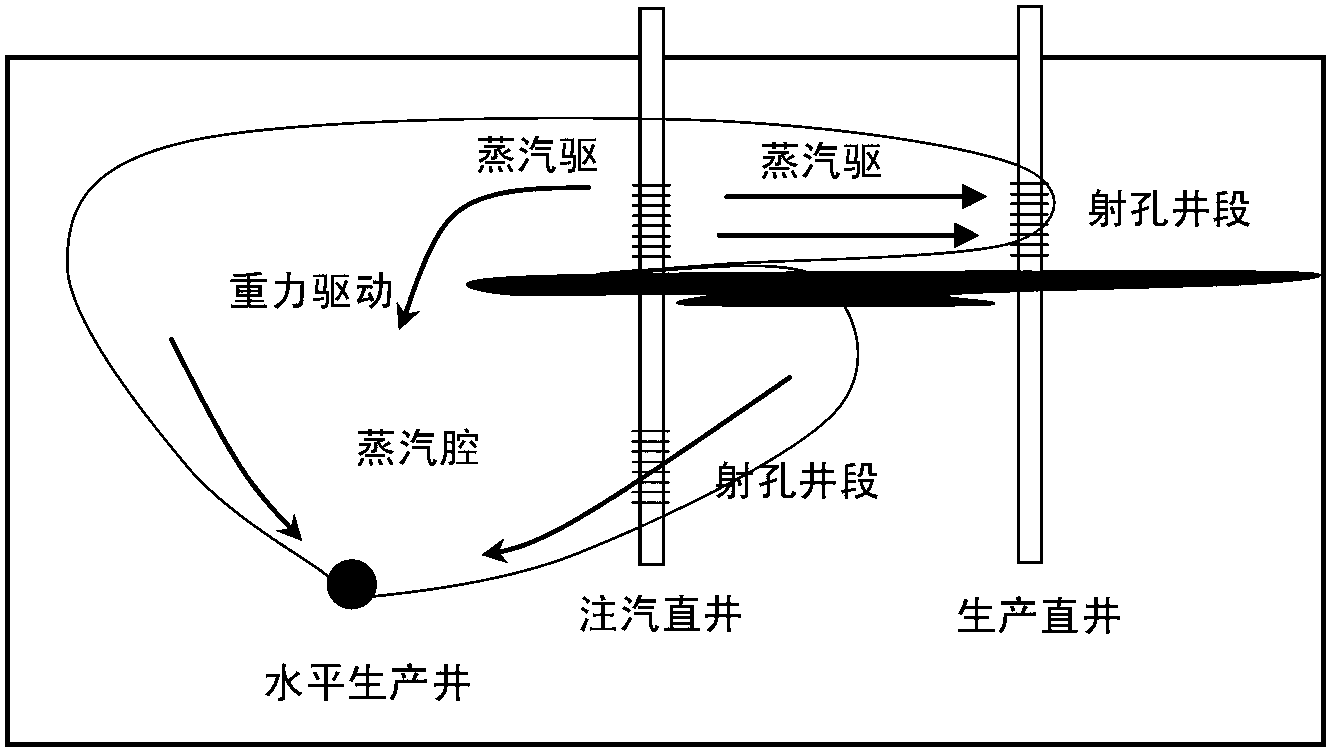Patents
Literature
Hiro is an intelligent assistant for R&D personnel, combined with Patent DNA, to facilitate innovative research.
368 results about "Reservoir pressure" patented technology
Efficacy Topic
Property
Owner
Technical Advancement
Application Domain
Technology Topic
Technology Field Word
Patent Country/Region
Patent Type
Patent Status
Application Year
Inventor
Reservoir Pressure, also known as formation pressure or hydrostatic pressure is the pressure of the fluids present in a hydrocarbon reservoir. It can also be stated as the pressure which is exerted by column of water on sea level from the depth of a hydrocarbon reservoir inside the earth's surface.
Multi-reservoir pressure control system
InactiveUS6915679B2Sufficient oscillationAccurate and stable and reliable assayAnalysis by electrical excitationLaboratory glasswaresFluid transportFlow resistivity
Improved microfluidic devices, systems, and methods allow selective transportation of fluids within microfluidic channels of a microfluidic network by applying, controlling, and varying pressures at a plurality of reservoirs. Modeling the microfluidic network as a series of nodes connected together by channel segments and determining the flow resistance characteristics of the channel segments may allow calculation of fluid flows through the channel segments resulting from a given pressure configuration at the reservoirs. To effect a desired flow within a particular channel or series of channels, reservoir pressures may be identified using the network model. Viscometers or other flow sensors may measure flow characteristics within the channels, and the measured flow characteristics can be used to calculate pressures to generate a desired flow. Multi-reservoir pressure modulator and pressure controller systems can optionally be used in conjunction with electrokinetic or other fluid transport mechanisms.
Owner:CAPLIPER LIFE SCI INC
Underbalanced drill string deployment valve method and apparatus
Apparatus and methods for a deployment valve used with an underbalanced drilling system to enhance the advantages of underbalanced drilling. The underbalanced drilling system may typically comprise elements such as a rotating blow out preventer and drilling recovery system. The deployment valve is positioned in a tubular string, such as casing, at a well bore depth at or preferably substantially below the string light point of the drilling string. When the drilling string is above the string light point then the upwardly acting forces on the drilling string become greater than downwardly acting forces such that the drilling string begins to accelerate upwardly. The deployment valve has a bore sufficiently large to allow passage of the drill bit therethrough in the open position. The deployment valve may be closed when the drill string is pulled within the casing as may be necessary to service the drill string after drilling into a reservoir having a reservoir pressure. To allow the drill string to be removed from the casing, the pressure produced by the formation can be bled off and the drill string removed for servicing. The drill string can then be reinserted, the pressure in the casing above the deployment valve applied to preferably equalize pressure above and below the valve and the drill string run into the hole for further drilling.
Owner:WEATHERFORD TECH HLDG LLC
Non-constant pressure infusion pump
InactiveUS7338464B2Easy constructionPharmaceutical delivery mechanismMedical devicesPeriod effectsBiomedical engineering
The present invention relates to an implantable infusion pump having a refillable infusate reservoir in fluid communication with a delivery site via a flow path. This flow path includes a flow resistance. The infusion pump includes a sensing device(s), positioned relative to the flow path, to provide data regarding a flow rate along the flow path. The infusion pump effects a division of a total flow period into at least a plurality of unit dose periods, each unit dose period effecting delivery of a unit dose of infusate. The cumulative effect of delivering the total number of unit dose periods is the delivery of a desired dose over the total flow period. The present invention permits a reservoir pressure to vary over any portion of total flow period but effects a constant-pressure state over each unit dose cycle.
Owner:ADVANCED NEUROMODULATION SYST INC
Microfluidic viscometer
InactiveUS7040144B2Determine viscosityVolume/mass flow measurementFlow control using electric meansFluid transportEngineering
Microfluidic devices, systems, and methods measure viscosity, flow times, and / or pressures, other flow characteristics within the channels, and the measured flow characteristics can be used to generate a desired flow. Multi-reservoir pressure modulator and pressure controller systems, electrokinetic systems and / or other fluid transport mechanisms can generate the flow, controllably mix fluids, and the like.
Owner:CAPLIPER LIFE SCI INC
Adaptive control of an oil or gas well surface-mounted hydraulic pumping system and method
ActiveUS8851860B1Increase production capacityIncreased durabilityFluid parameterFlexible member pumpsControl systemSurface mounting
The disclosed invention provides intelligent adaptive control for optimization of production output, energy efficiency and safety of a linear reciprocating long stroke hydraulic lift system, for use at the surface of oil and gas wells to extract fluids or gas after free flowing stopped due to natural decline of reservoir pressure.The hydraulic pump and its adaptive control system introduced in this invention are capable of optimizing its production capacity by varying multiple operating parameters, including its stroking length and speed characteristics continuously and instantaneously at any point. Merits and benefits of this invention include significant increase in production efficiency, improved durability and longevity of the pumping equipment, significant power consumption savings and an ability to adapt effectively to changing well conditions.
Owner:DYNAPUMP INC +1
System and methods of characterizing a hydrocarbon reservoir
ActiveUS20060241867A1Facilitating in performing data processing operationEasy to operateElectric/magnetic detection for well-loggingPermeability/surface area analysisCompressibilityWork flow
A technique is described for interpretation of IPTT tests. In one implementation, the technique may be configured or designed to standardize the complete interpretation procedure of IPTT in a heterogeneous reservoir, using if available, modern wireline logs (such as, for example, nuclear magnetic resonance and imaging), dynamic data from wireline formation testers and / or any other relevant information (such as, for example, geological description, core data and local knowledge) as constraints on the interpretation. Additionally, an iterative method may be used to define formation layering. An advanced regression technology may also be used to obtain optimized horizontal and vertical permeabilities of reservoir layers. Further a graphical user interface (GUI) based IPTT workflow technique of the present invention provides an integrated user-friendly interpretation platform for analyzing formation testing pressures and flow rate measurements in order to estimate the values and associated uncertainties of local characteristics of a hydrocarbon reservoir such as, for example, local permeability, local reservoir pressure, local compressibility, etc.
Owner:SCHLUMBERGER TECH CORP
Reservoir Pressure Equalization Systems and Methods
ActiveUS20090171324A1Increase pressureUniform pressureAmpoule syringesClosuresEqualizationBiomedical engineering
Various embodiments of the present invention are directed to equalizing pressure in a reservoir containing fluidic media, possibly due to imperfect installation of the reservoir or an external influence such as an altitude or a temperature change. In various embodiments, fluidic media may be expelled from the reservoir through a needle and contained in an interior volume of a pierceable member before the needle pierces the pierceable member to establish a flow path to a user. In other embodiments, fluidic media may be expelled through a port of the reservoir into a chamber. In further embodiments, fluidic media may be expelled through a channel in a plunger head and out a passage in the reservoir when the channel and passage are aligned. In other embodiments, fluidic media may be expelled through a valve, and the valve may be pierceable by a needle to establish a flow path to the user.
Owner:MEDTRONIC MIMIMED INC
Portable oxygen concentrator
A portable oxygen concentrator includes a reservoir adapted to store oxygen-enriched gas, a delivery valve adapted to communicate with the reservoir, a pressure sensor adapted to measure a reservoir pressure within the reservoir and to measure a pressure drop across the delivery valve, and an input device adapted to receive a pulse does setting. A controller coupled to the pressure sensor and monitors the reservoir pressure and the pressure drop across the delivery valve. The controller is also coupled to the delivery valve to selectively open the delivery valve for pulse durations based on the pulse dose setting to deliver pulses of gas from the reservoir to a user. The controller further adjusts the pulse durations based at least partially upon the reservoir pressure and the pressure drop across the delivery valve.
Owner:RIC INVESTMENTS LLC
Automated hydrocarbon reservoir pressure estimation
ActiveUS20090276156A1Electric/magnetic detection for well-loggingFluid removalOperation modePressure measurement
A method and system for estimating reservoir pressure in a hydrocarbon reservoir from downhole pressure measurements of producing wells is disclosed. Pressure measurements are obtained from wells in the production field over time, and communicated to a server that applies the pressure measurements for a well to a model of that well. The server operates the model using the pressure measurements to determine an operating mode of the well, such as producing or shut-in. Upon detection of a change in operating mode indicative of an abrupt change in flow at the well, such as corresponding to a shut-in event, additional downhole pressure measurement data is acquired until a steady-state condition is reached. The pressure measurements are used to determine a reservoir pressure, which is transmitted to a responsible reservoir engineer or other user. Modification of the determined reservoir pressure value by the user can be received, and the stored reservoir pressure and well model are updated accordingly.
Owner:BP EXPLORATION OPERATING CO LTD +1
System and methods of characterizing a hydrocarbon reservoir
ActiveUS7277796B2Facilitating in performing data processing operationEasy to operateElectric/magnetic detection for well-loggingPermeability/surface area analysisCompressibilityIterative method
A technique is described for interpretation of IPTT tests. In one implementation, the technique may be configured or designed to standardize the complete interpretation procedure of IPTT in a heterogeneous reservoir, using if available, modern wireline logs (such as, for example, nuclear magnetic resonance and imaging), dynamic data from wireline formation testers and / or any other relevant information (such as, for example, geological description, core data and local knowledge) as constraints on the interpretation. Additionally, an iterative method may be used to define formation layering. An advanced regression technology may also be used to obtain optimized horizontal and vertical permeabilities of reservoir layers. Further a graphical user interface (GUI) based IPTT workflow technique of the present invention provides an integrated user-friendly interpretation platform for analyzing formation testing pressures and flow rate measurements in order to estimate the values and associated uncertainties of local characteristics of a hydrocarbon reservoir such as, for example, local permeability, local reservoir pressure, local compressibility, etc.
Owner:SCHLUMBERGER TECH CORP
Open well plunger-actuated gas lift valve and method of use
InactiveUS6907926B2Increase gas productionReduce hydrostatic pressureFluid removalWell/borehole valve arrangementsEngineeringHigh pressure
A system is provided for unloading accumulated liquids and enhancing the recovery of gas from a reservoir having diminished pressure. An annulus between a tubing string and casing is isolated by a packer and continually pressurized with a slipstream of compressed gas while the well continues to produce. A unique valve positioned in the tubing string is shuttled between a production position in which production fluids are permitted to bypass the valve to the surface and a lift position in which the bypass is blocked and an unloading port is opened to vent high pressure annulus gas to the tubing string above the valve, lifting accumulated liquids with it. Preferably, the valve is actuated to the lift position by the impact of a plunger dropped from a lubricator at the wellhead, when the pressure in the annulus has reached a predetermined threshold. When the gas has been vented and the pressure in the annulus drops, the valve is actuated to the uphole production position as a result of the higher reservoir pressure.
Owner:G BOSLEY OILFIELD SERVICES
Controlled-volume infusion device
An infusion device capable of administering liquid medication at a continuous flow rate, and upon user demand delivers a controlled volume dosage of liquid medication at a higher dosage flow rate. The dosage reservoir remains empty until the user actuates it by selectively and temporarily removing the pressure source, such as a spring. During actuation, fluid rapidly flows from the medication reservoir to fill the dosage reservoir. After actuation, the pressure source exerts a higher pressure on the dosage reservoir than the medication reservoir pressure, which results in a temporary higher bolus flow rate. Thus, two distinct flow rates are achieved with one flow restrictor element.
Owner:CURLIN MEDICAL INC
Reservoir pressure equalization systems and methods
ActiveUS20110282282A1Increase pressureUniform pressureClosuresMedical devicesEngineeringEqualization
Various embodiments of the present invention are directed to equalizing pressure in a reservoir containing fluidic media, possibly due to imperfect installation of the reservoir or an external influence such as an altitude or a temperature change. In various embodiments, fluidic media may be expelled from the reservoir through a needle and contained in an interior volume of a pierceable member before the needle pierces the pierceable member to establish a flow path to a user. In other embodiments, fluidic media may be expelled through a port of the reservoir into a chamber or to the outside environment. In further embodiments, fluidic media may be expelled through a channel in a plunger head and out a passage in the reservoir when the channel and passage are aligned. In other embodiments, fluidic media may be expelled through a valve, and the valve may be pierceable by a needle to establish a flow path to the user.
Owner:MEDTRONIC MIMIMED INC
Method of controlling the rate of oxygen produced by an oxygen concentrator
A method of providing concentrated oxygen product gas to a patient. The method comprises producing product gas by a vacuum swing adsorption (VSA) process with an oxygen concentrator comprising a plurality of separation columns connected to a vacuum source driven by a motor. Separated product gas is then pumped to a product reservoir. The pressure of the reservoir is monitored and used to adjust the speed of the motor based on the reservoir pressure. The separated gas is then delivered to the patient.
Owner:VBOX
System, program product, and related methods for performing automated real-time reservoir pressure estimation enabling optimized injection and production strategies
ActiveUS20090276100A1Understand reservoir performanceMonitor performanceSurveyFlow control using electric meansStorage managementPressure data
Systems, program product, and methods for providing real-time reservoir management of one or more reservoirs across one or more fields are provided. A system can include multiple monitoring wells and at least one injection well in communication with a central facility including a reservoir management computer or server positioned to provide real-time reservoir management of the one or more reservoirs. The computer can include, stored in memory, reservoir management program code, which when executed, can cause the computer to perform the operations of calibrating an injection well model for each of one or more injection wells positioned in a reservoir responsive to real-time injection rate and wellhead pressure data associated therewith, calculating static reservoir pressure for each of the injection wells responsive to the respective calibrated injection well model and responsive to respective surface injection rate and wellhead pressure data, and generating real-time automated isobaric pressure maps.
Owner:SAUDI ARABIAN OIL CO
Controlled-volume infusion device
An infusion device capable of administering liquid medication at a continuous flow rate, and upon user demand delivers a controlled volume dosage of liquid medication at a higher dosage flow rate. The dosage reservoir remains empty until the user actuates it by selectively and temporarily removing the pressure source, such as a spring. During actuation, fluid rapidly flows from the medication reservoir to fill the dosage reservoir. After actuation, the pressure source exerts a higher pressure on the dosage reservoir than the medication reservoir pressure, which results in a temporary higher bolus flow rate. Thus, two distinct flow rates are achieved with one flow restrictor element.
Owner:CURLIN MEDICAL INC
Fracture-vug type oil reservoir water-flooding development effect evaluation method
ActiveCN104790926AIncreased reliability of divisionHigh degree of fitData processing applicationsFluid removalWater storageWater flooding
The invention provides a fracture-vug type oil reservoir water-flooding development effect evaluation method. The fracture-vug type oil reservoir water-flooding development effect evaluation method comprises the steps that fracture-vug units to be evaluated are divided into a plurality of injection and production well sets; the well control coefficient of each injection and production well set is calculated, and the well control effect interval of each well set is determined combined with a corresponding preset well control coefficient index; the water-flooding recovery efficiency and the oil exchange rate of per ton water of each injection and production well set are calculated, and the development effect interval of each well set is determined combined with a corresponding preset development coefficient index; the cumulative water content and the water storage rate of each injection and production well set are calculated, the judging that whether water channeling exists or not is performed according to the cumulative water content, a water storage effect interval is determined combined with a preset water storage rate index; the non-dimensional flexible yield ratio, the single reservoir pressure drop and the artificial water-flooding index of each injection and production well set are calculated, the natural energy interval of each well set is determined combined with a corresponding preset natural energy index, a water-flooding effect interval is determined combined with a preset artificial water-flooding index. The fracture-cavern type oil reservoir water-flooding development effect evaluation method fully reflects the water injection effect of the injection and production well sets and the reason of achieving the effects, and therefore the foundation and the basis and the pertinence of the provided adjustment measure are better achieved.
Owner:CHINA UNIV OF PETROLEUM (BEIJING)
Implantable medication delivery device using pressure regulator
ActiveUS20050273083A1Limiting the magnitude of pressure transfer prevents overpressurization of the reservoirLimit magnitudeMedical devicesPharmaceutical delivery mechanismDrug StorageReservoir pressure
An implantable medication delivery apparatus including a flow path coupling a medication reservoir to a device outlet port where the flow path includes a regulator means for limiting the magnitude of pressure transferred downstream from the medication reservoir. The regulator means is configured to respond to the reservoir pressure exceeding a certain threshold for closing a valve located downstream from the reservoir. The valve closure functions to isolate the device outlet port from further reservoir pressure increases which otherwise could induce unintended medication flow from the device outlet port.
Owner:MEDTRONIC MIMIMED INC
Integrated separation and purification process
InactiveUS7637984B2Improved arrangementSimple processGas treatmentCarbon compoundsMostly TrueSelexol
Increasing the economic and environmental compatibility in treatment processes in sour gas production. For 25 yr, Mobil Erdgas Erdoel GmbH (MEEG) has been treating considerable amounts of sour gas in N. Germany. In 9 fields with different gas qualities, there are ca 30 producing wells. The main processes of the sour gas production and treatment are described. The gas is dried at the well site and if the reservoir pressure is not sufficient, compressed for transportation to the central processing facility. In most cases the use of sulfur solvents is necessary at the wells. Natural gas scrubbers for the total removal of hydrogen sulfide and Claus units with downstream units to obtain sulfur are utilized. To increase the environmental compatibility and economics, a number of secondary processes have been introduced for emission control; glycol stripping; and the Purisol, Selexol, Sulfinol, and Claus processes.
Owner:UOP LLC
Method of determining reservoir pressure
ActiveUS20120158310A1Reduce penetrationElectric/magnetic detection for well-loggingSurveyBaseline dataInjection pressure
A new approach is disclosed for measuring the pressure of tight gas reservoirs, using information obtain from continuous injection prior to hydraulic fracture stimulation. The technique can be obtained utilizing either bottom-hole or surface pressure gauges and properly instrumented surface injection pumps. The analysis is completed by plotting injection and rate data in a specialized form from terms arranged in Darcy's radial flow equation to obtain a curve or trend. The key component to proper application of this technique is to obtain both baseline and one or more calibration data sets. These calibration data sets are obtained by either increasing or decreasing the injection pressure and / or rate from the baseline data. Initial reservoir pressure is assumed, but the calibration data indicates if the guess was too high or low. Accurate estimates of reservoir pressure may be obtained in a few iterations.
Owner:BP CORP NORTH AMERICA INC
Gravity-assisted steam flooding exploitation method for heavy laver common heavy oil reservoir
The invention relates to a gravity-assisted steam flooding mining method for exploiting thick-bed ordinary heavy oil reservoirs. In the thick-bed ordinary heavy oil reservoirs, the methods of steam injection in vertical wells and production in horizontal wells or steam injection in horizontal wells and production in horizontal wells are adopted . For the oil reservoir blocks that have been developed by vertical wells, the combination of vertical wells and horizontal wells can be used to drill horizontal production wells along the lower part of the oil layer in the known oil reservoir blocks, so that the vertical steam injection wells are obliquely above the horizontal wells, and the production wells and injection wells Simultaneous huff and puff of steam wells for 2-4 cycles or thermal communication between steam injection wells and production wells or formation of reservoir pressure down to 3-4MPa, transfer to steam injection wells and steam injection production wells for production and production; or steam injection wells and production wells have formed thermal communication , After the newly drilled horizontal production well huffs and puffs for one cycle and removes the pollution near the wellbore, the steam injection production well is transferred to the steam injection well for production and production. The invention can exert the sweeping effect of the displacement fluid in both vertical and horizontal directions, increase the sweeping range of the driving fluid, and increase the crude oil recovery rate of the thick common heavy oil reservoir.
Owner:PETROCHINA CO LTD
Method for calculating tight reservoir fracturing transformation volume area
ActiveCN106844909AFastSolve the problem of failure to widely promote and apply in the mining fieldGeometric CADDesign optimisation/simulationReservoir pressureChange model
The invention discloses a method for calculating a tight reservoir fracturing transformation volume area. The method comprises the following steps that multiple hydraulic fracture non-planar turning extension models, a formation stress field change model, a reservoir pressure file change model and a natural fracture failure criterion in the tight reservoir horizontal well fracturing process are established, geological parameters, horizontal well fracturing construction parameters and the total fracturing time are obtained, an initial fracture filter loss value, an initial fracture half-length value, an initial in-fracture pressure value, an initial fracture extension turning angle, initial permeability and an initial fracturing time value are endowed, all the models are calculated, and natural fracture failure point coordinate data is calculated; a spatial and numerical integration method is utilized to calculate tension failure transformation area volume and shear failure transformation area volume in a reservoir respectively, and the spaces of the two parts are united and regarded as a total transformation volume area. By adopting the method, accurate, economic and rapid tight reservoir horizontal well fracturing evaluation can be achieved, and the problem that effort, money and time are wasted in the existing tight reservoir horizontal well fracturing transformation volume area calculating process is solved.
Owner:SOUTHWEST PETROLEUM UNIV
Paleopressure quantitative inversion detection method of oil reservoir
The invention discloses a paleopressure quantitative inversion detection method of an oil reservoir. The method comprises the following steps: detecting parameters of a core and a liquid sample at the oil reservoir; generating an erosion-thickness based oil reservoir burial history and geotemperature history simulation processed by a data device; then quantitatively detecting the paleopressure before tectonic movement. According to the paleopressure quantitative retrieval detection method of the oil reservoir, the pressure variation caused by tectonic uplift is acquired on the basis of actually-detected data and a liquid state equation and in light of strata burial history simulation and erosion thickness restoration, and the paleopressure of the oil reservoir before tectonic movement can be quantitatively inverted according to the current actually-detected oil reservoir pressure. With the adoption of the inversion method, the palaeozoic oil-gas migration-accumulation direction can be acquired to guide the selection of a better target region for oil-gas exploration, namely, the strata pressure of an adjacent area without being subjected to drilling exploration is forecasted and the drilling process is optimized according to the current oil reservoir pressure data of a drilled area, and thereby, the technical problems like diameter expansion of mudstone, collapse of well wall, and dead pressure at oil reservoir can be effectively handled.
Owner:CHINA UNIV OF GEOSCIENCES (BEIJING)
Wellbore pump
Owner:NATURAL ELEVATOR SYST
Three-dimensional simulation test device for oil extraction by injecting multielement hot fluid
ActiveCN101818636AReduce work intensityAvoid complex insulation structuresFluid removalThree dimensional simulationModel system
The invention relates a three-dimensional simulation test device for oil extraction by injecting multielement hot fluid. The device consists of a multielement injection system, a model system, a data acquisition process and control system, and a production system, wherein a model body is fixed in a hyperbaric chamber; and the hyperbaric chamber is connected with the multielement injection system,the data acquisition process and control system, and the production system. As medium can be replaced by separately or simultaneously injecting the multielement hot fluid, and gases are taken as ambient pressure packing medium for the model, the work intensity during the processes of charging and discharging the ambient pressure packing medium is greatly lowered; and as the stimulated reservoir pressure reaches 20 MPa, and the simulated reservoir temperature reaches 350 DEG C, the real-time data acquisition and processing can be realized at the channel temperature of 460 DEG C and under the channel pressure of 50 MPa, and the data acquisition channel can be enlarged. The three-dimensional simulation test device for the oil extraction by injecting the multielement hot fluid has the advantages of fully-automated control of test processes, namely injection, extraction and strata pressure / temperature simulation, online three-dimensional graphic visual analysis and processing of test data,automatic collection of extraction liquid, and oil-water centrifugal separation.
Owner:PETROCHINA CO LTD
Methods of evaluating undersaturated coalbed methane reservoirs
InactiveUS20050194133A1Quickly and easily and accurately and relatively inexpensively determinedGood estimateSurveyFluid removalDesorptionFormation water
The evaluation and assessment of geologic formations comprising undersaturated coalbed methane reservoirs. In some embodiments, the present invention provides for inductively quantifying critical desorption pressure of the solid in an undersaturated coalbed methane reservoir from an unrelated substance, the formation water. By using these techniques, the characterization of undersaturated coalbed methane reservoirs may be more quickly and economically made based upon a methane content characteristic such as critical desorption pressure, gas content, and in some embodiments gas content as calculated from isotherm evaluation, estimates of dewatering for production, and ratios of critical desorption pressure to initial reservoir pressure, among other possible characteristics. The features of the invention may further have applicability in combination with conventional reservoir analysis, such as coring, logging, reservoir isotherm evaluation, or other techniques.
Owner:YATES HLDG
Method for measuring gas and water relative permeability curve through coal-bed gas well production data
InactiveCN104018829AGood two-phase seepage characteristicsImprove accuracyBorehole/well accessoriesMaterial balanceGas phase
The invention discloses a method for measuring a gas and water relative permeability curve through coal-bed gas well production data. Average reservoir pressure and average water saturation are obtained with a material balance method, and therefore changes between absolute permeability and relative permeability can be obtained; changes of irreducible water saturation are predicted through the relation between irreducible water saturation and porosity; the absolute permeability and the relative permeability generated after end points are calibrated are coupled in the same state, a domain average effective permeability dynamic prediction model can be obtained, and an effective permeability curve can be obtained. The method solves the problem that in a laboratory, the relative permeability curve can not be accurately measured easily. Compared with the prior art, the positive and negative effect of a coal reservoir can be well reflected, the gas phase effective permeability can be effectively improved, and a powerful basis is provided for accurately predicting a gas and water output law of a coal-bed gas well and predicting future yield of a producing well.
Owner:CHINA UNIV OF GEOSCIENCES (BEIJING)
Portable Oxygen Concentrator
A portable oxygen concentrator includes a reservoir adapted to store oxygen-enriched gas, a delivery valve adapted to communicate with the reservoir, a pressure sensor adapted to measure a reservoir pressure within the reservoir and to measure a pressure drop across the delivery valve, and an input device adapted to receive a pulse does setting. A controller coupled to the pressure sensor and monitors the reservoir pressure and the pressure drop across the delivery valve. The controller is also coupled to the delivery valve to selectively open the delivery valve for pulse durations based on the pulse dose setting to deliver pulses of gas from the reservoir to a user. The controller further adjusts the pulse durations based at least partially upon the reservoir pressure and the pressure drop across the delivery valve.
Owner:RIC INVESTMENTS LLC
Electropneumatic parking brake modulator
ActiveUS8282173B2Increase pressureConstant pressureBraking action transmissionAutomatic initiationsParking brakeReservoir pressure
Owner:ZF CV SYST EURO BV
Gravity and steam flooding combined mining method of thick layer containing interlayer common heavy oil reservoir
ActiveCN103174403AEfficient use ofEnhanced overall recoveryFluid removalMaterial PerforationReservoir pressure
The invention provides a gravity and steam flooding combined mining method of a thick layer containing an interlayer common heavy oil reservoir. The method comprises the following steps: 1) whether geological parameters and fluid characteristics in an oil deposit block can satisfy mining conditions or not is ensured; 2) in an interlayer oil deposit block, a straight well and horizontal well combined well spacing mode is adopted, a horizontal producing well is drilled on the lower portion close to an oil layer, a steam injection straight well is arranged diagonally above the horizontal producing well, and a producing straight well is arranged in an area on the same layer with the steam injection straight well according to growing circumstances of the interlayer; 3) huff and puff are conducted simultaneously by the horizontal producing well and the steam injection straight well so that hot communication is formed by the steam injection straight well and the horizontal producing well, the reservoir pressure drops to 3-4MPa, and then steam is injected by the steam injection straight well, and production and mining are conducted by the horizontal producing well; and 4) after the oil layer on the lower portion of the interlayer is put into use basically, perforation is conducted on the parts, arranged on the upper portion of the interlayer, of the steam injection straight well and the producing straight well, steam injection well points are increased and steam quantity is improved at intervals, and production and mining are conducted simultaneously by the horizontal producing well and the producing straight well.
Owner:PETROCHINA CO LTD
Features
- R&D
- Intellectual Property
- Life Sciences
- Materials
- Tech Scout
Why Patsnap Eureka
- Unparalleled Data Quality
- Higher Quality Content
- 60% Fewer Hallucinations
Social media
Patsnap Eureka Blog
Learn More Browse by: Latest US Patents, China's latest patents, Technical Efficacy Thesaurus, Application Domain, Technology Topic, Popular Technical Reports.
© 2025 PatSnap. All rights reserved.Legal|Privacy policy|Modern Slavery Act Transparency Statement|Sitemap|About US| Contact US: help@patsnap.com
